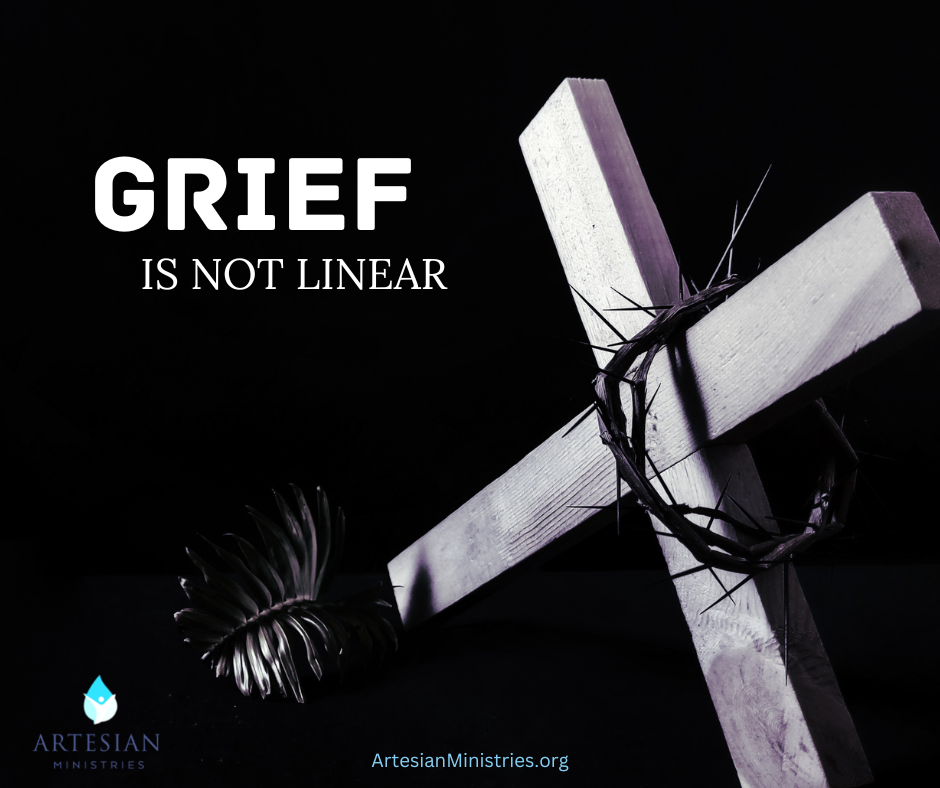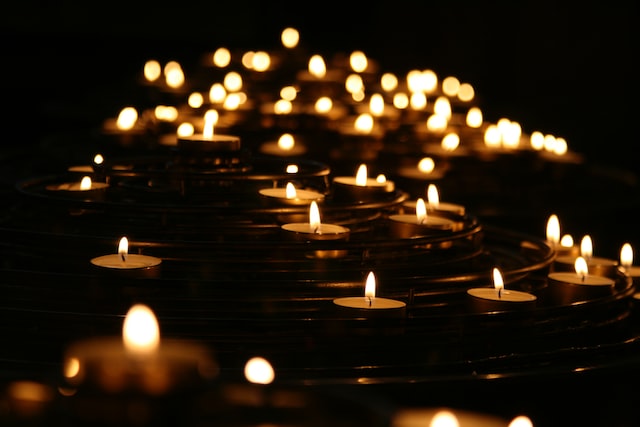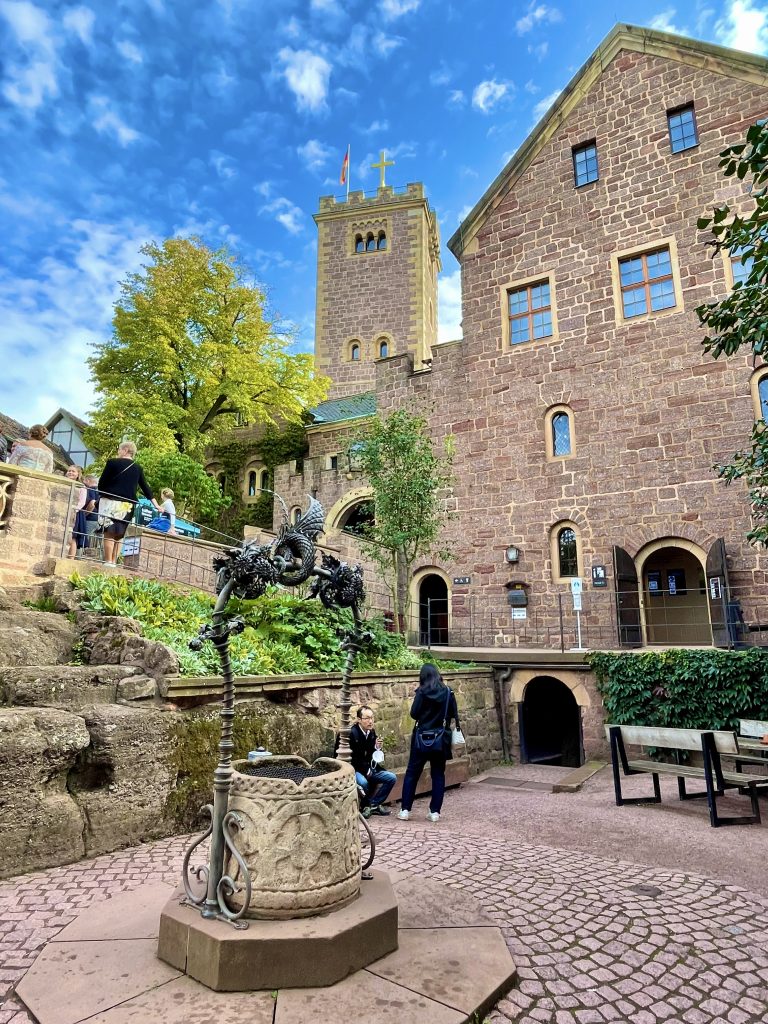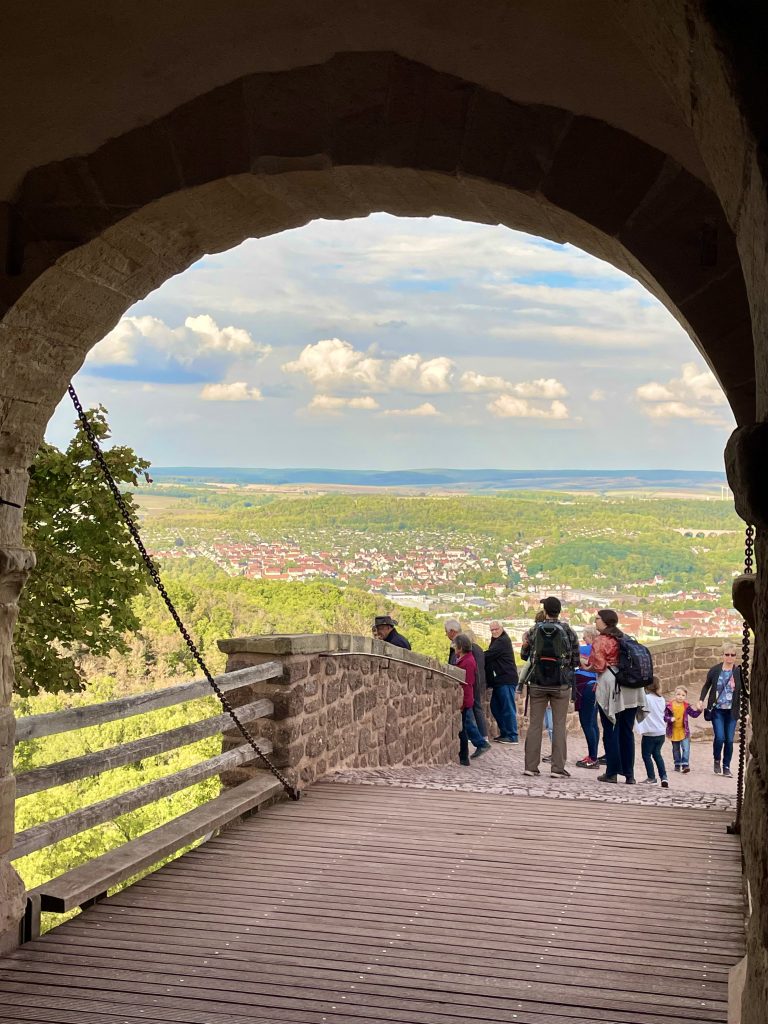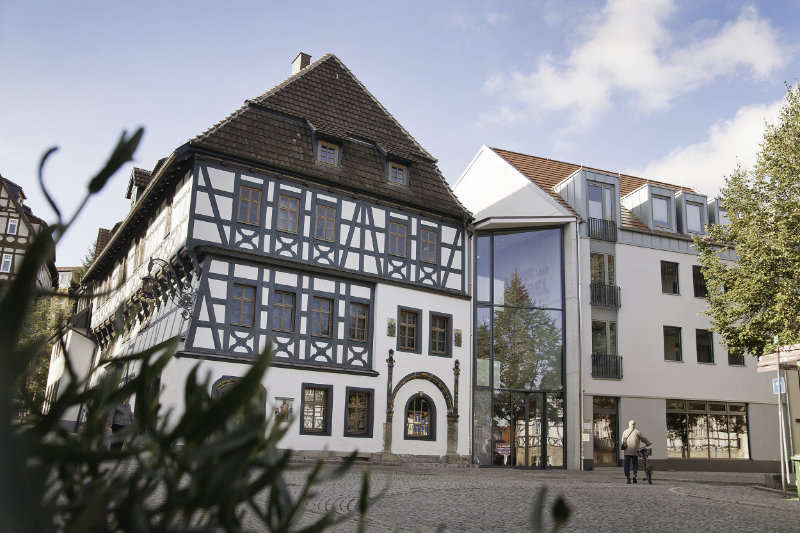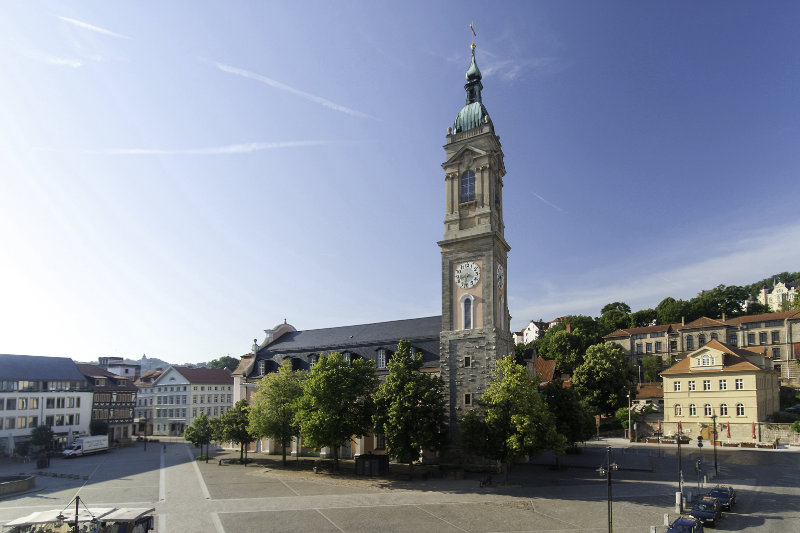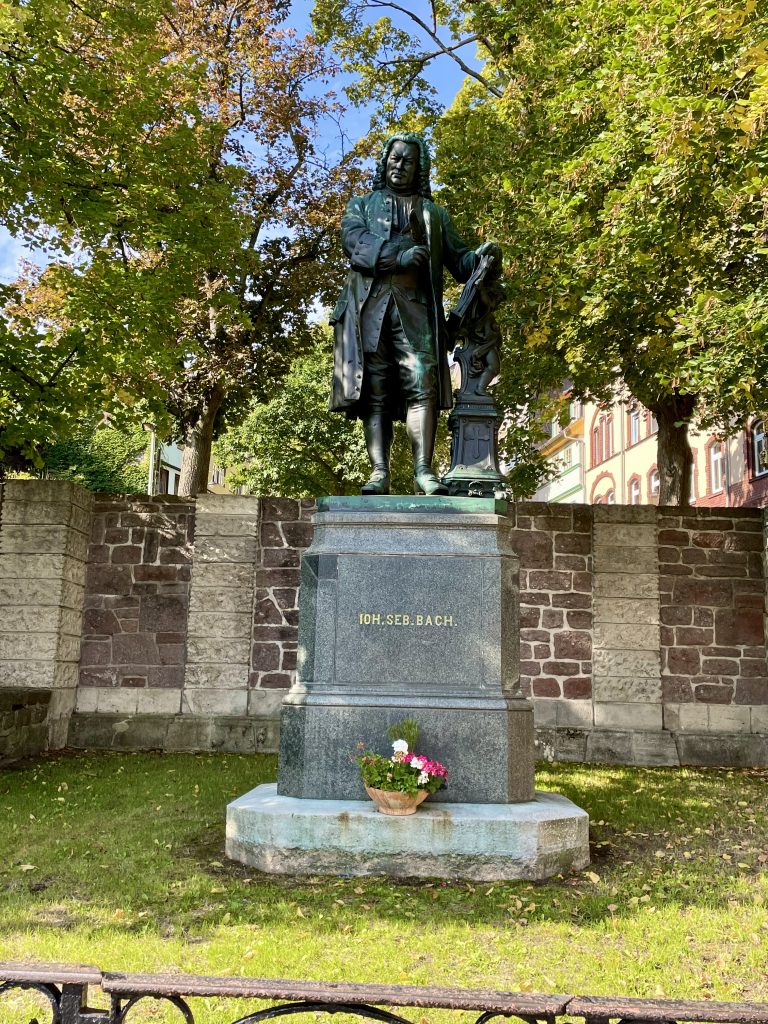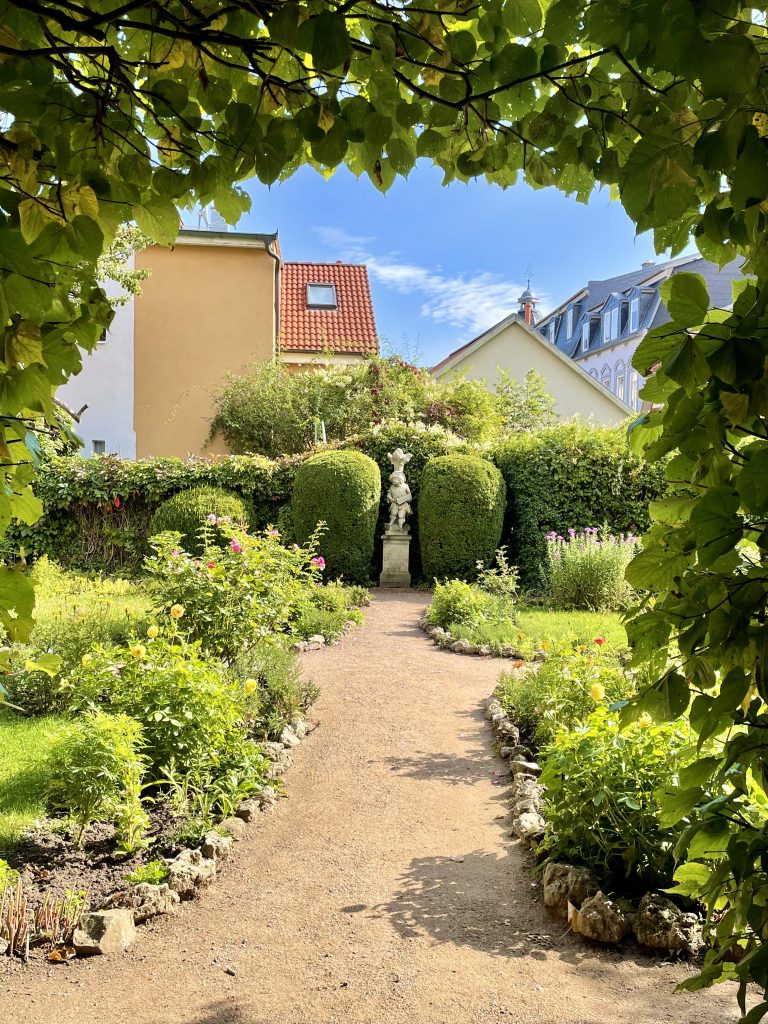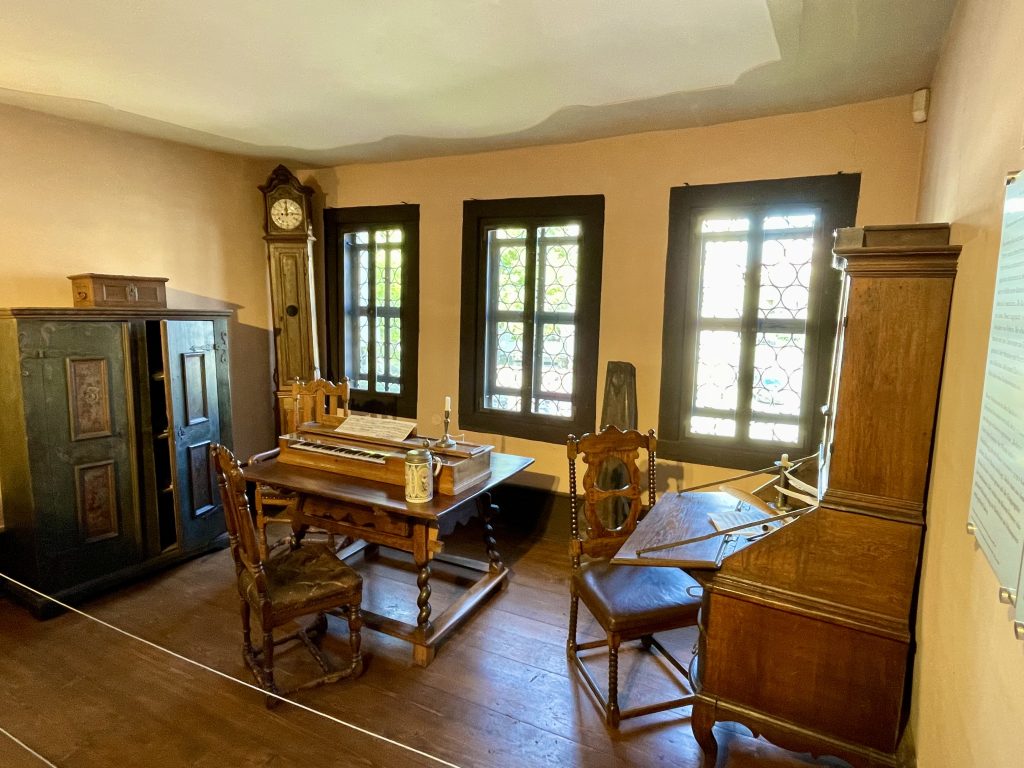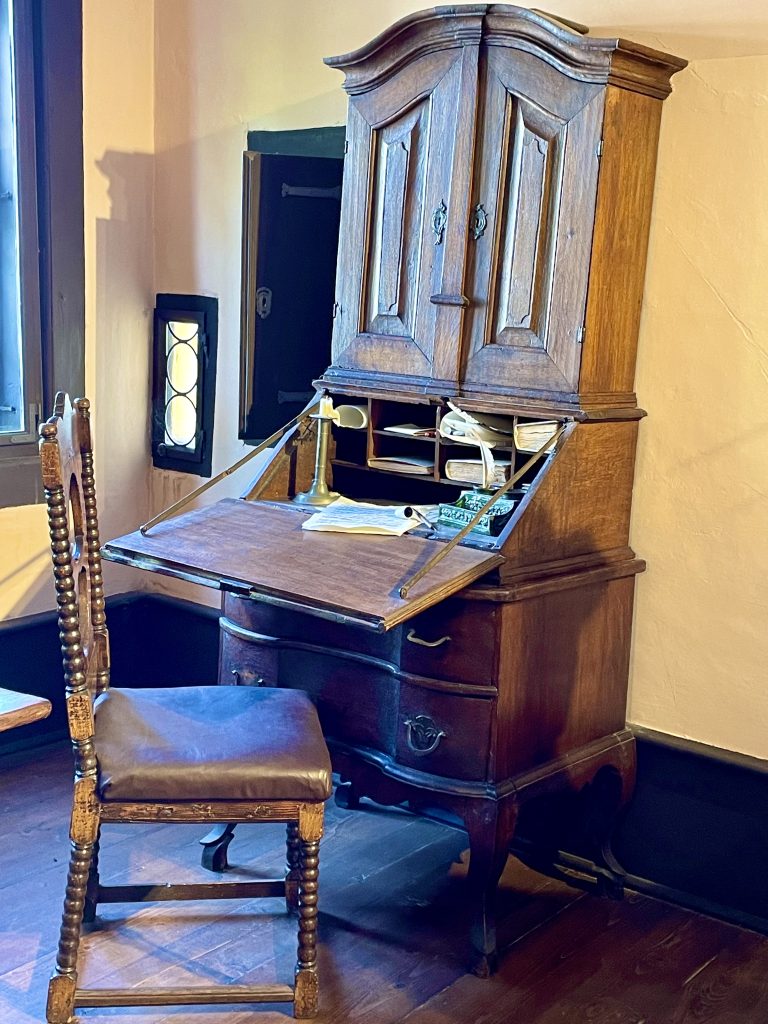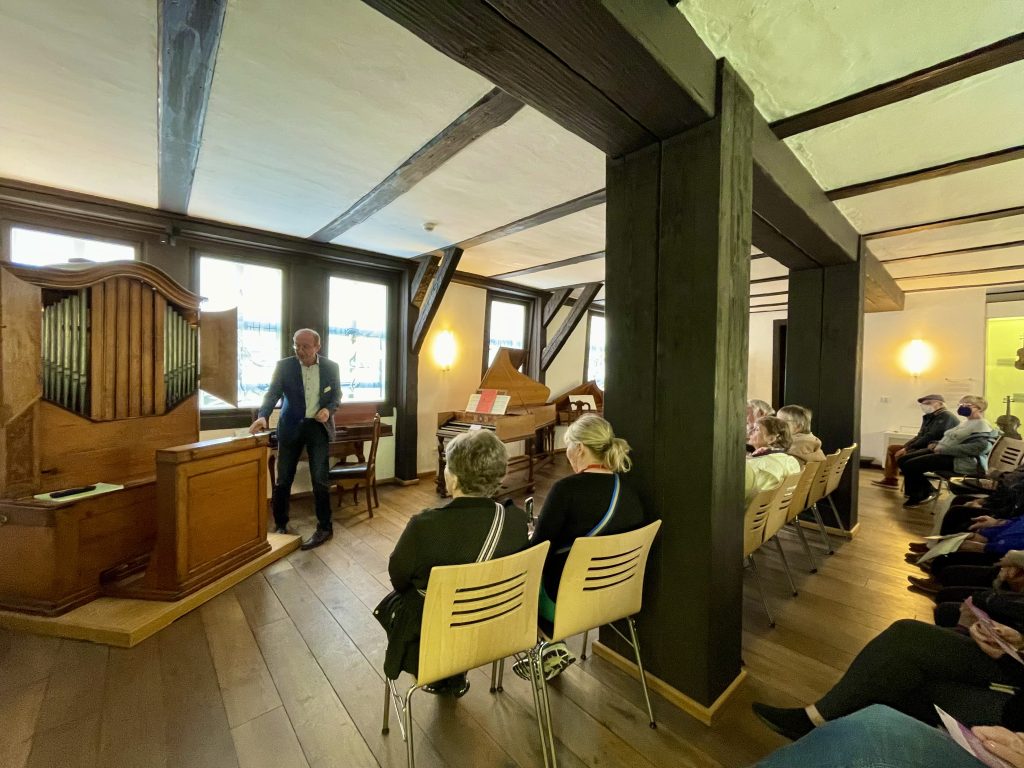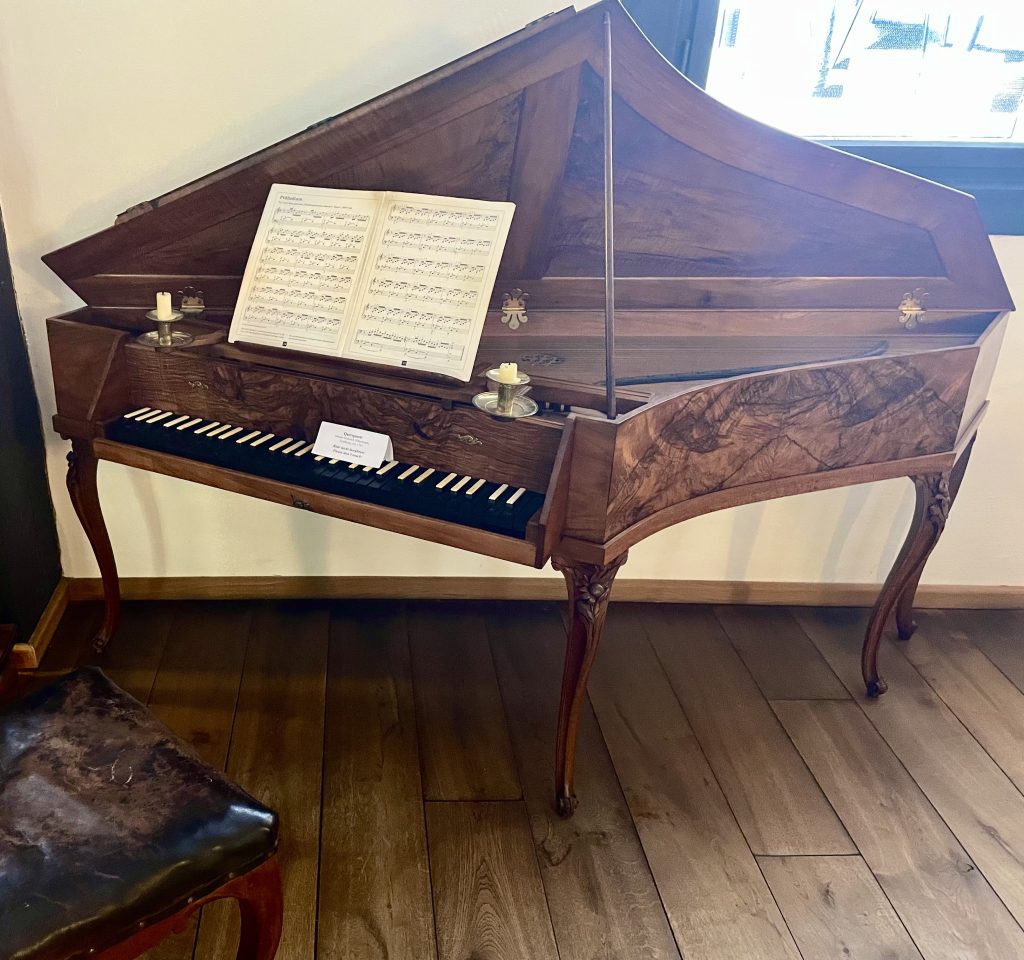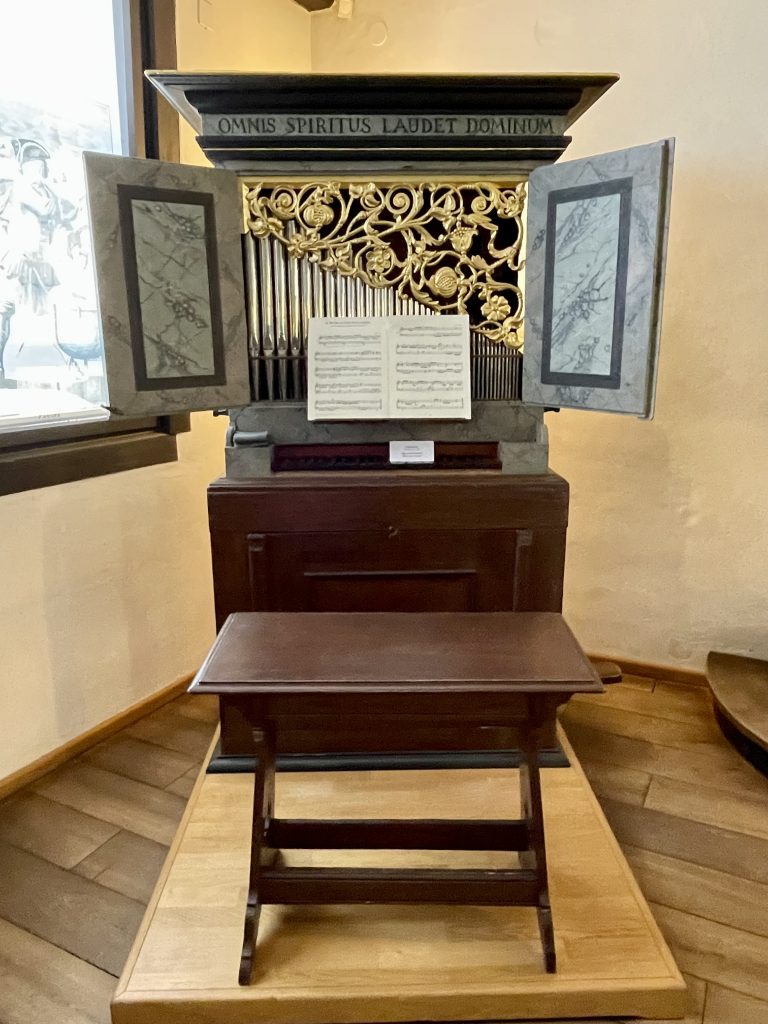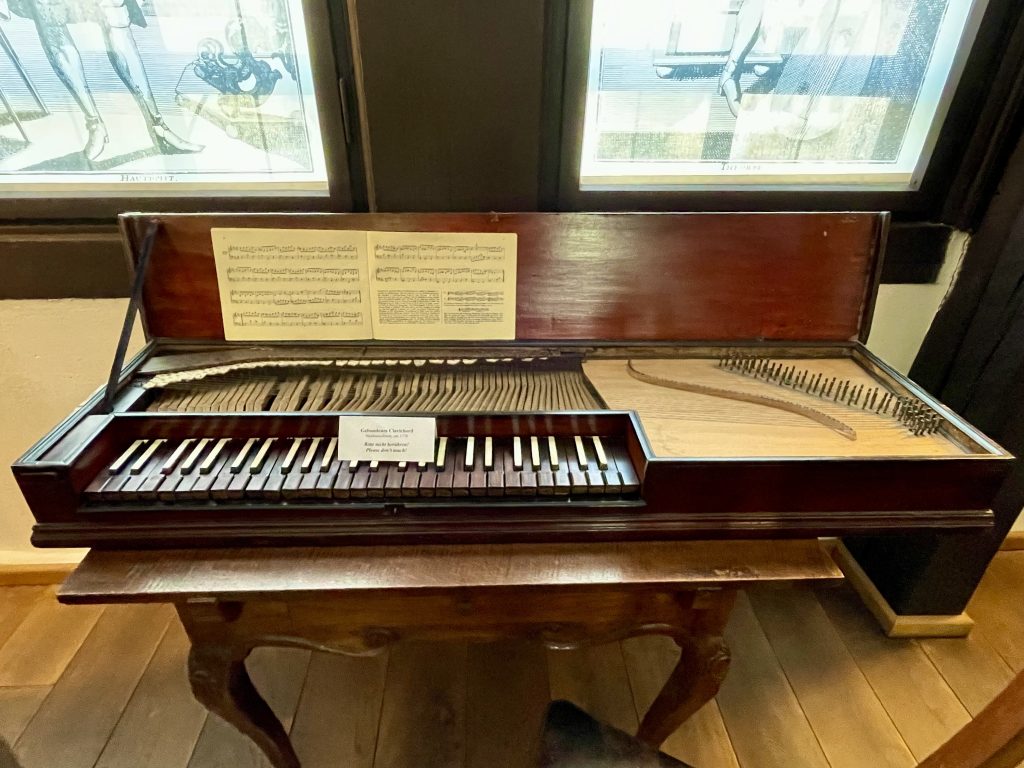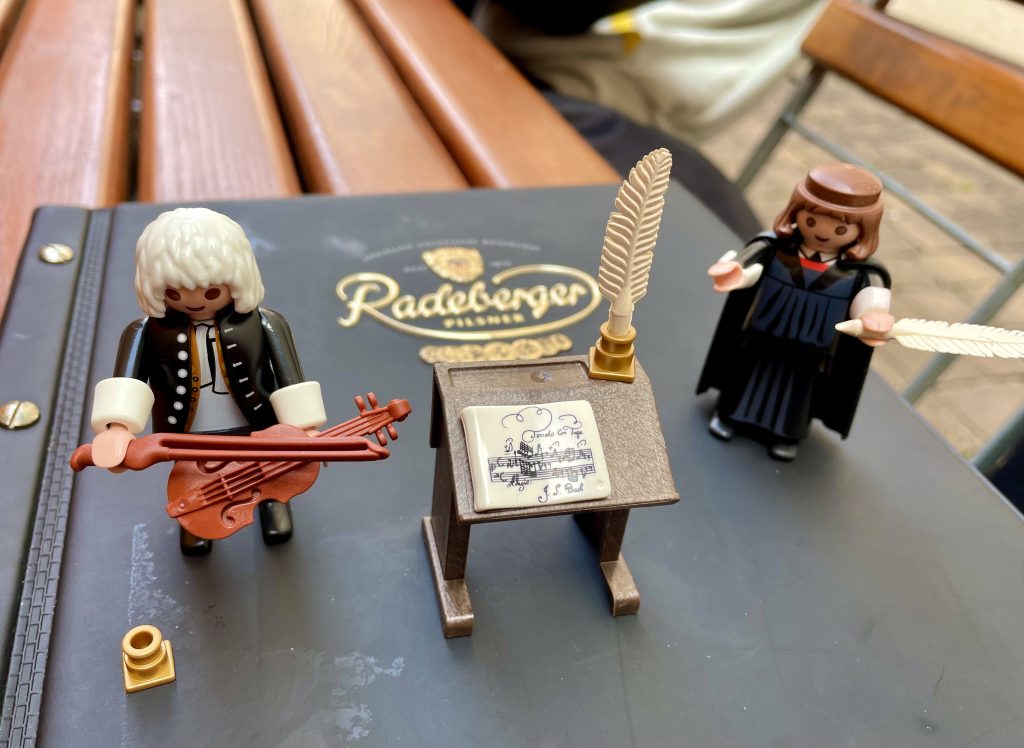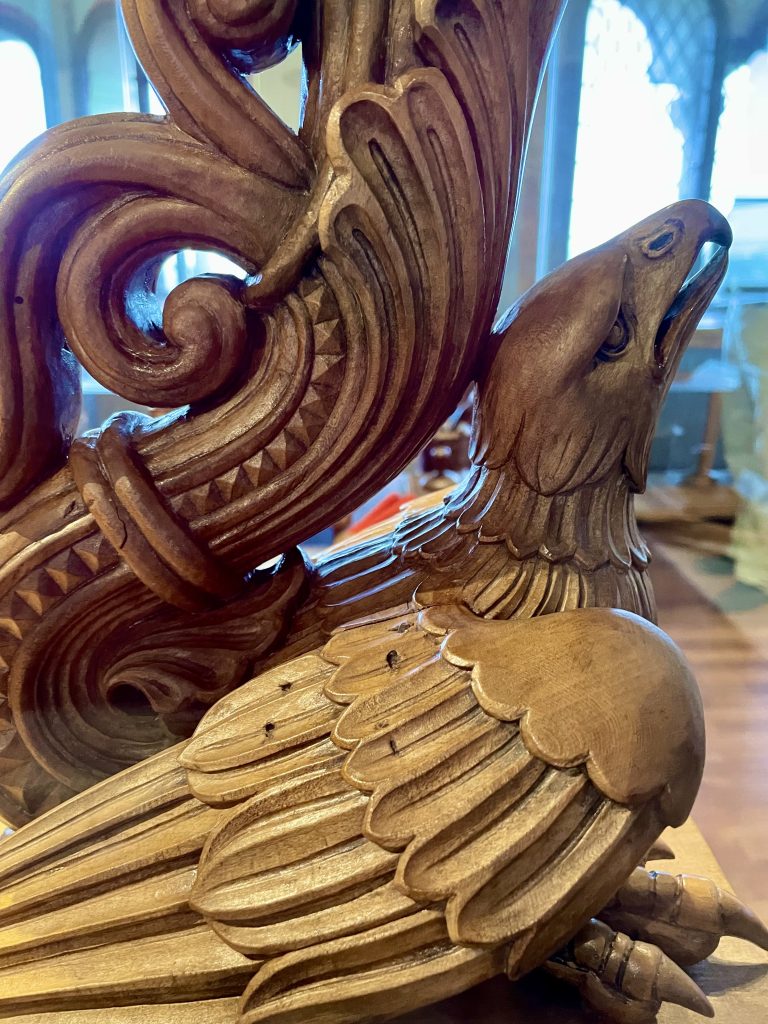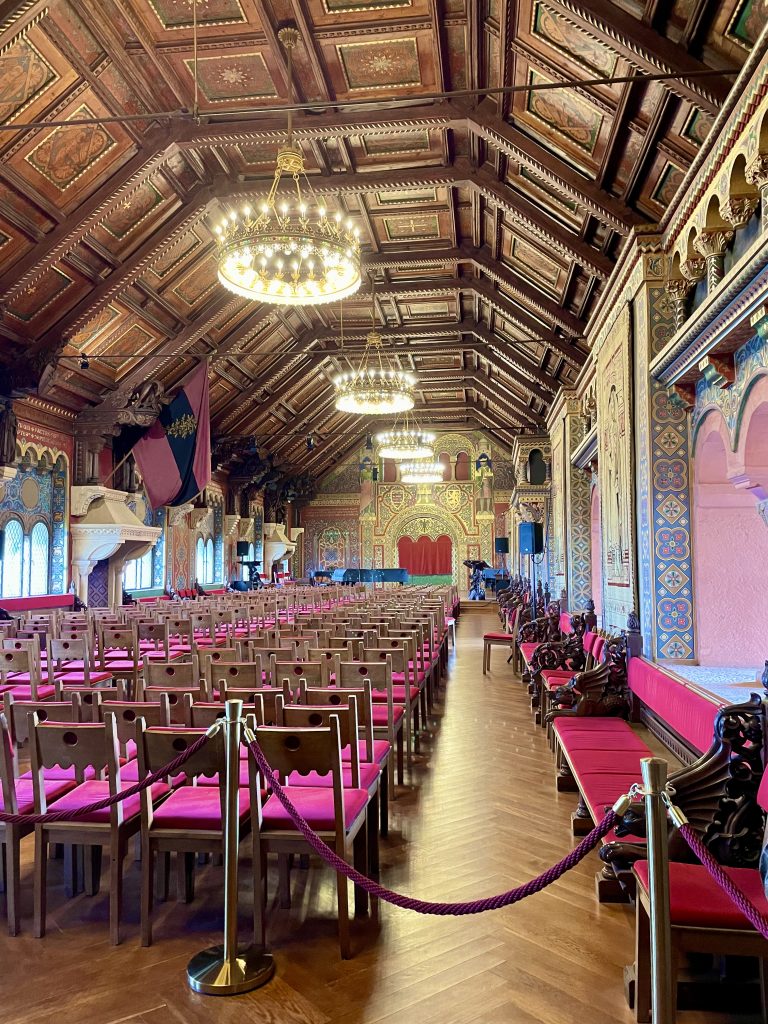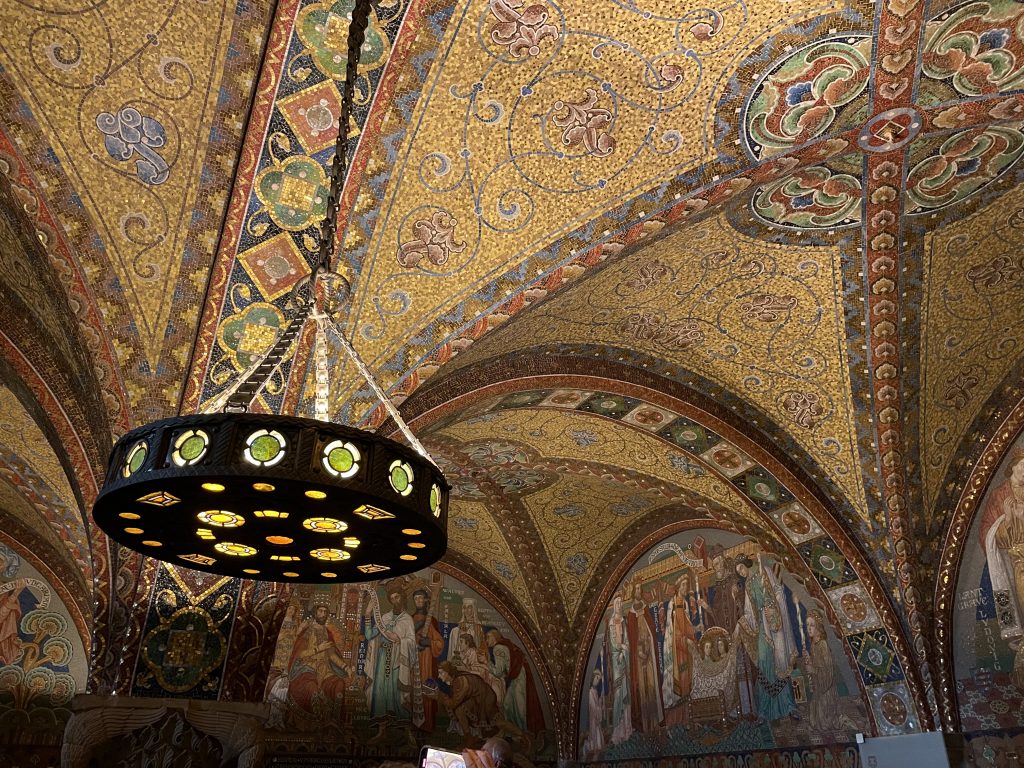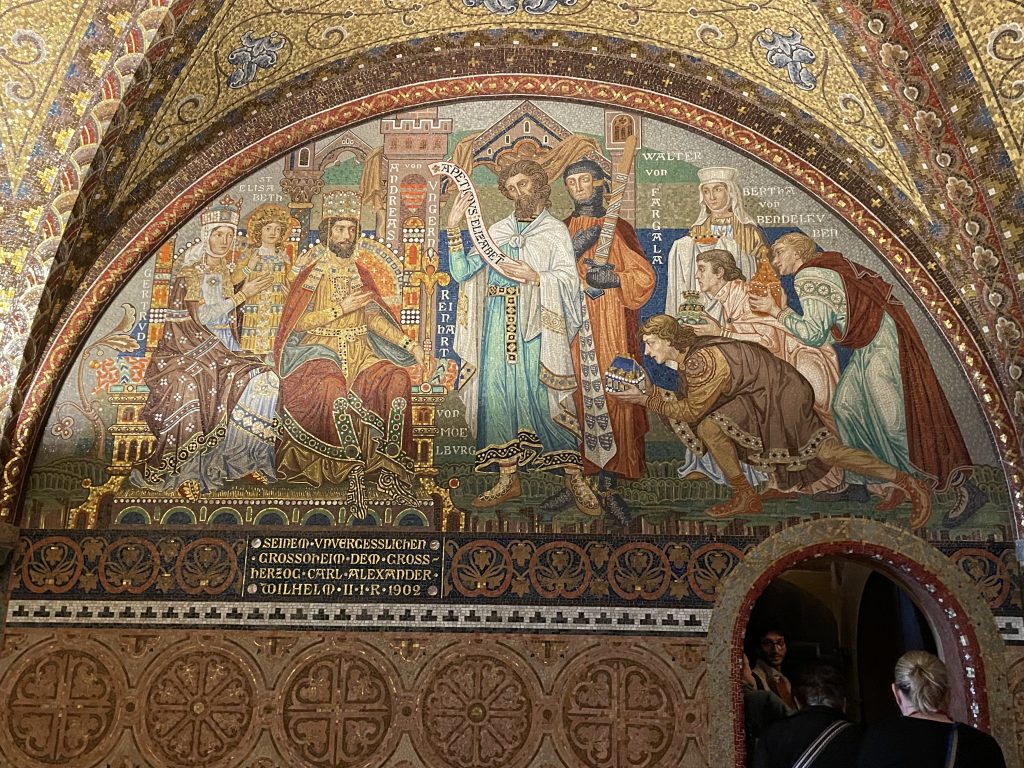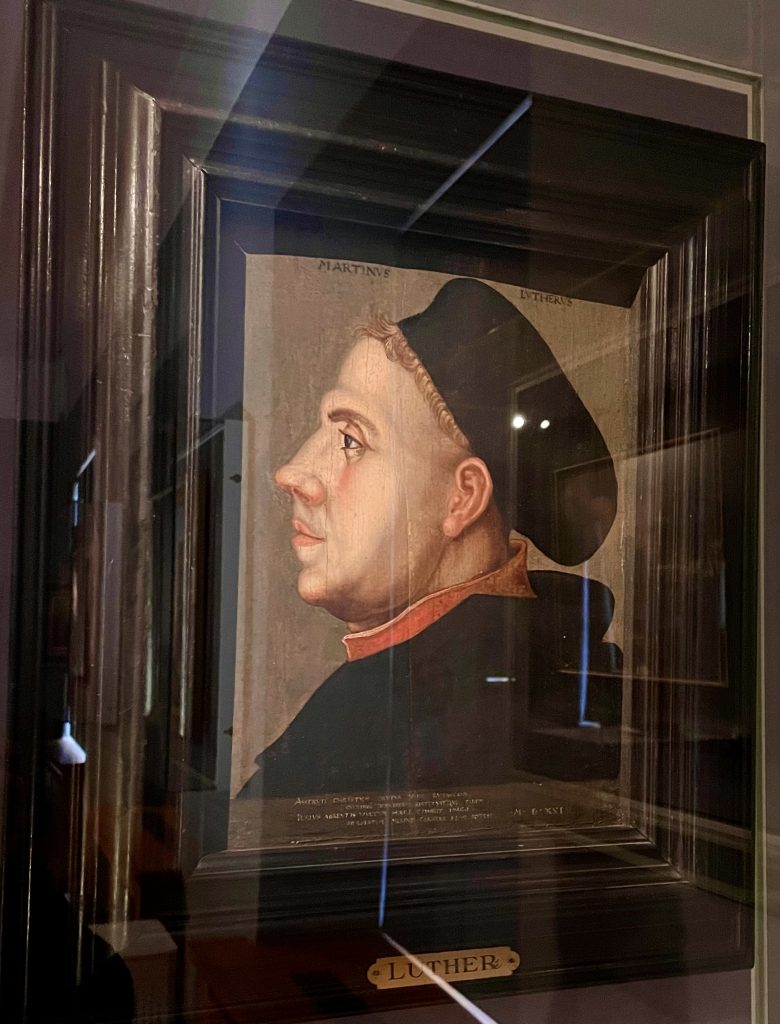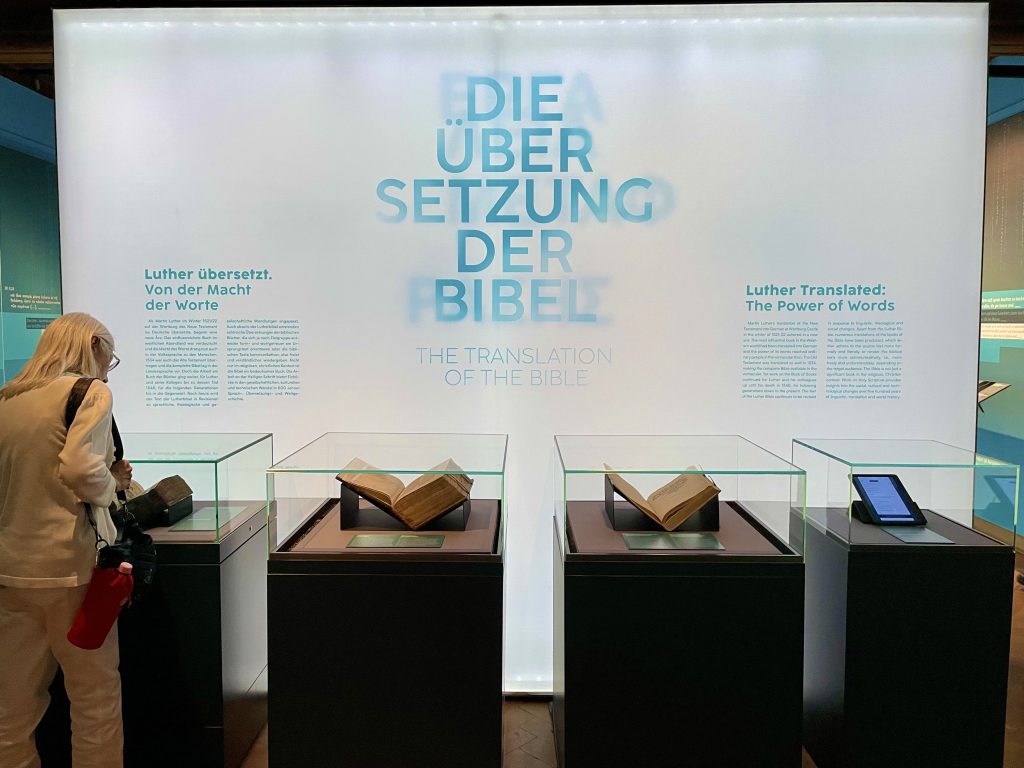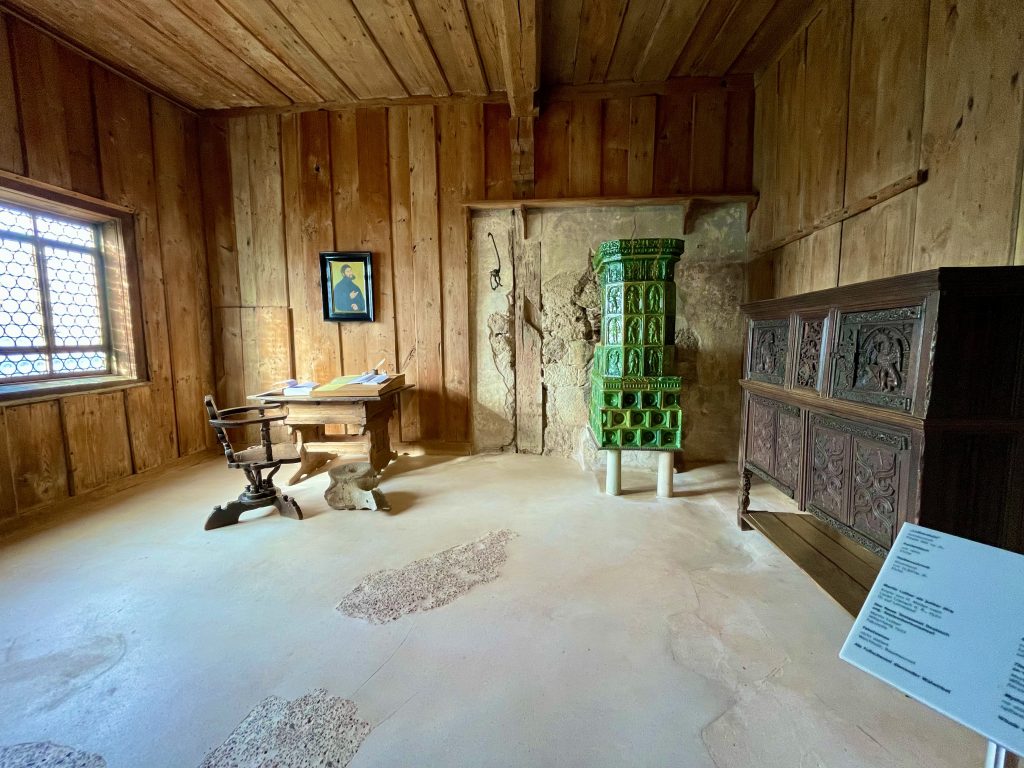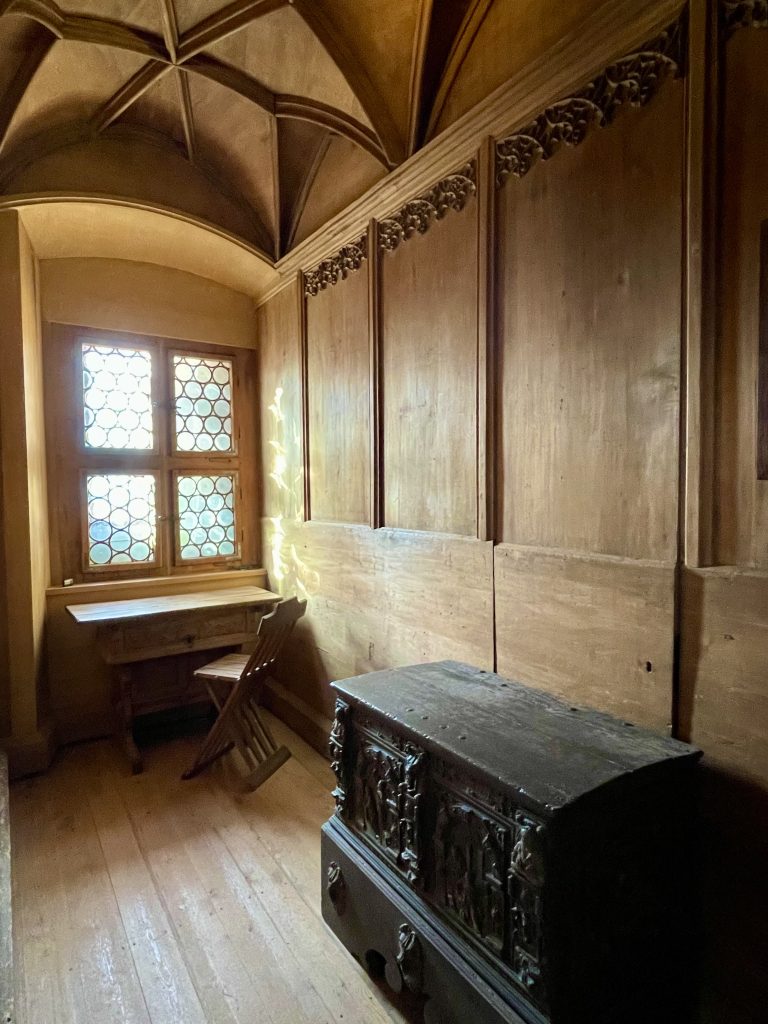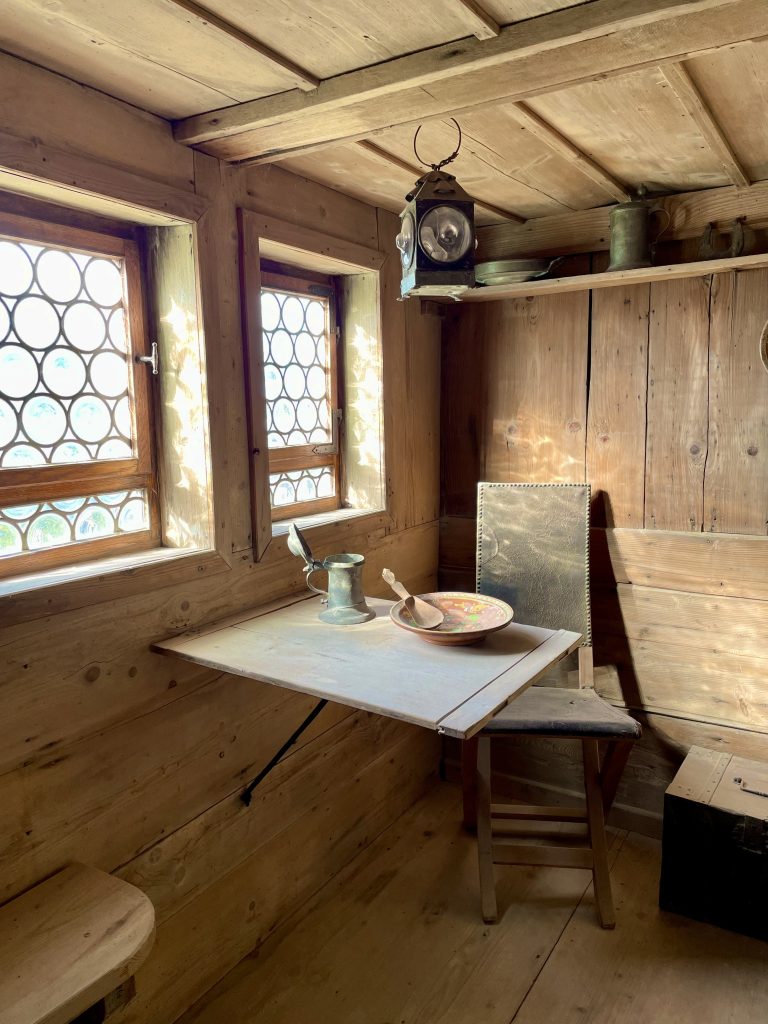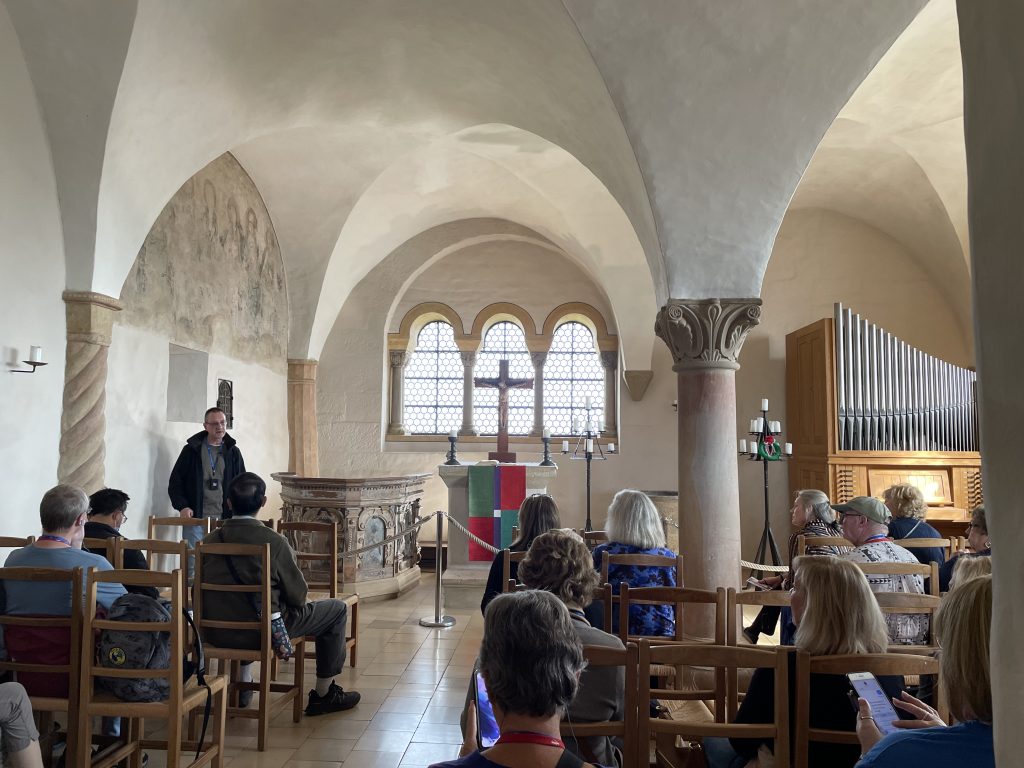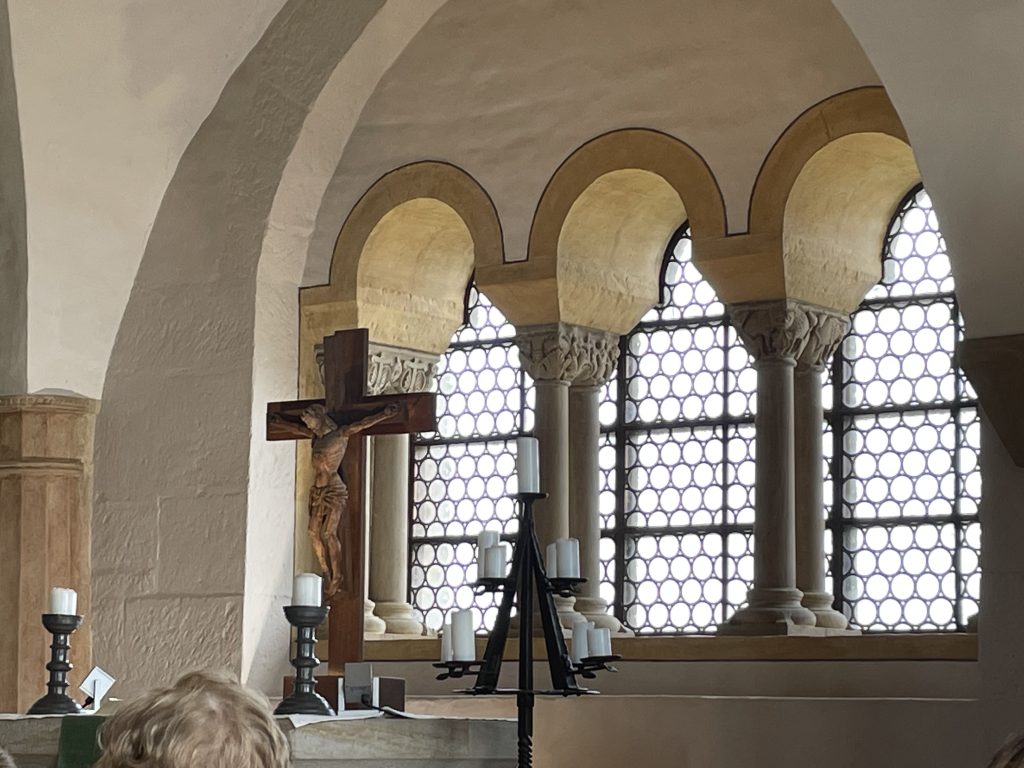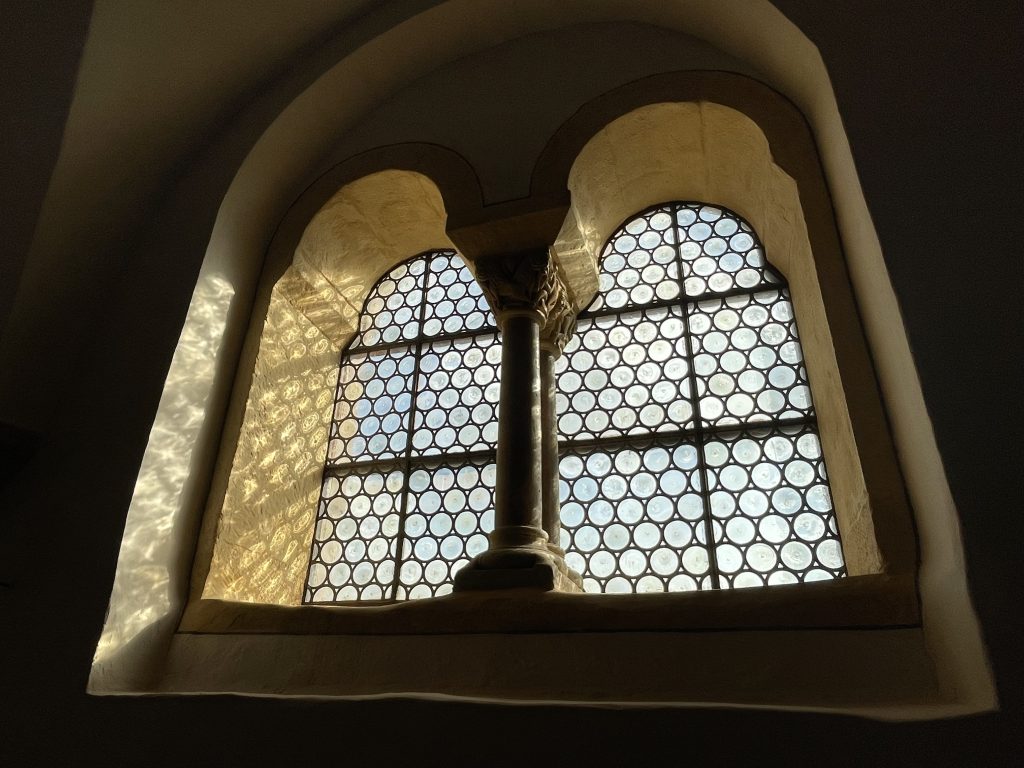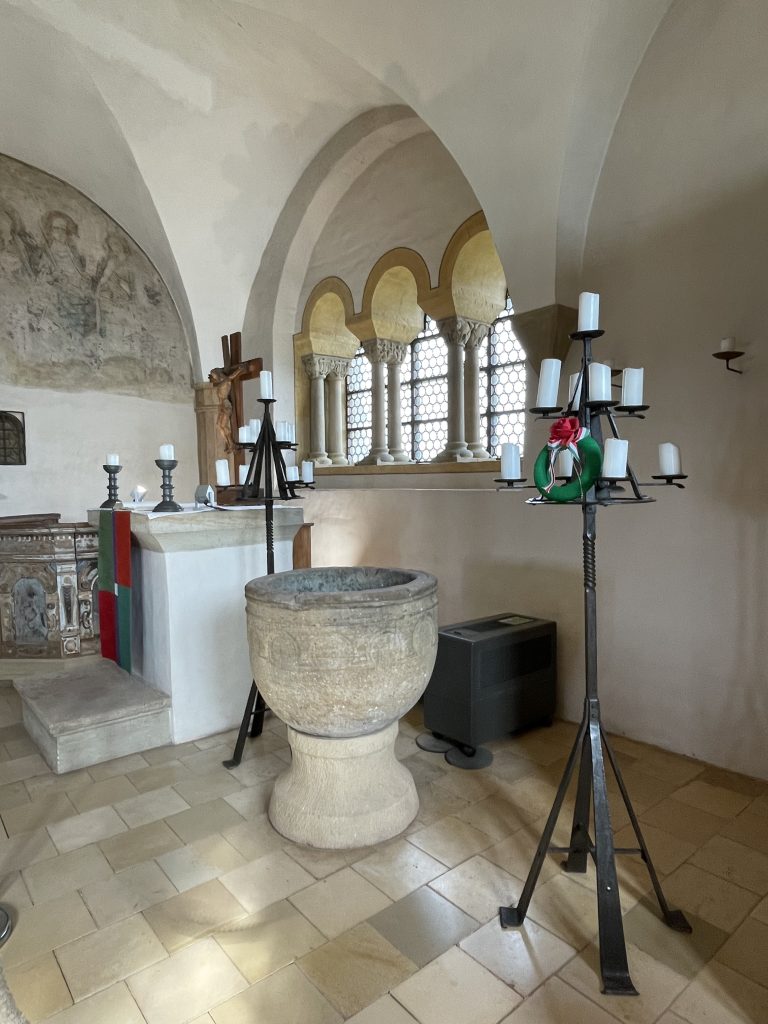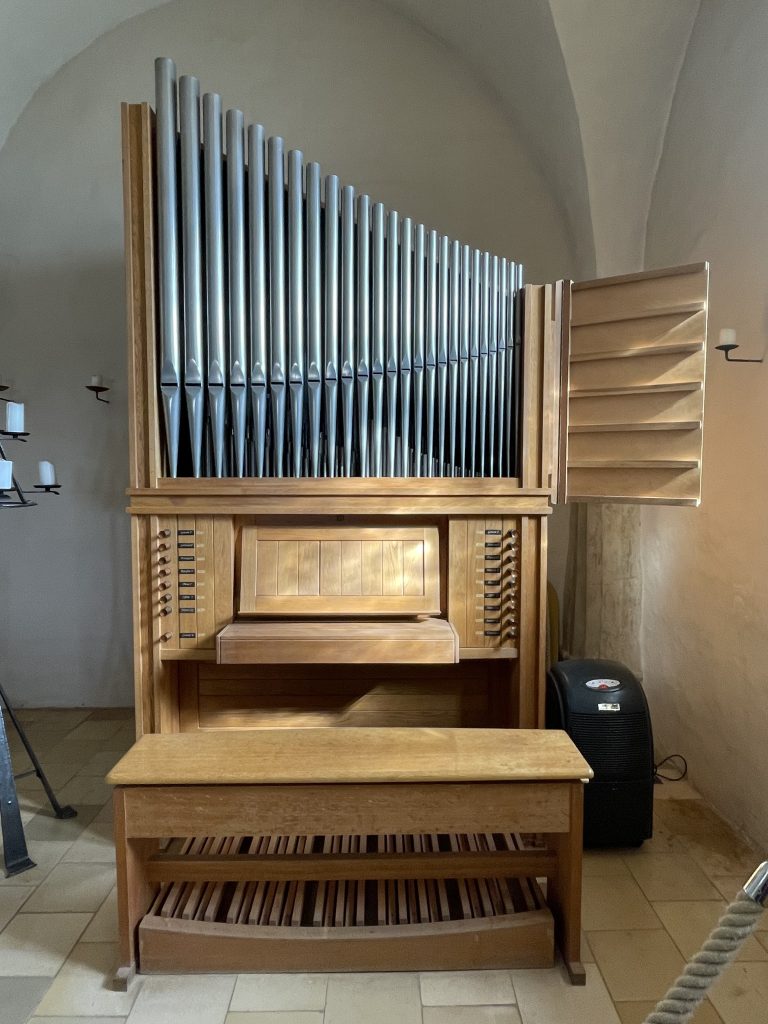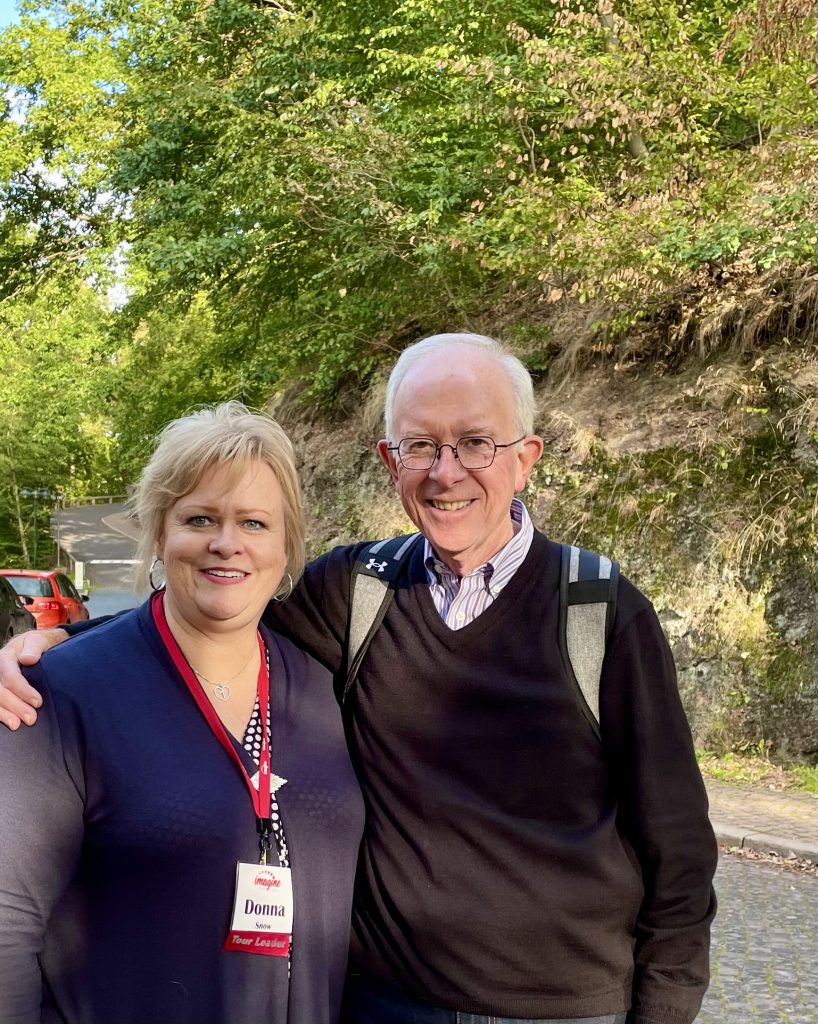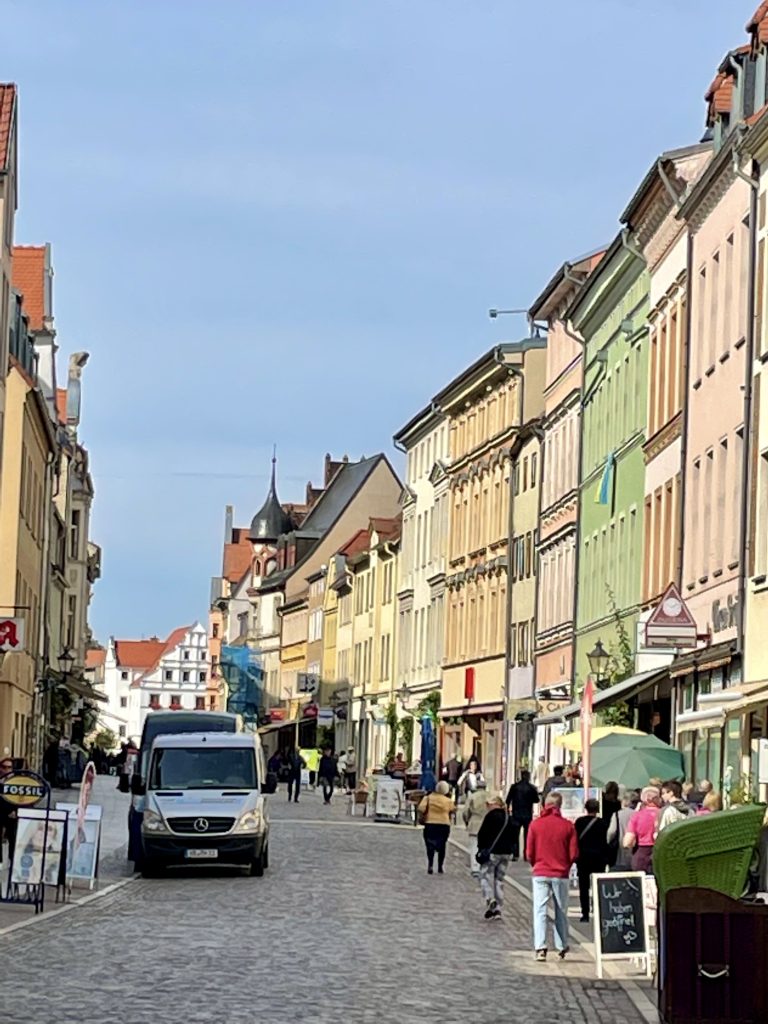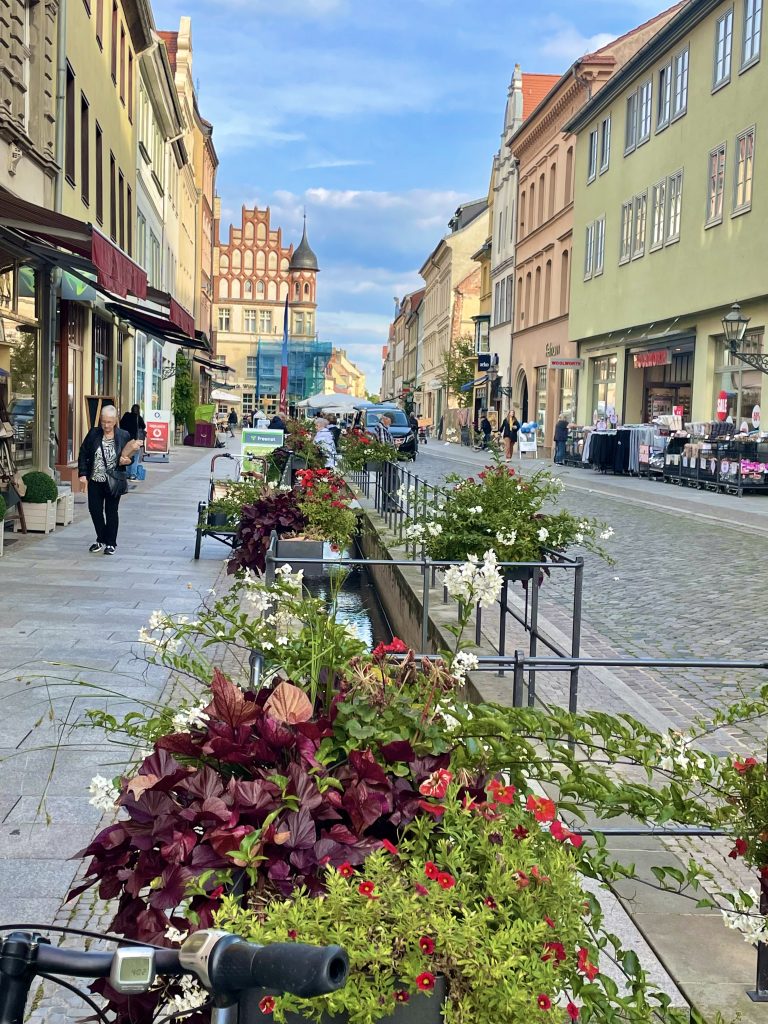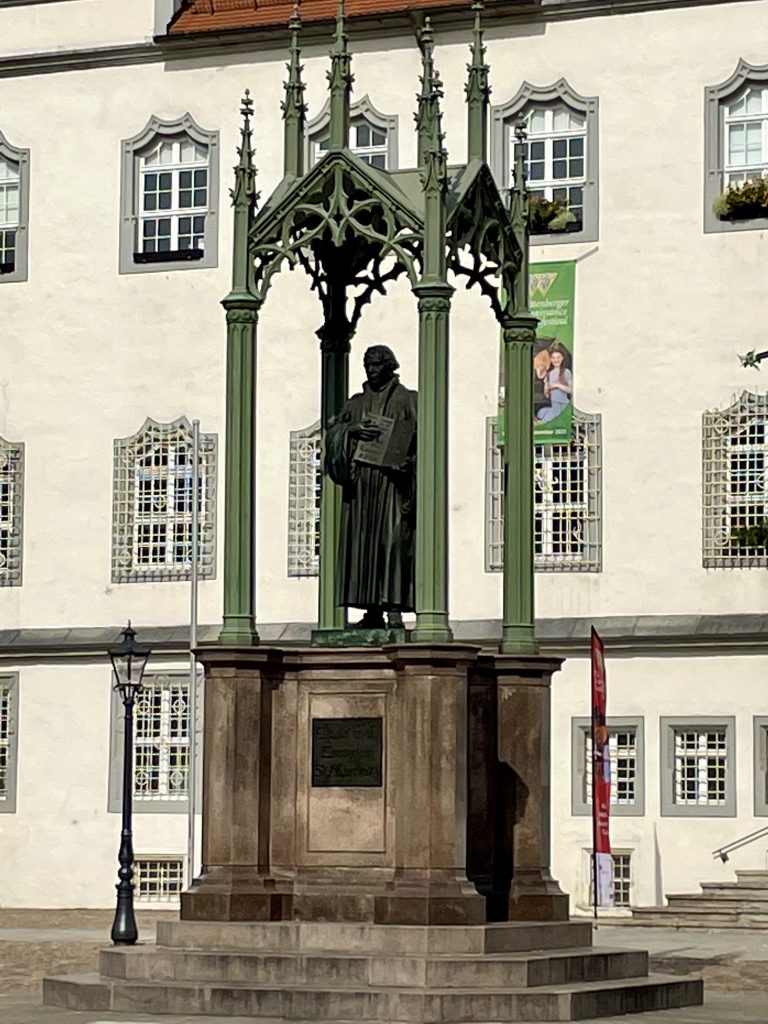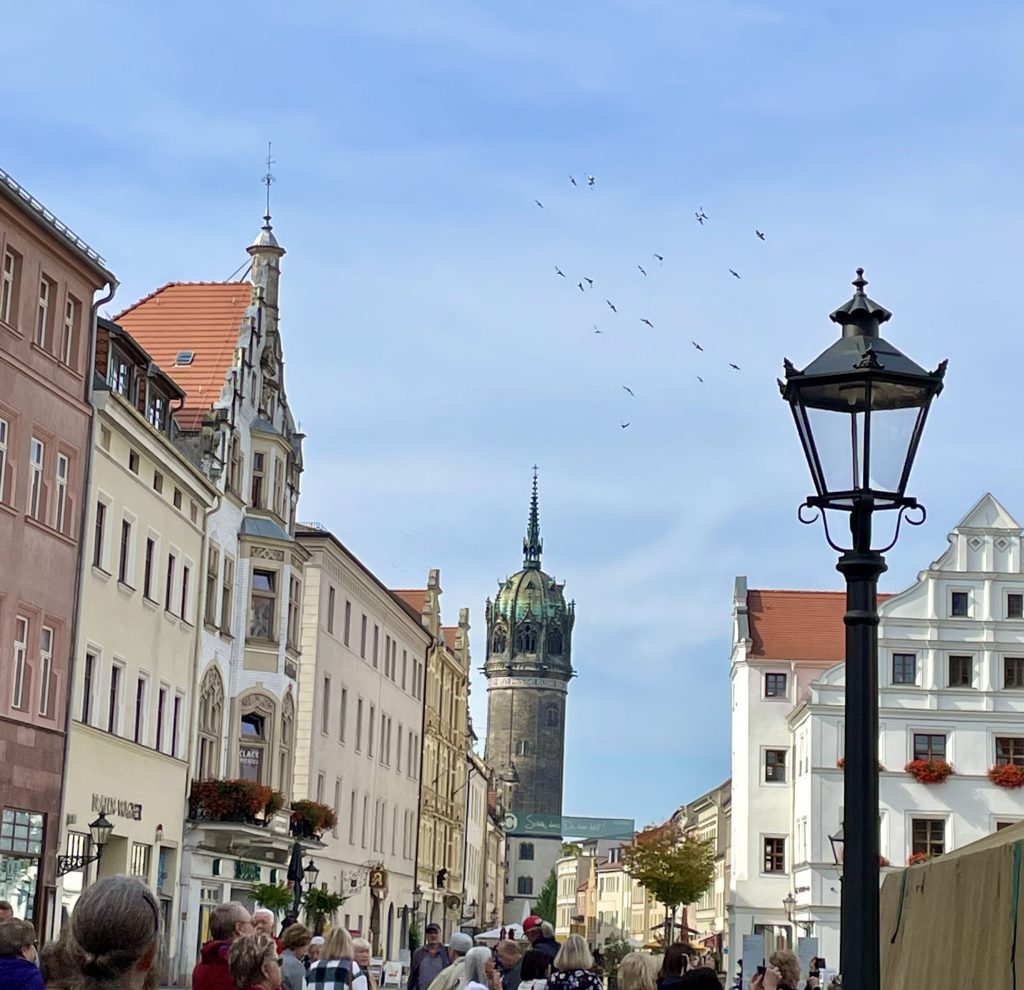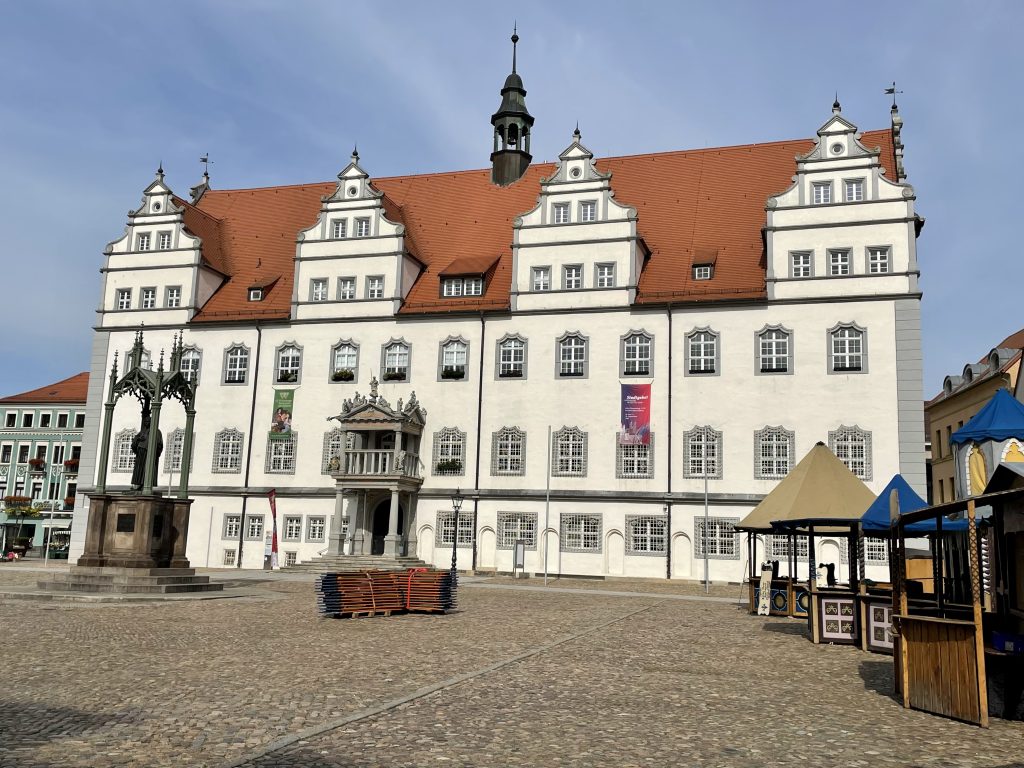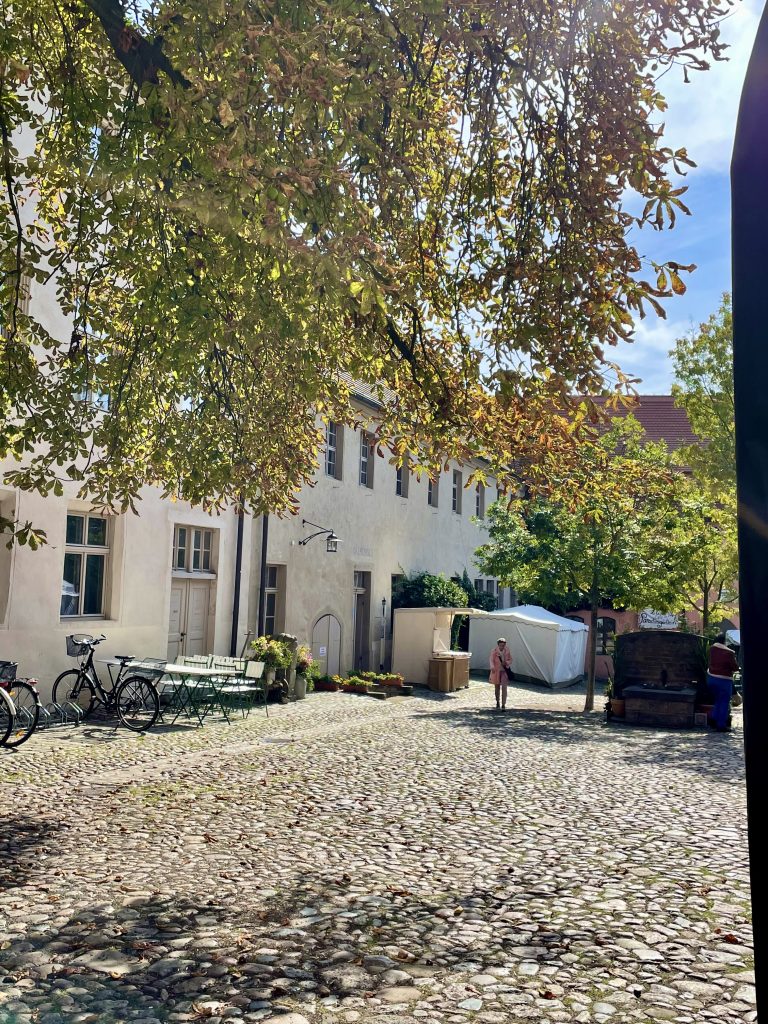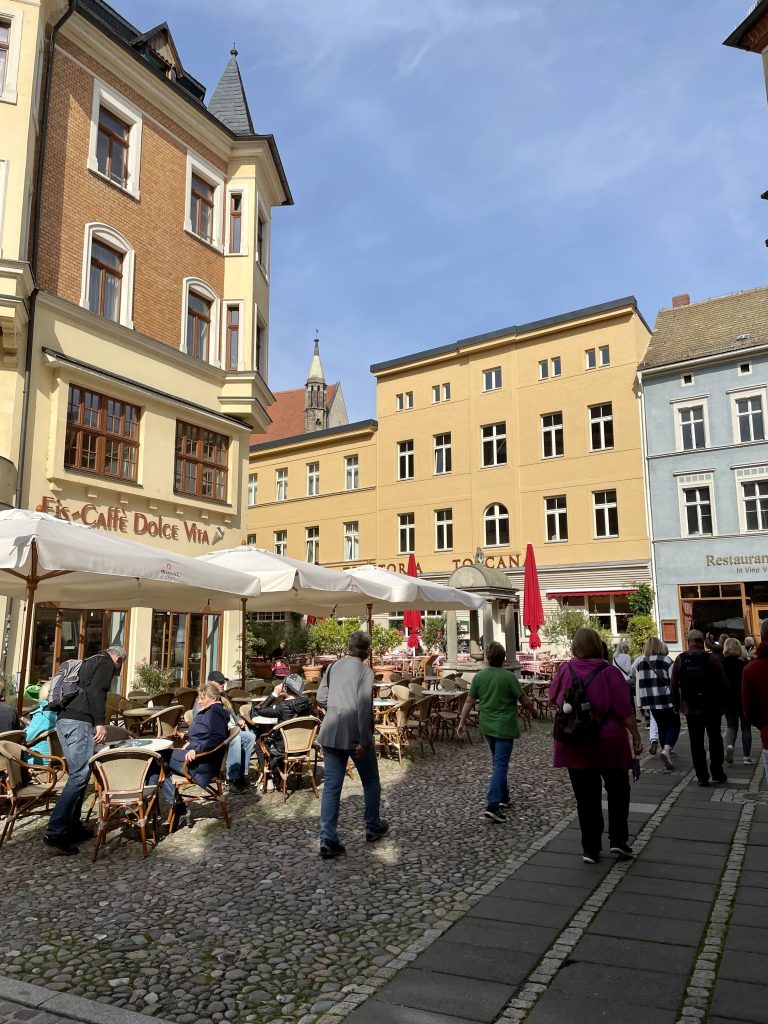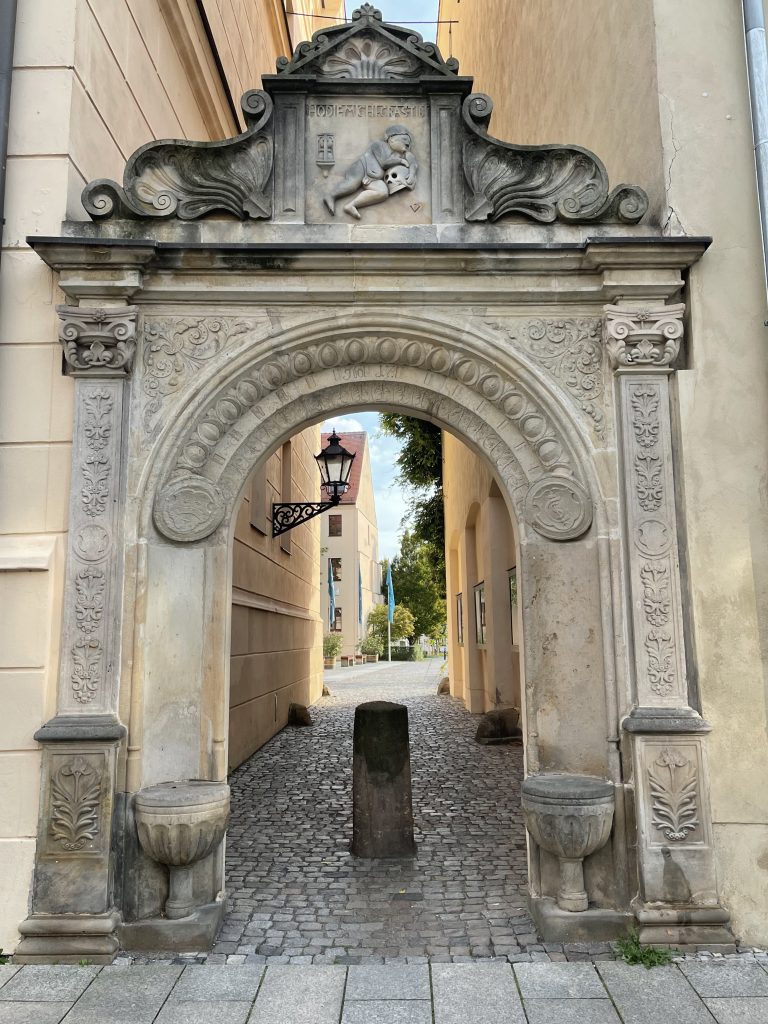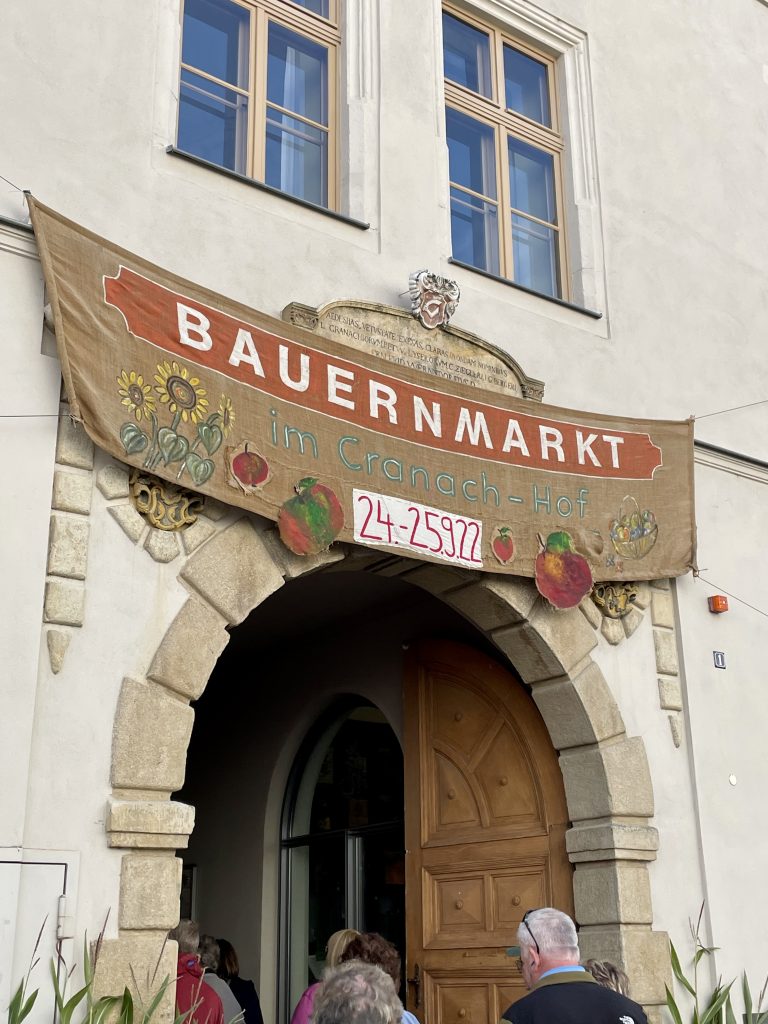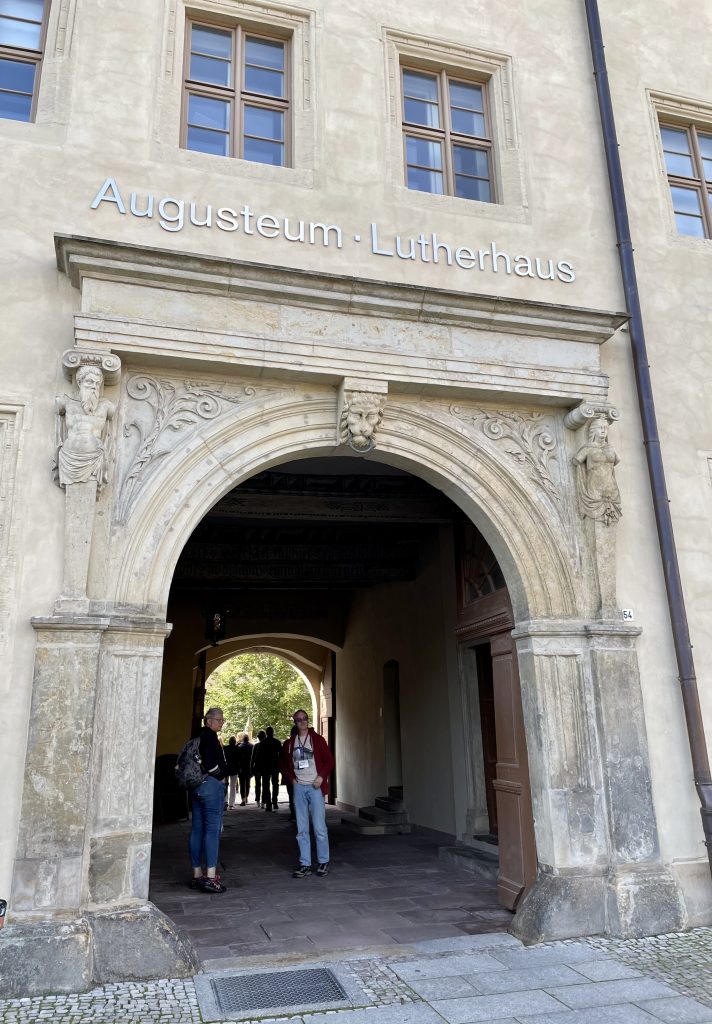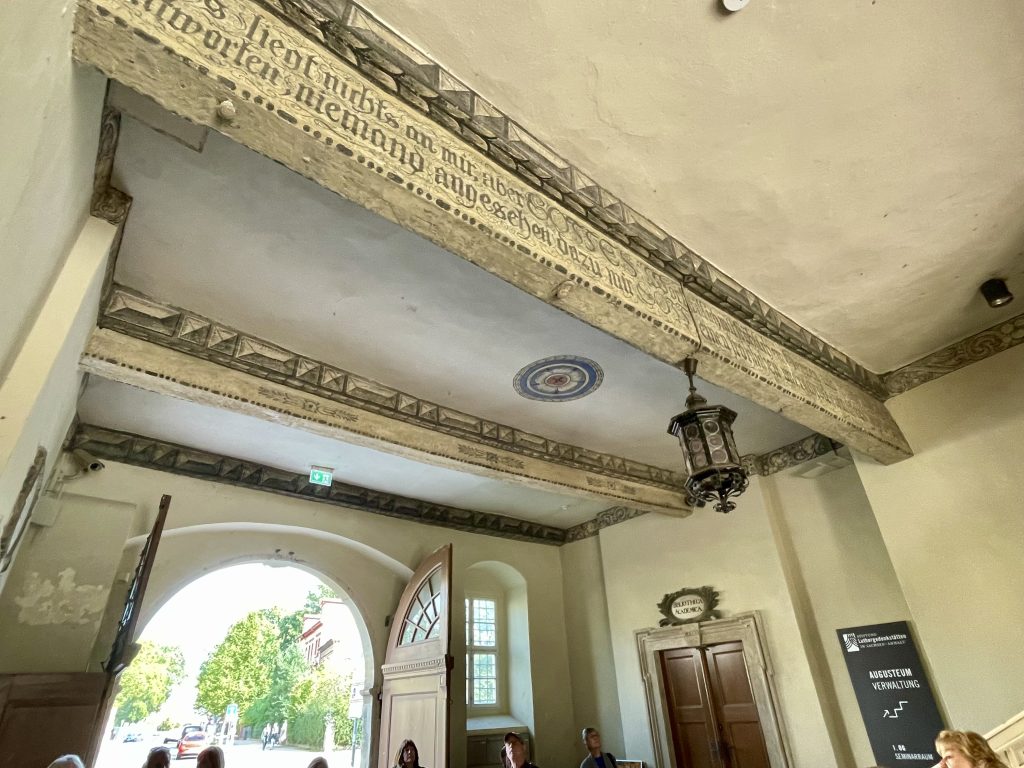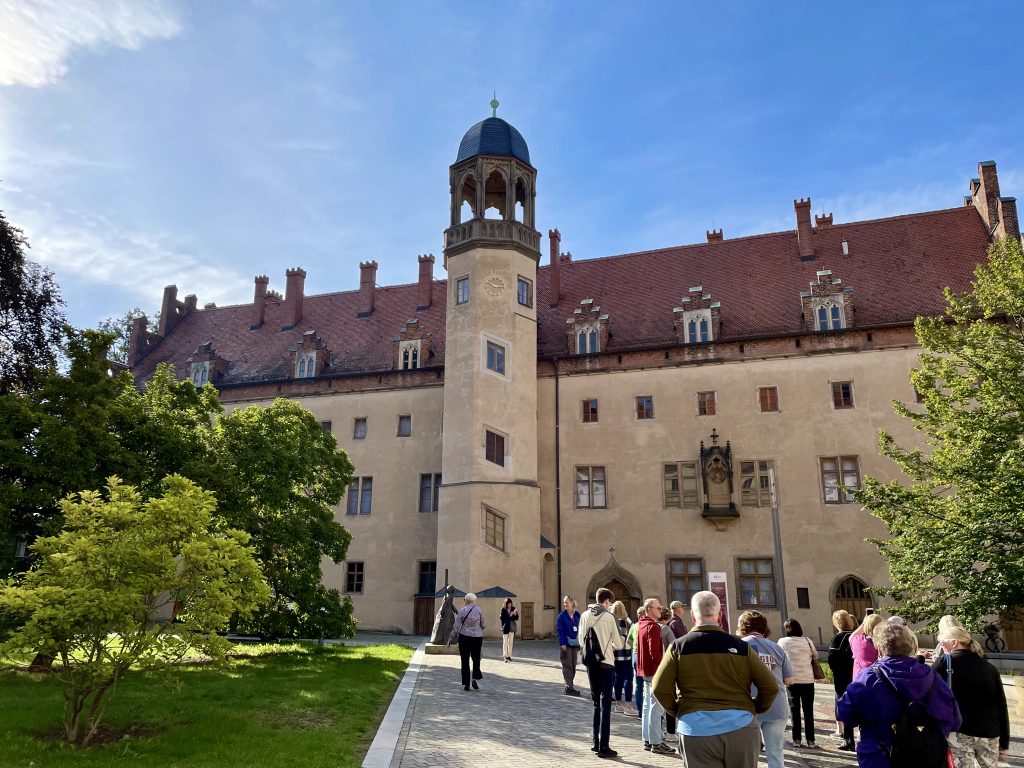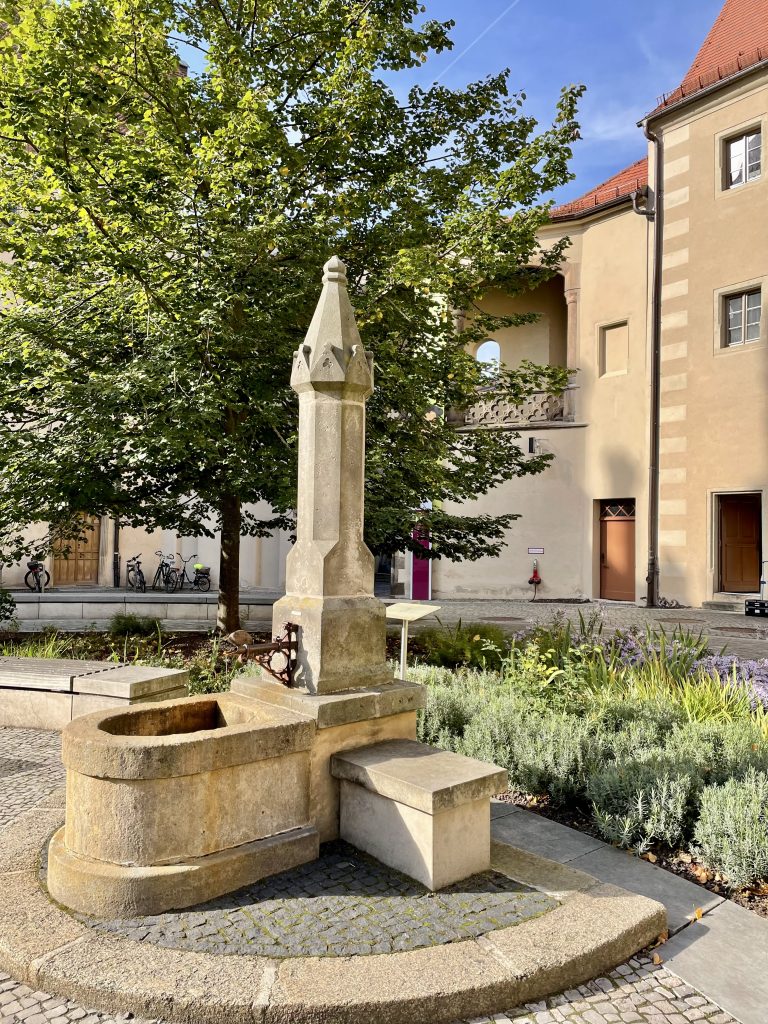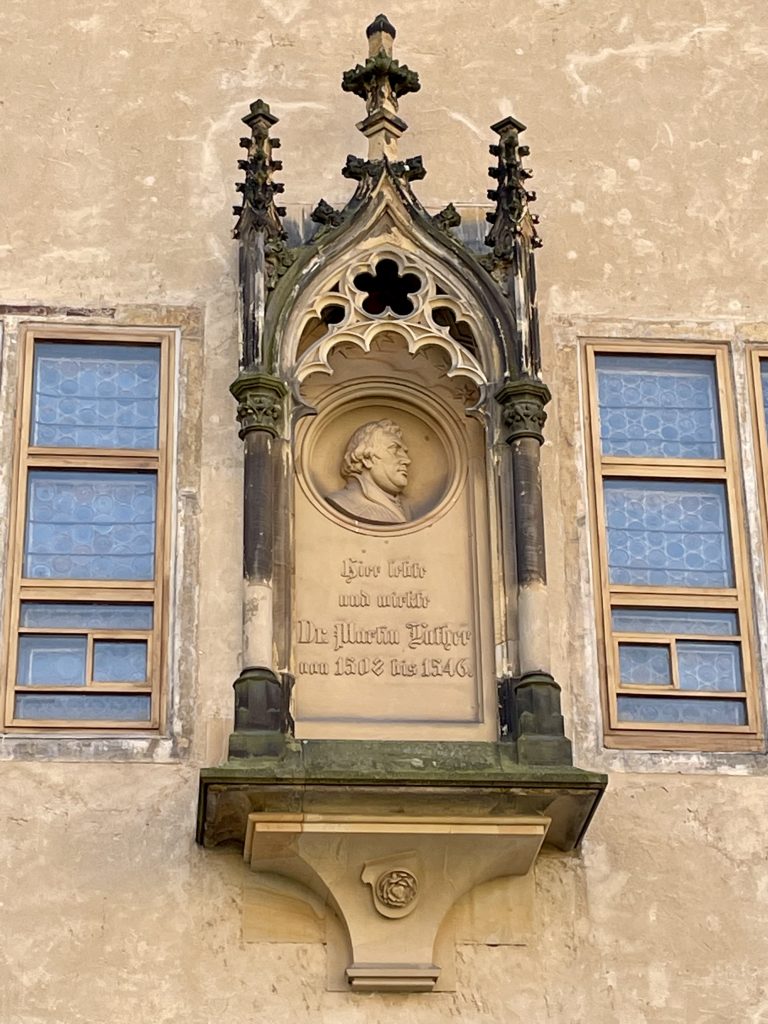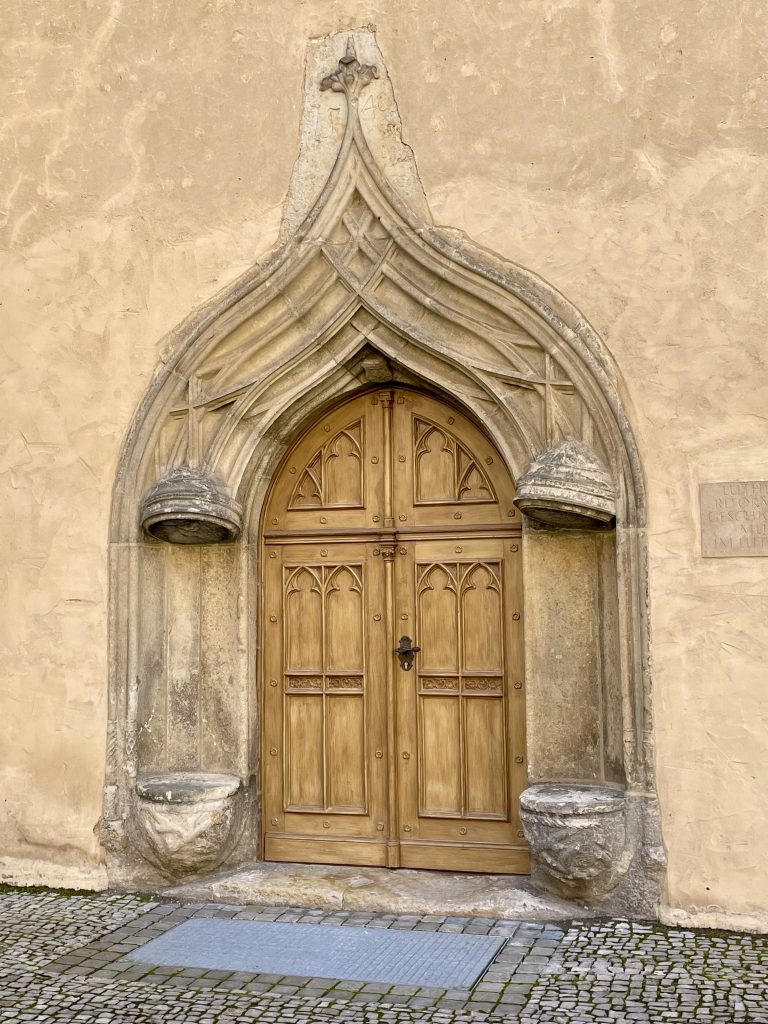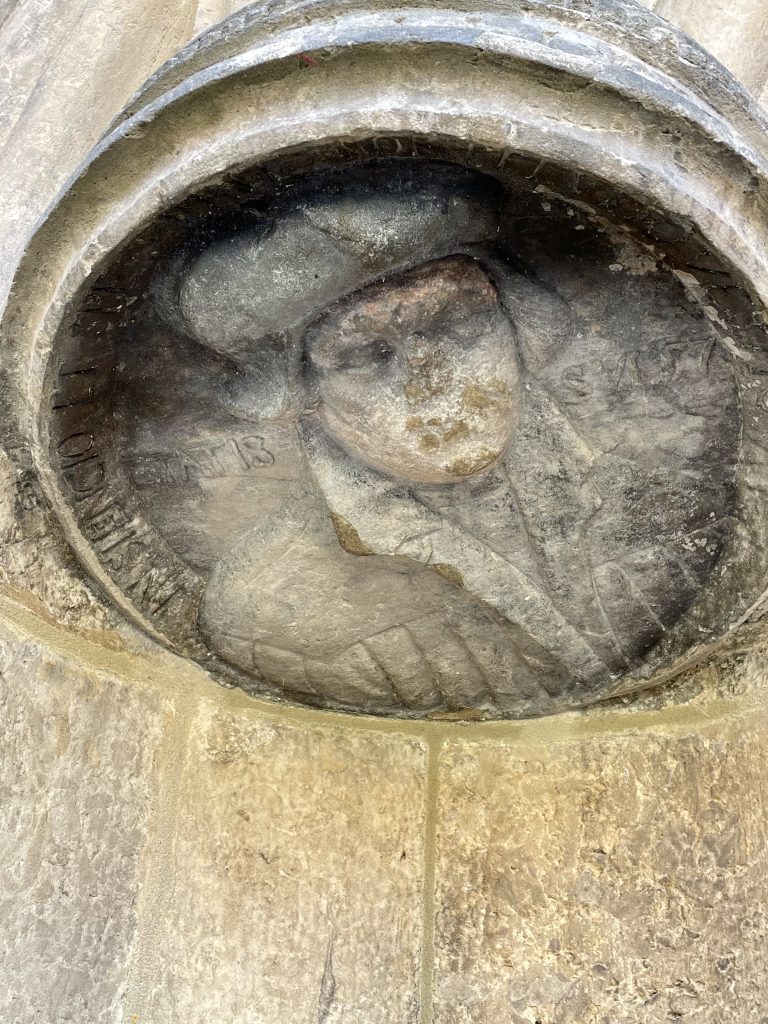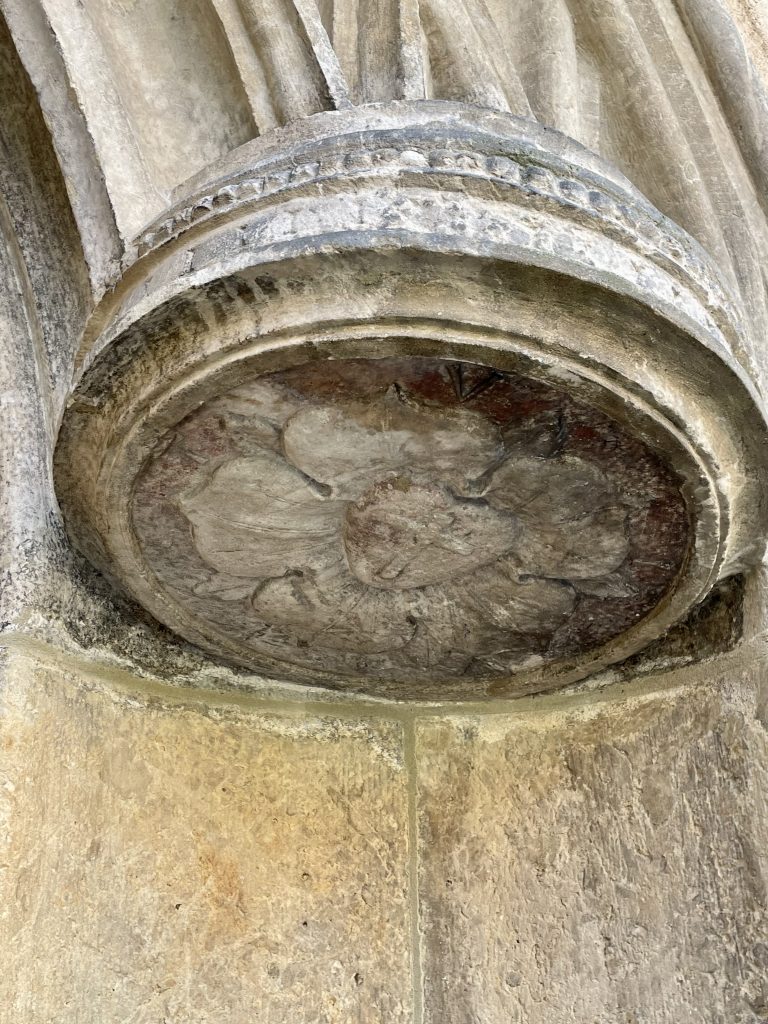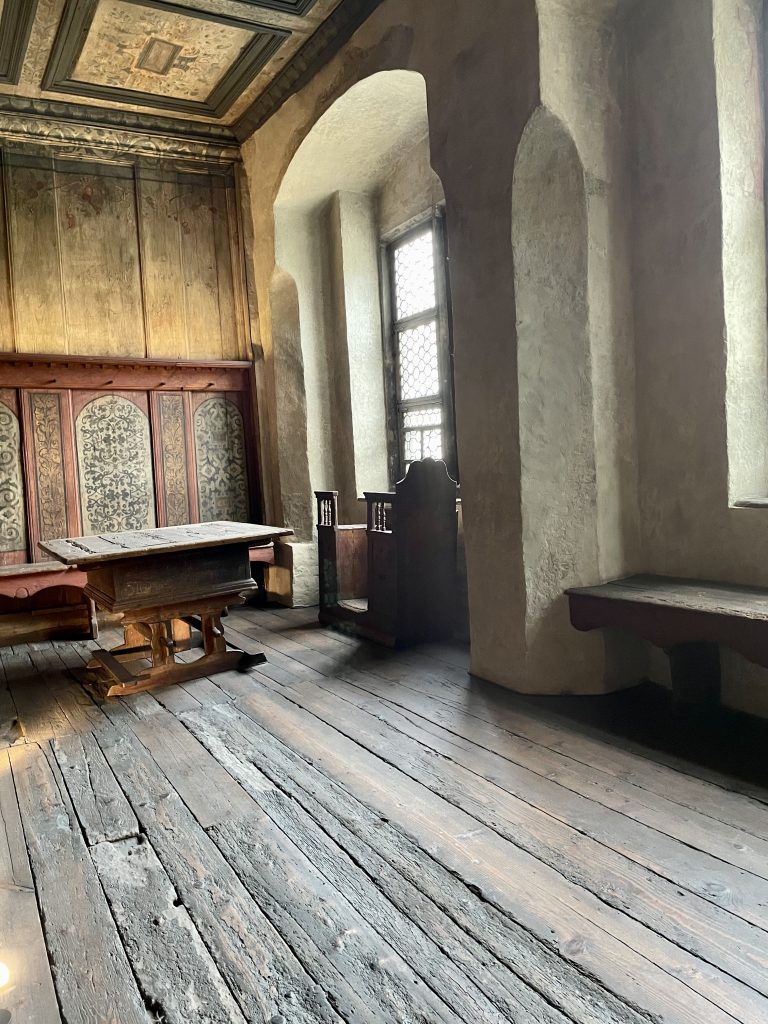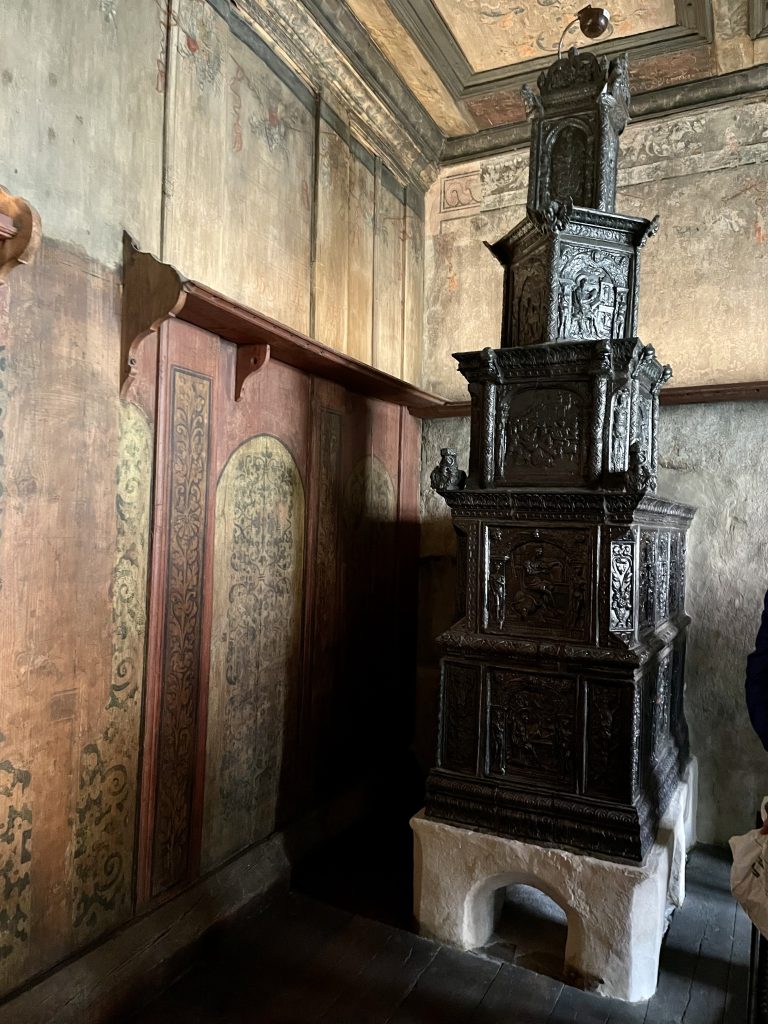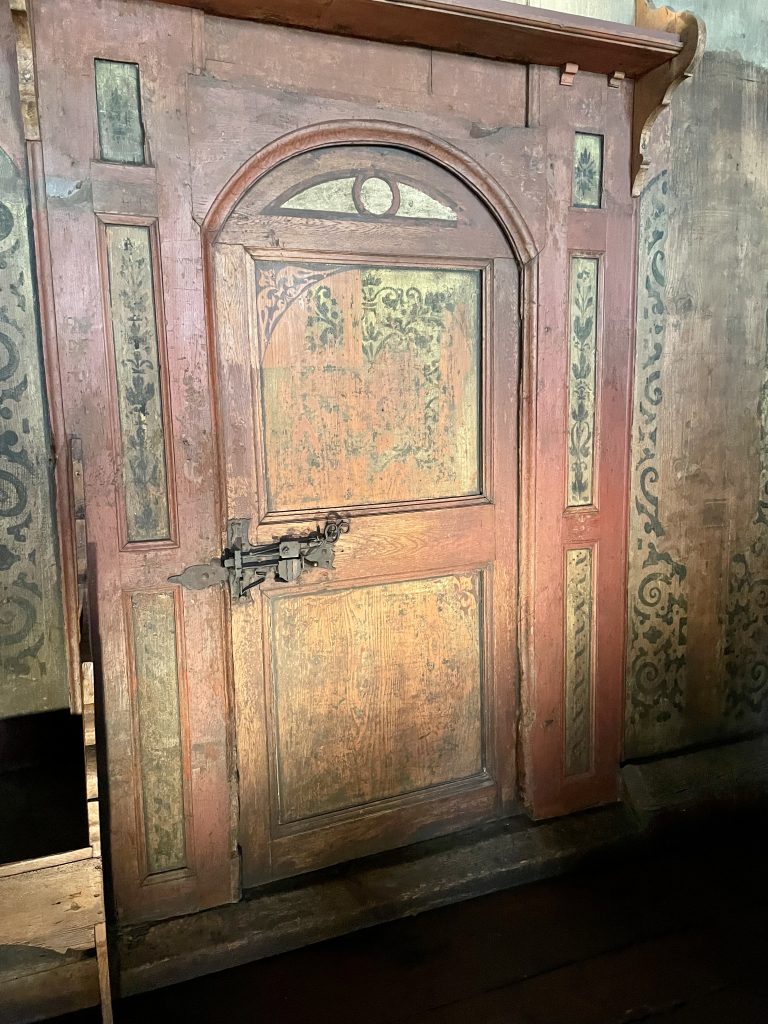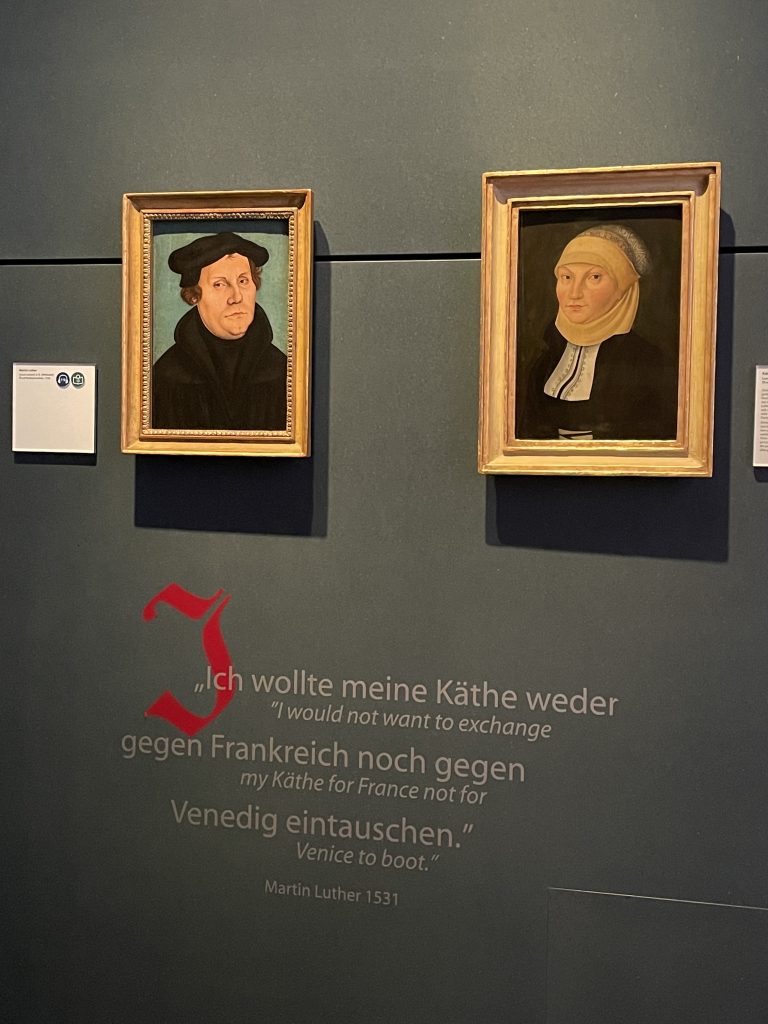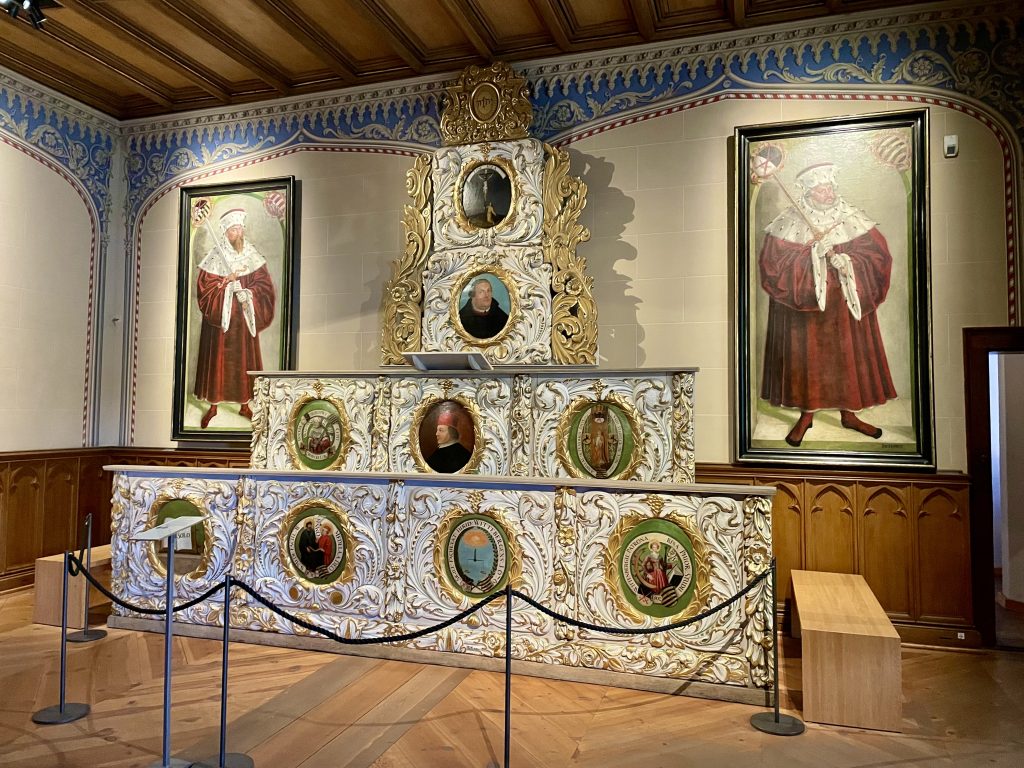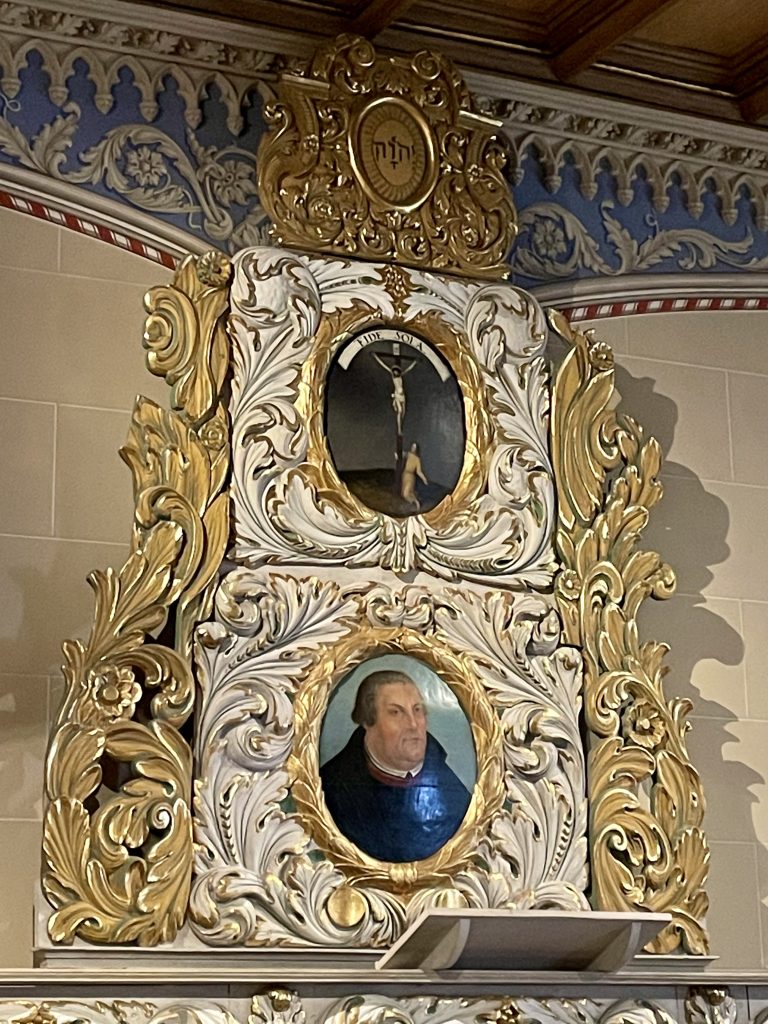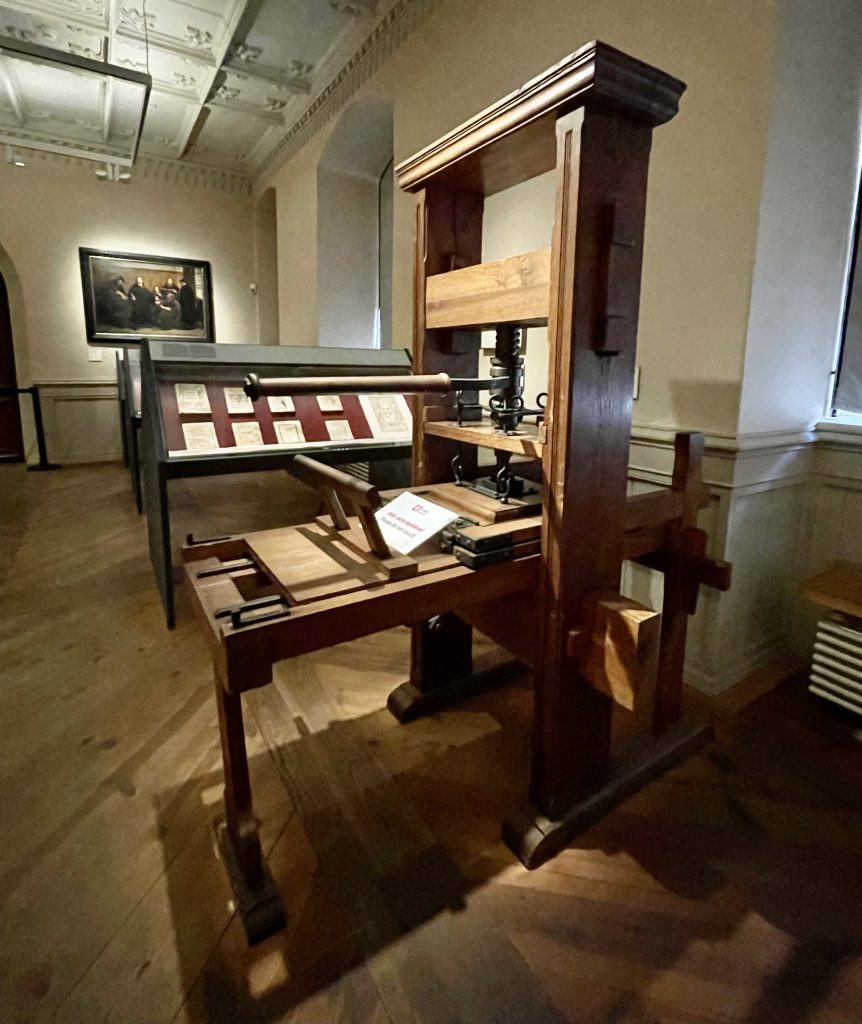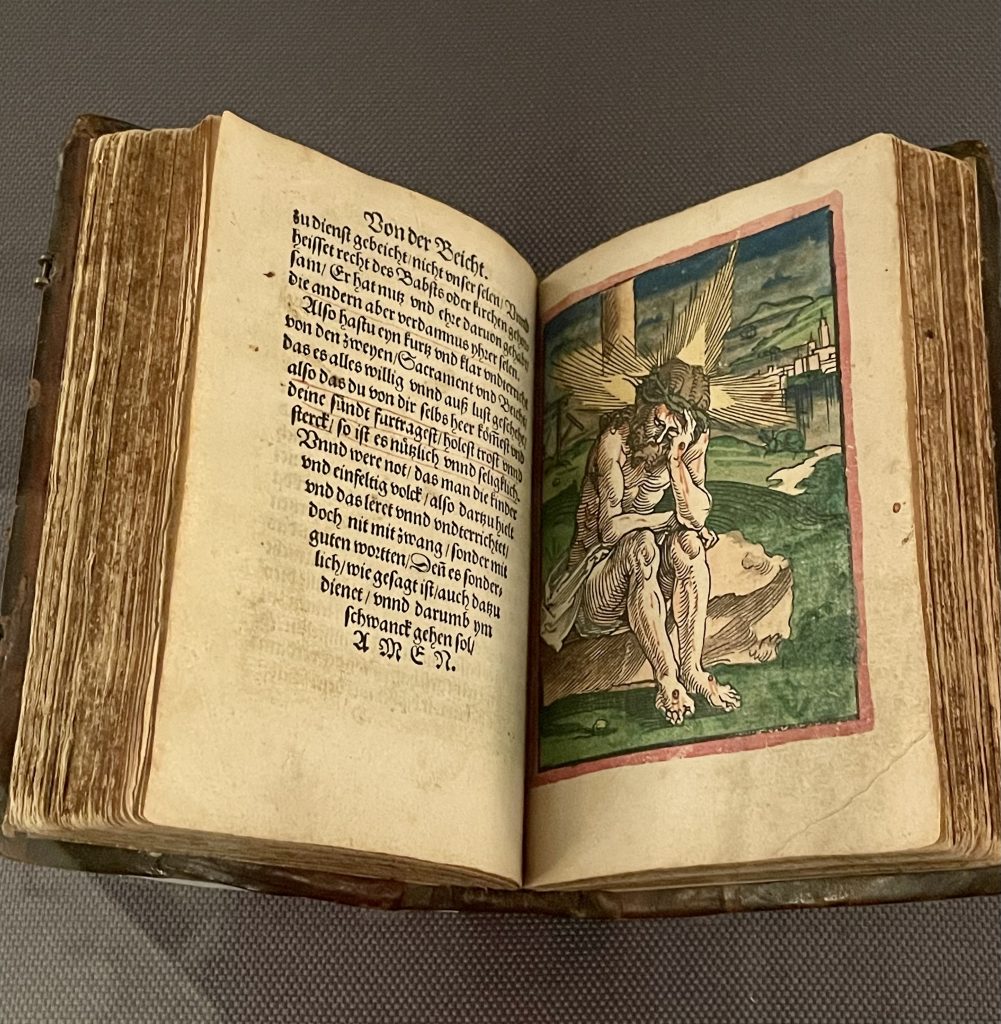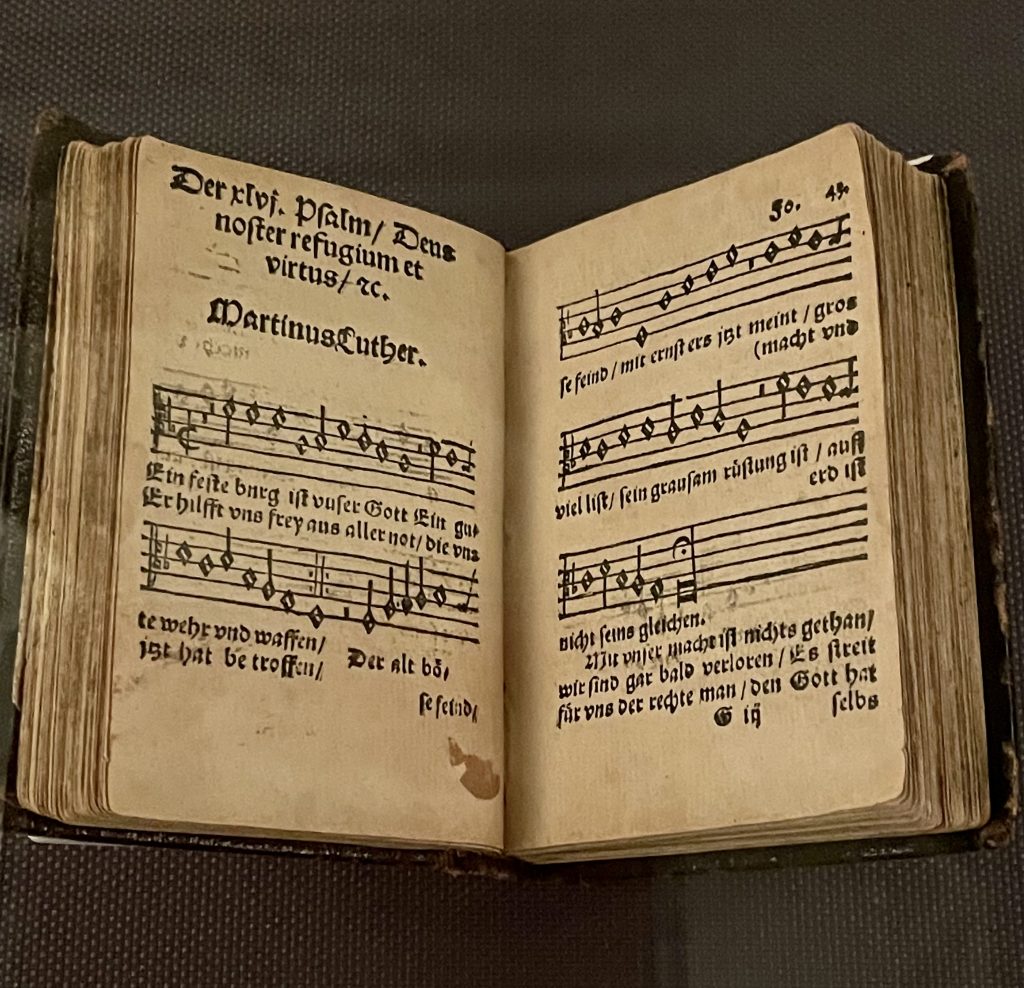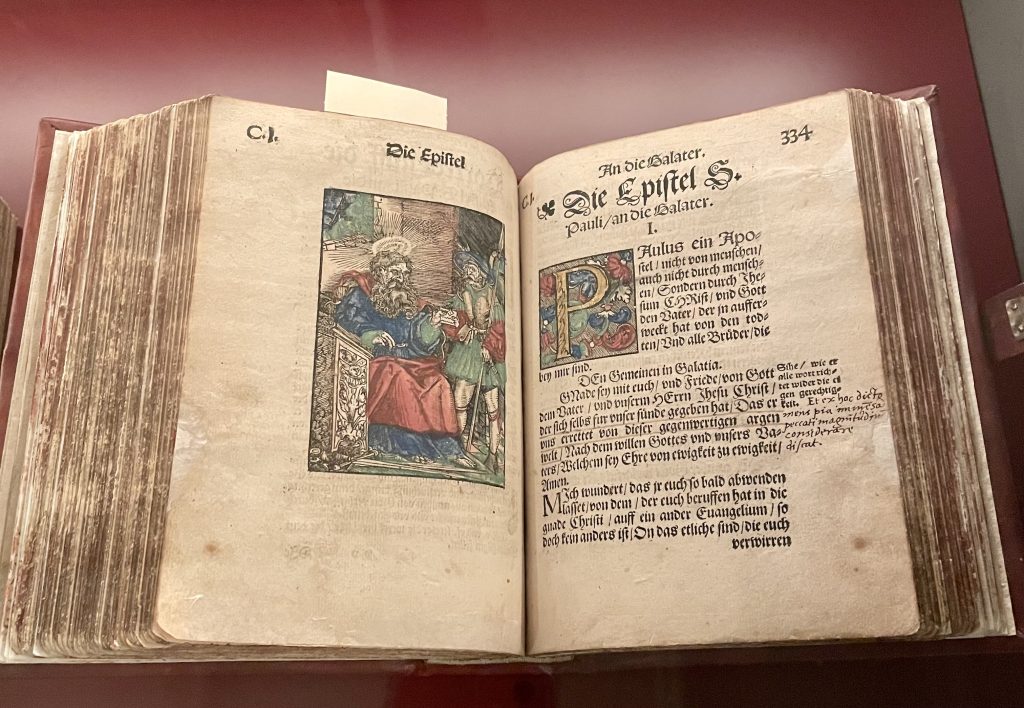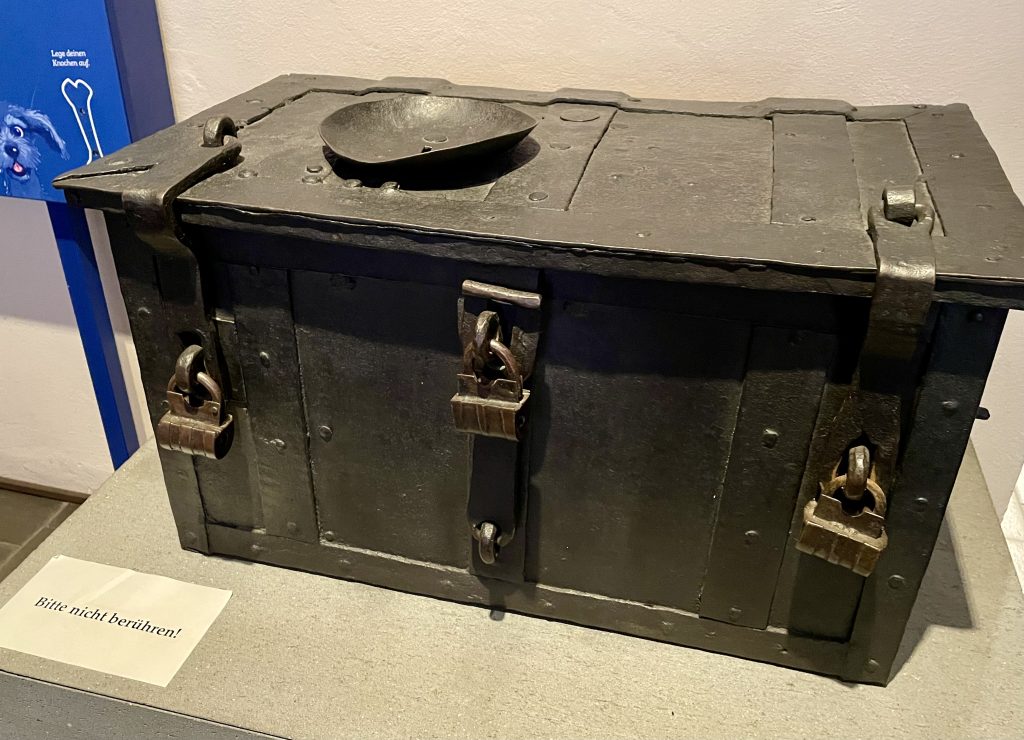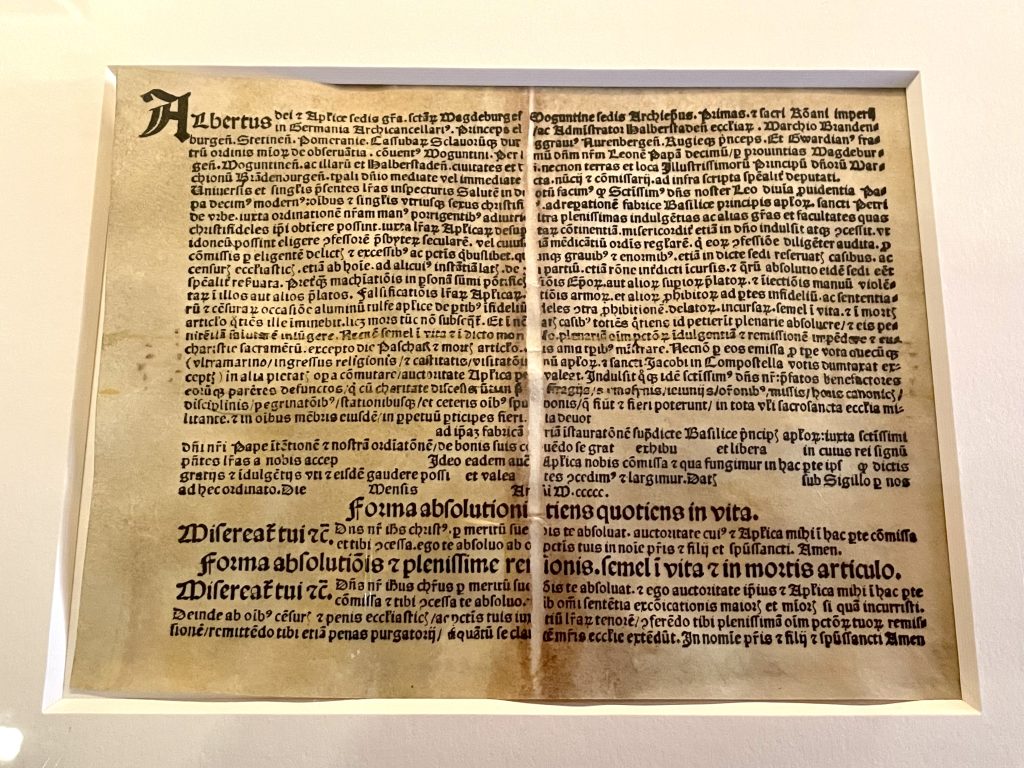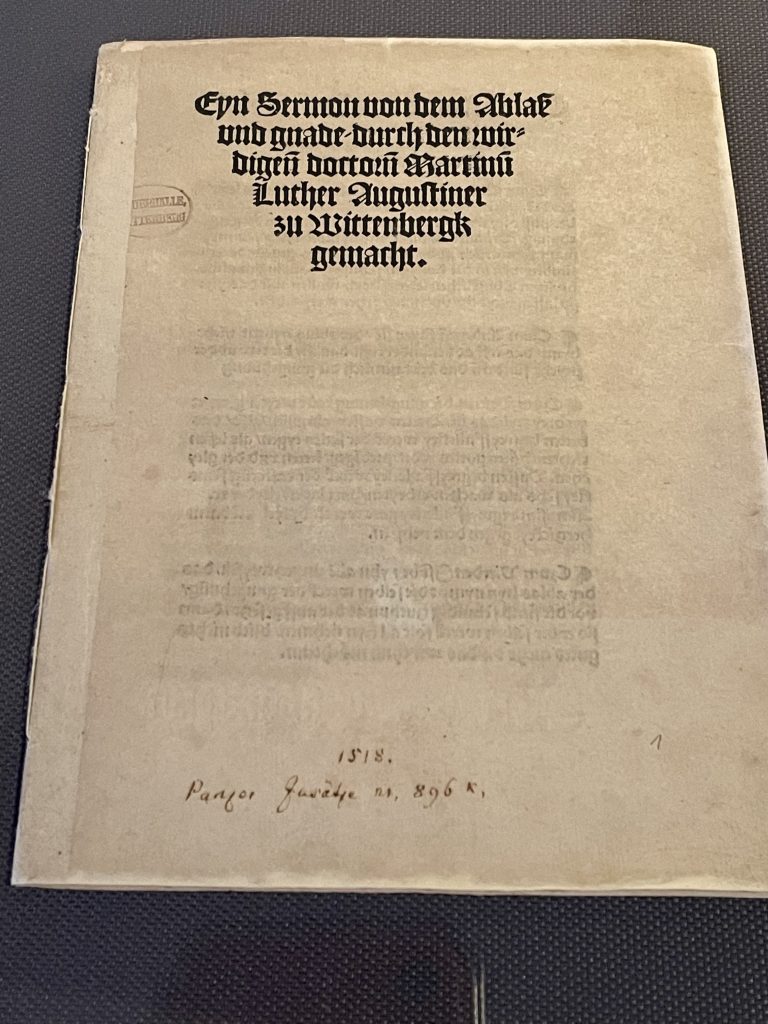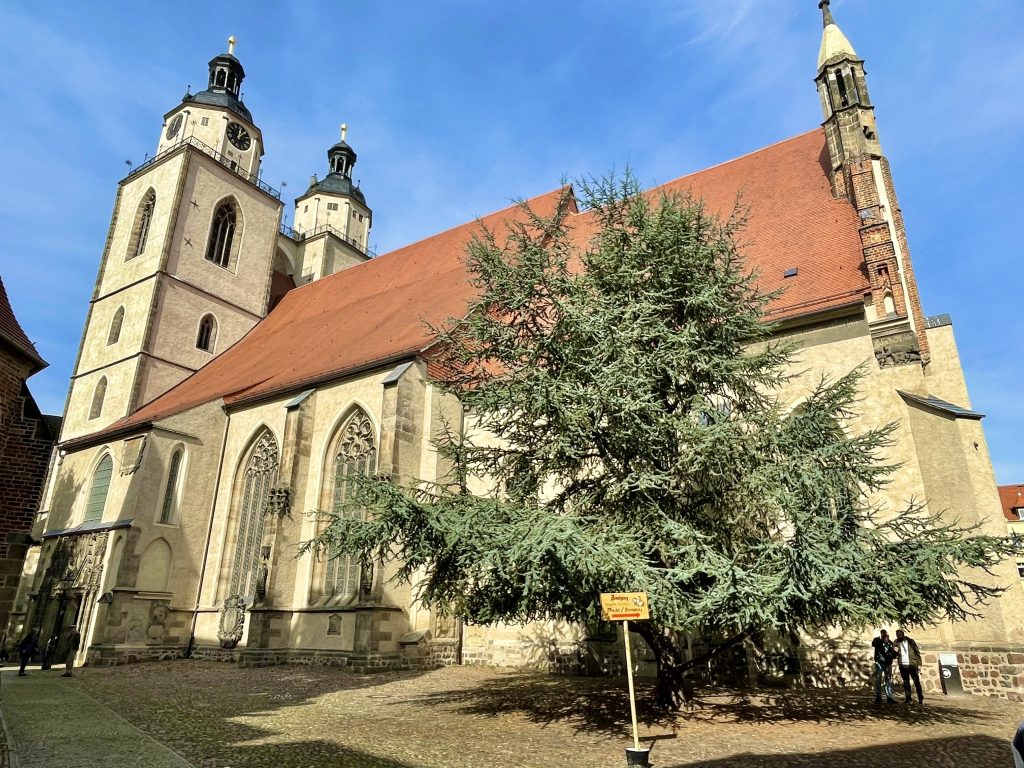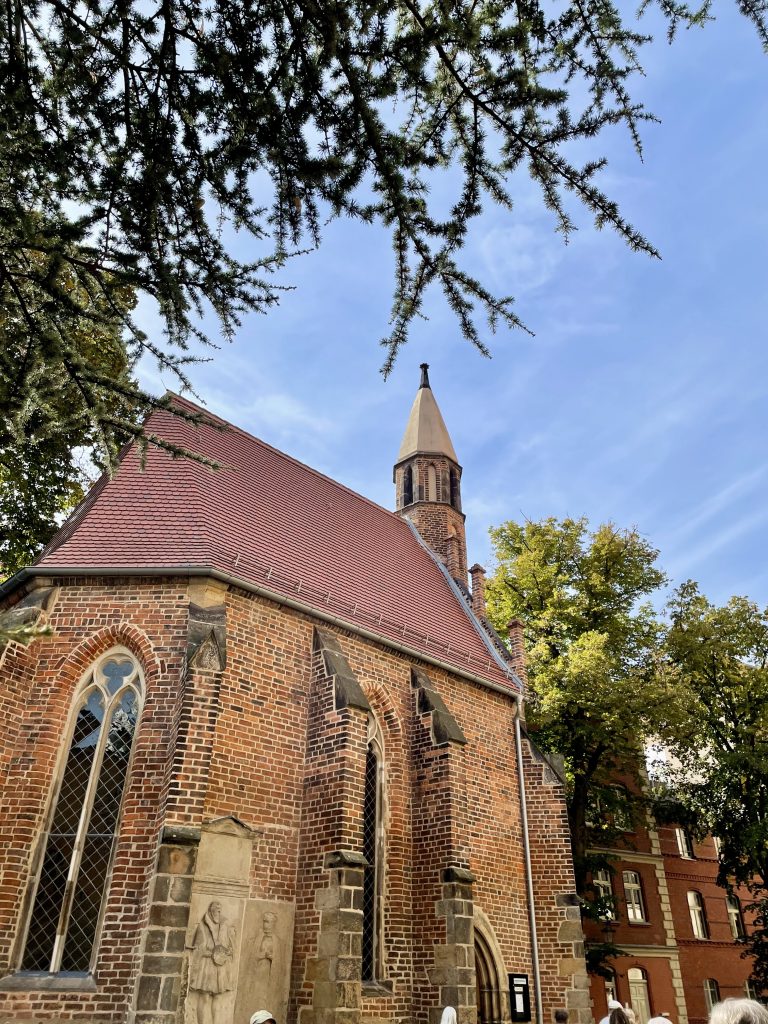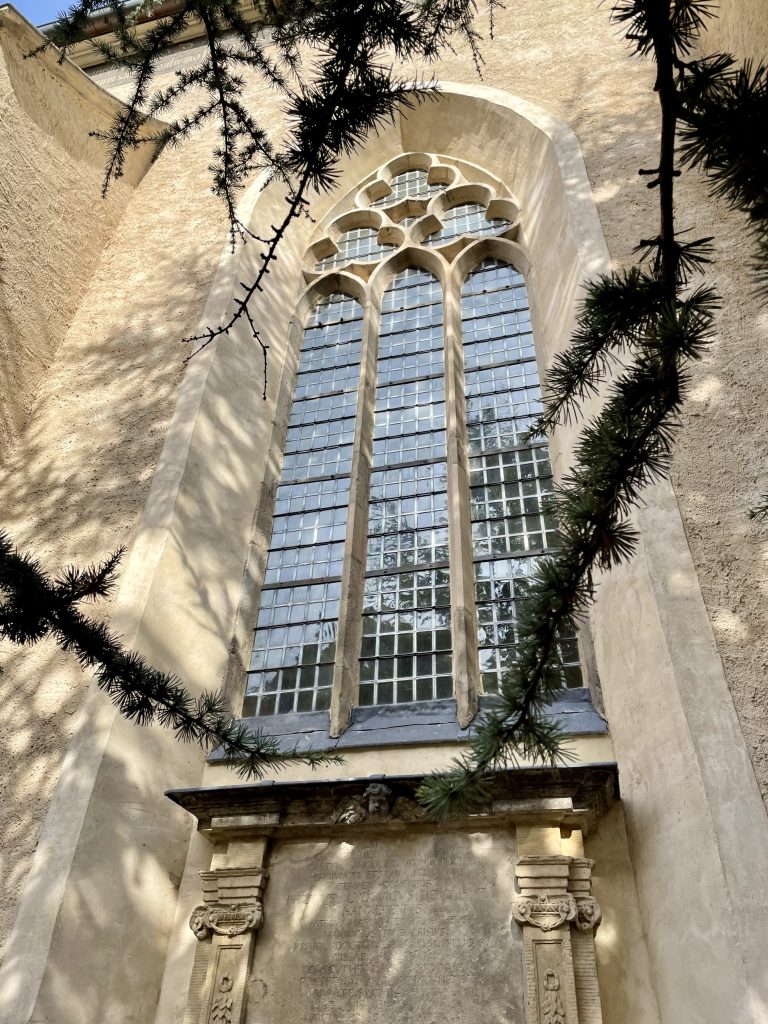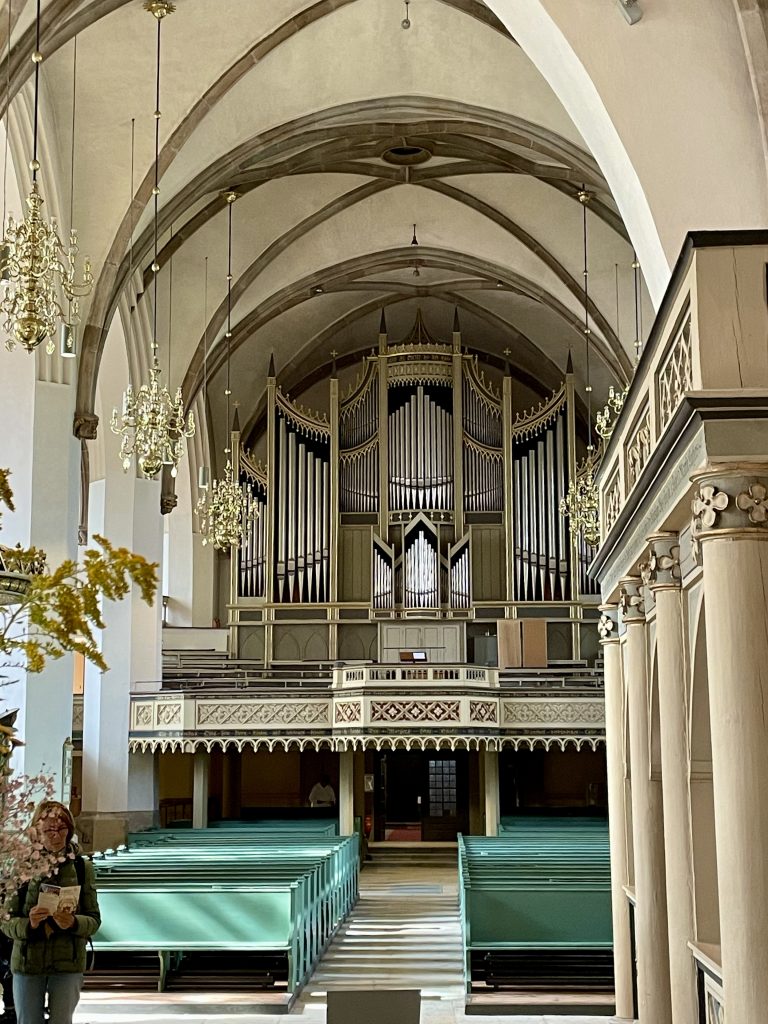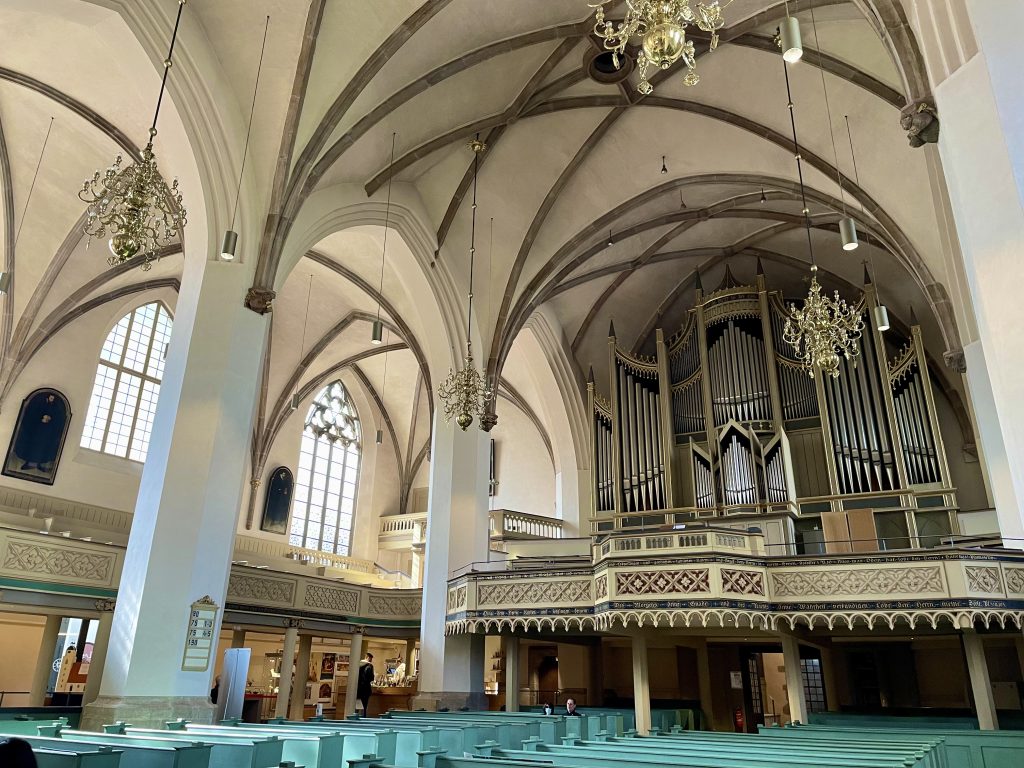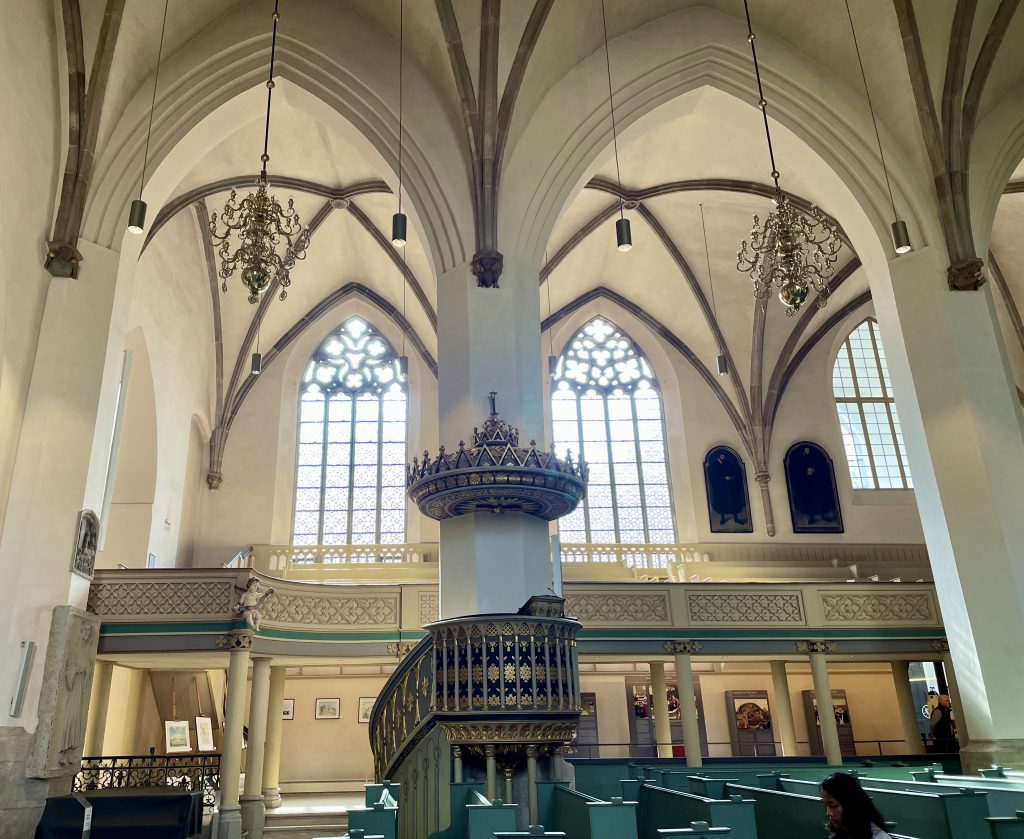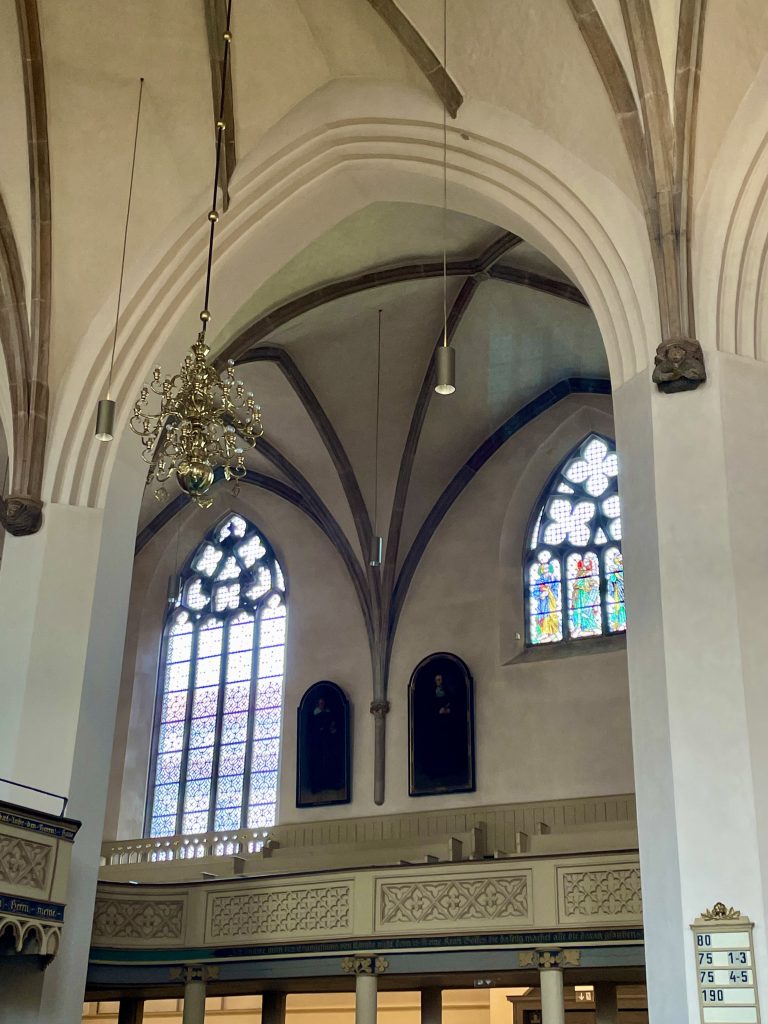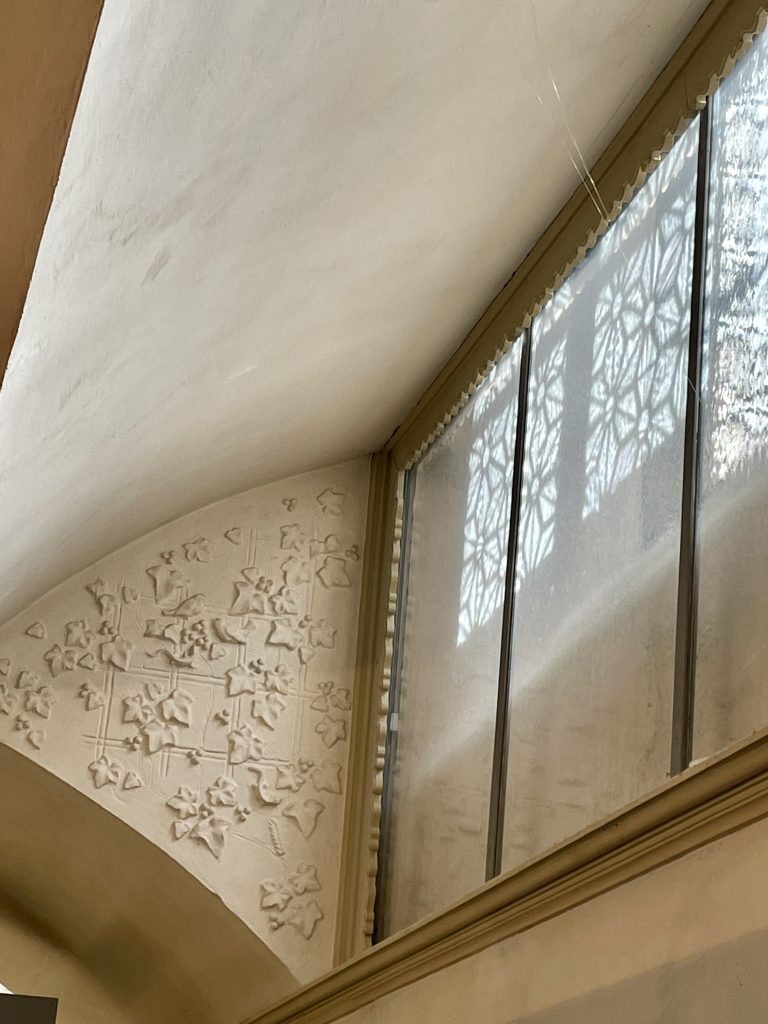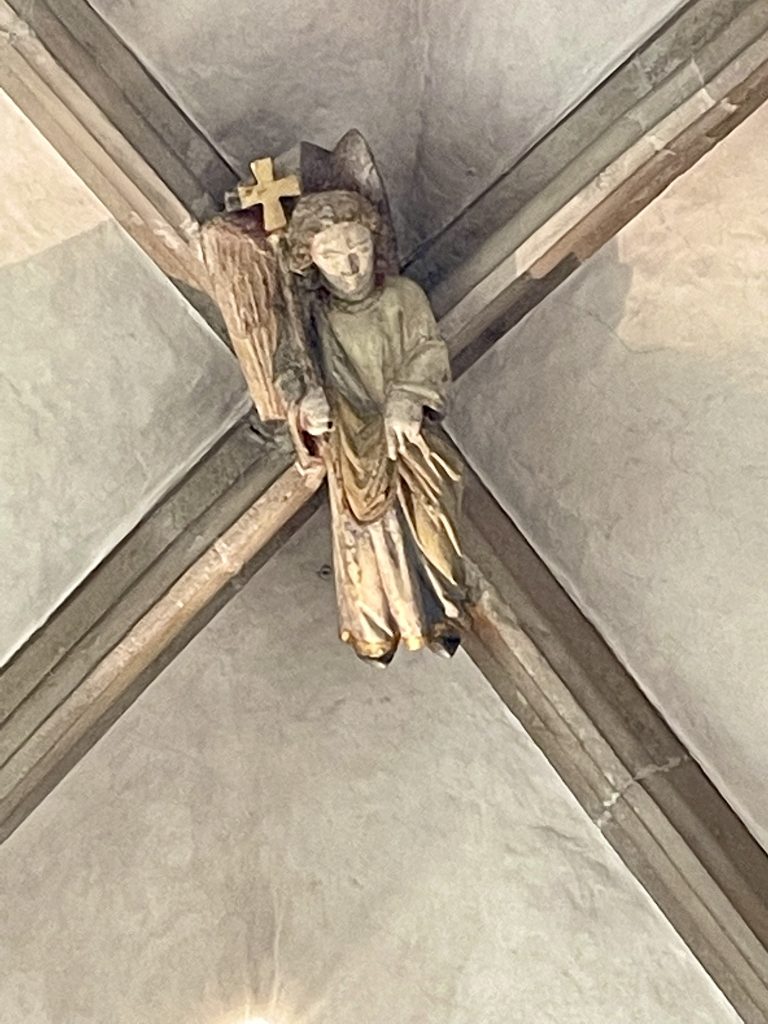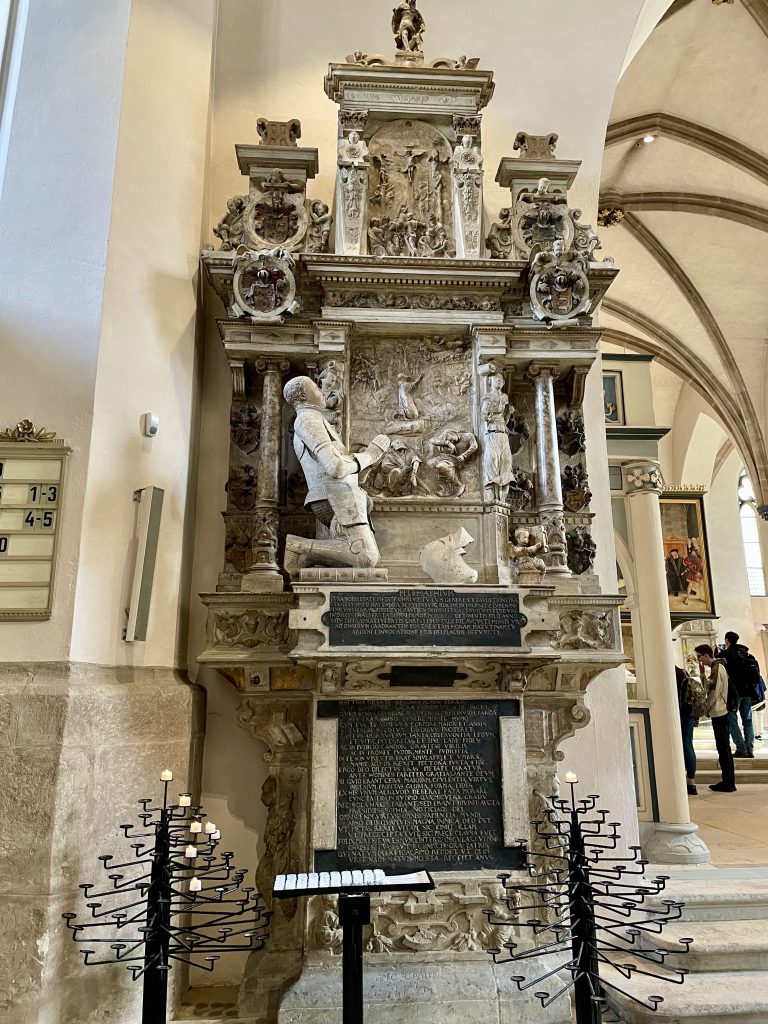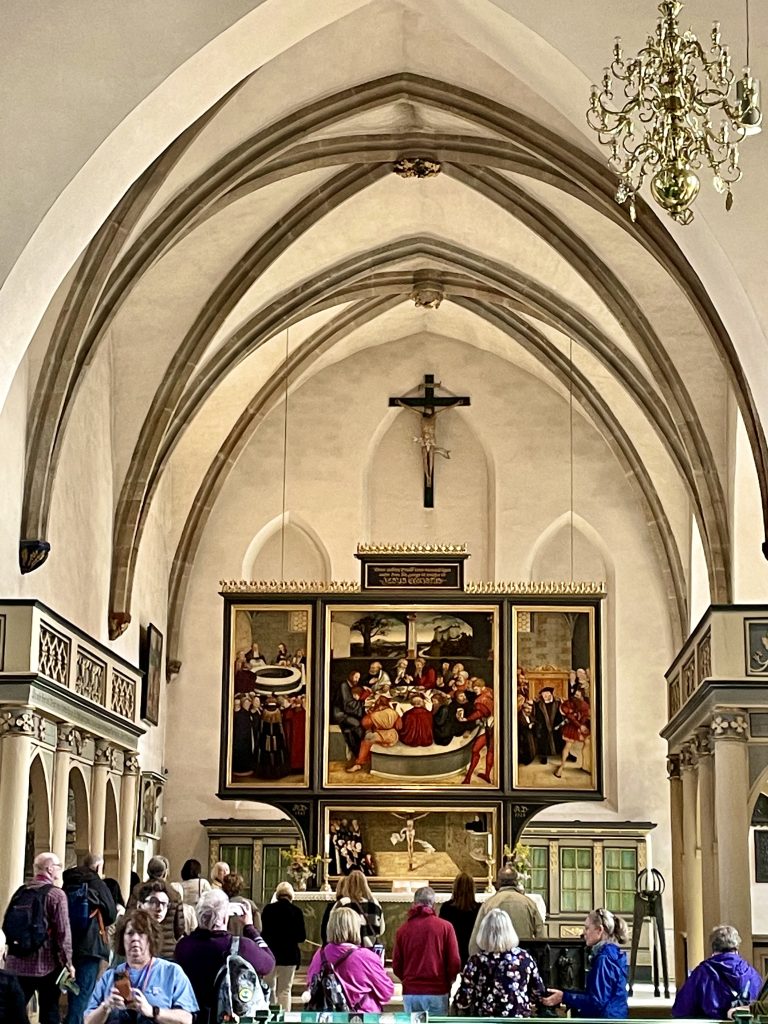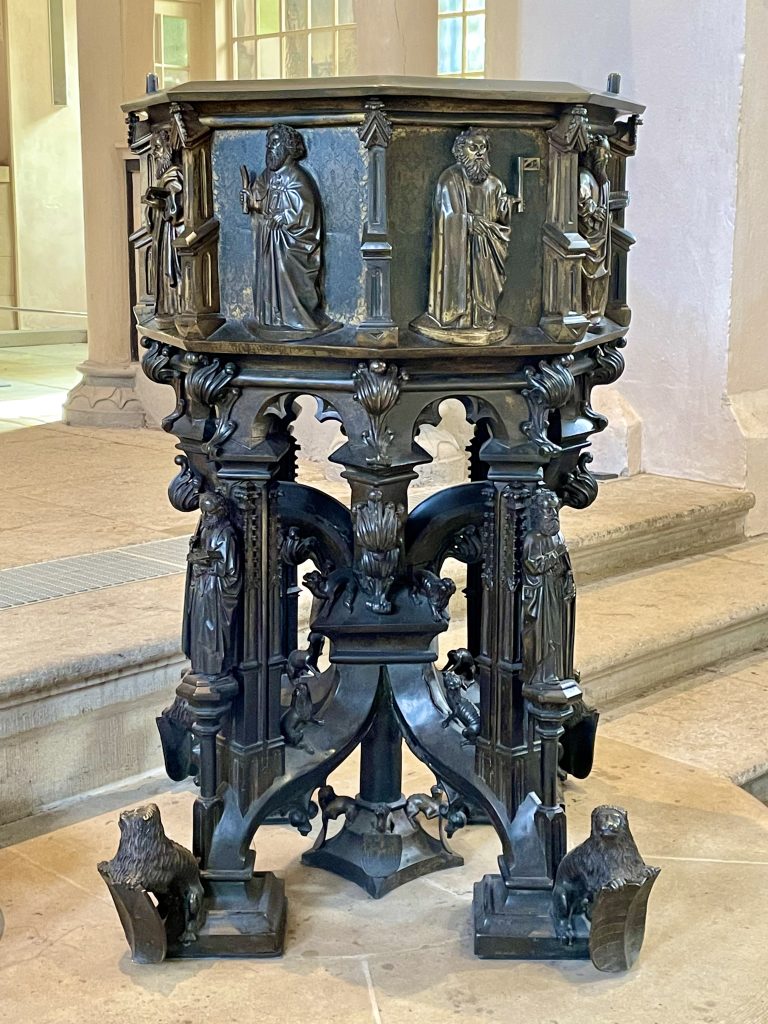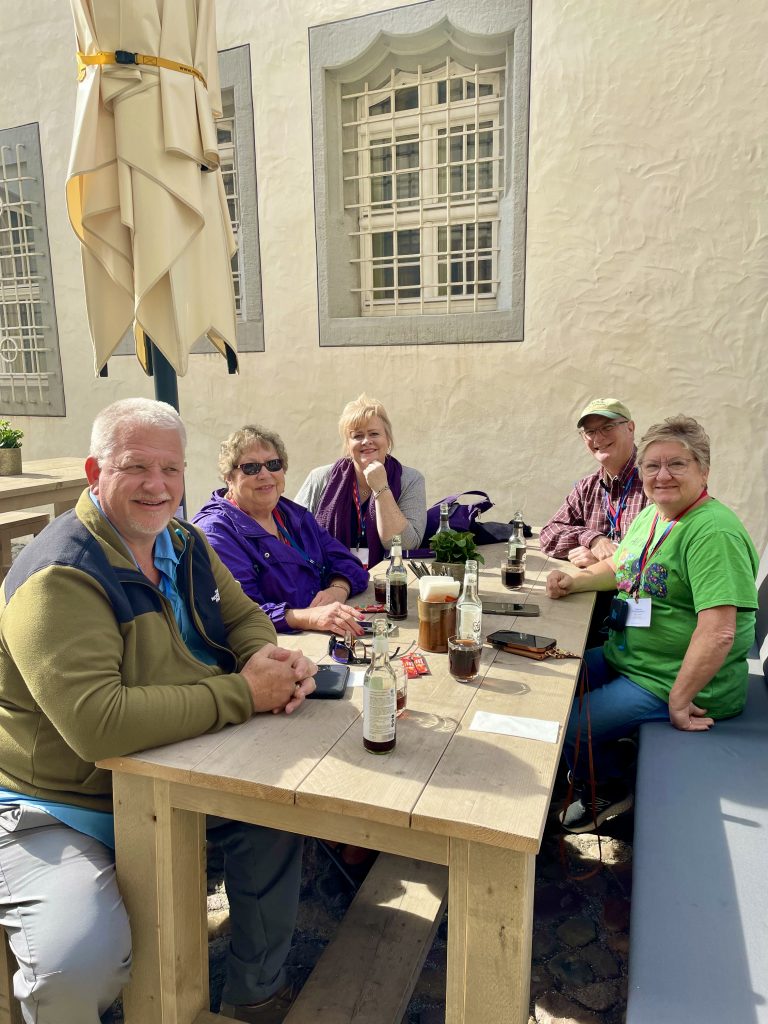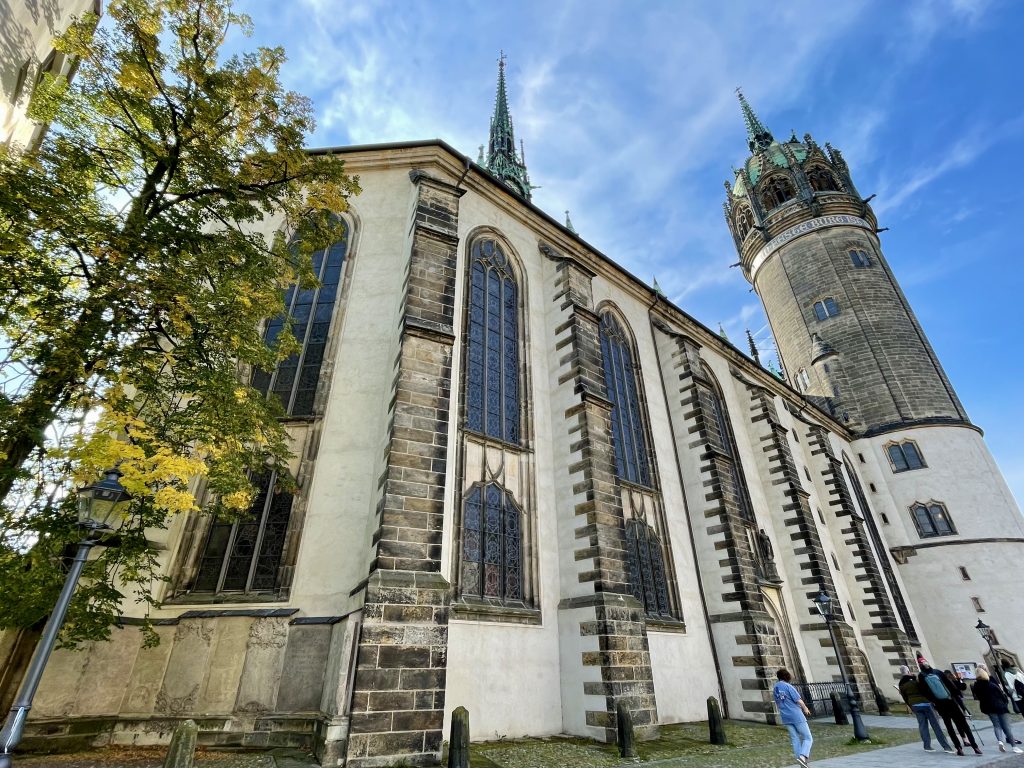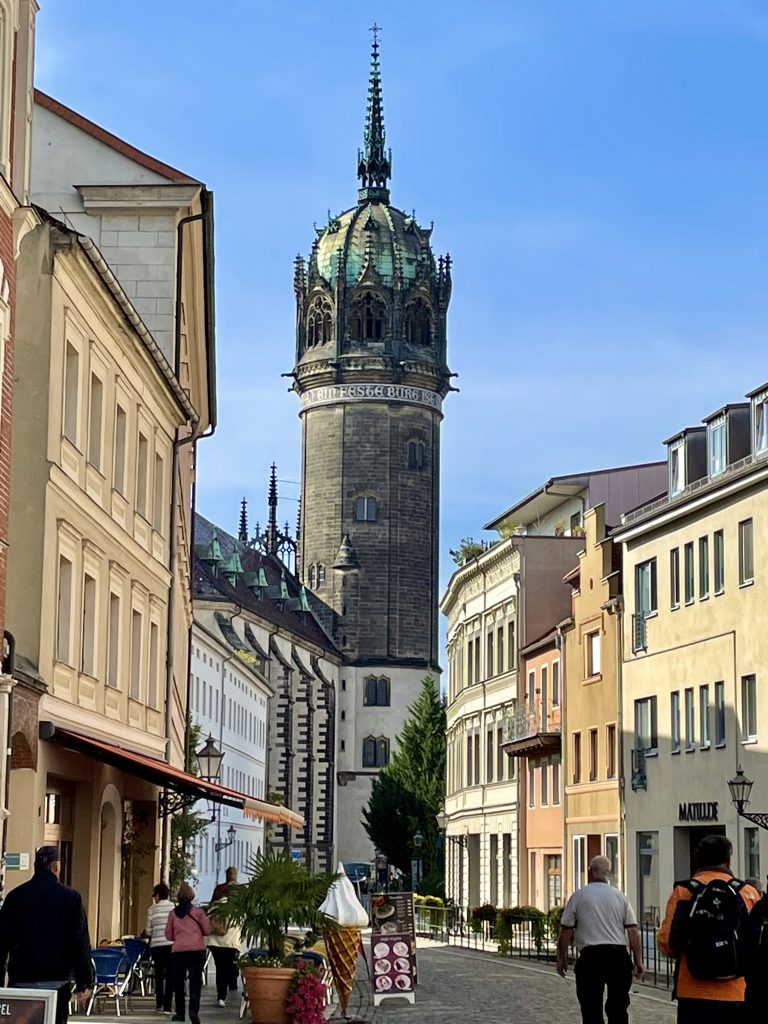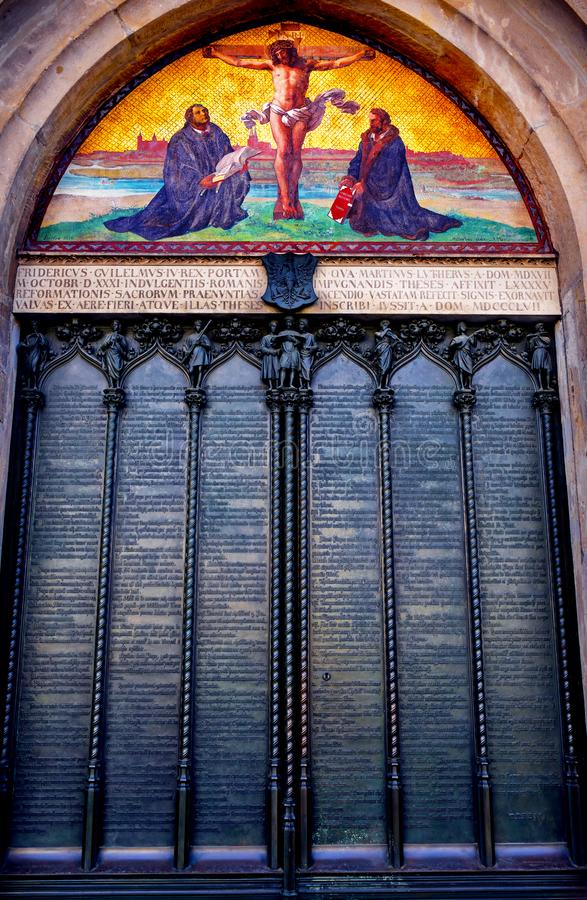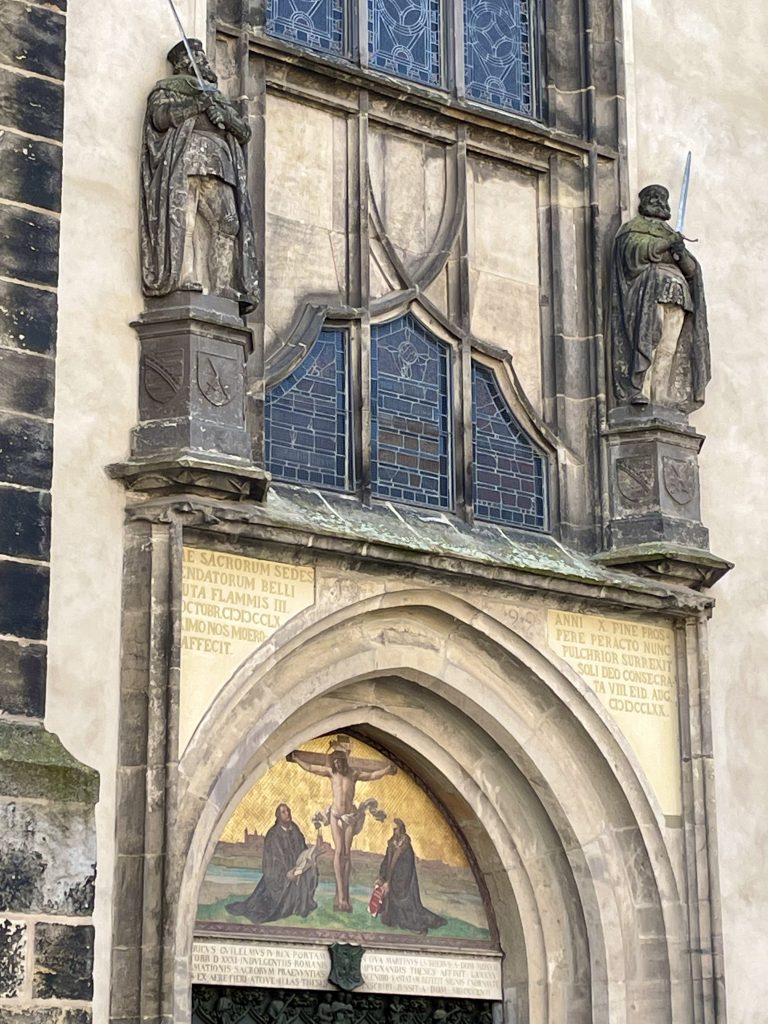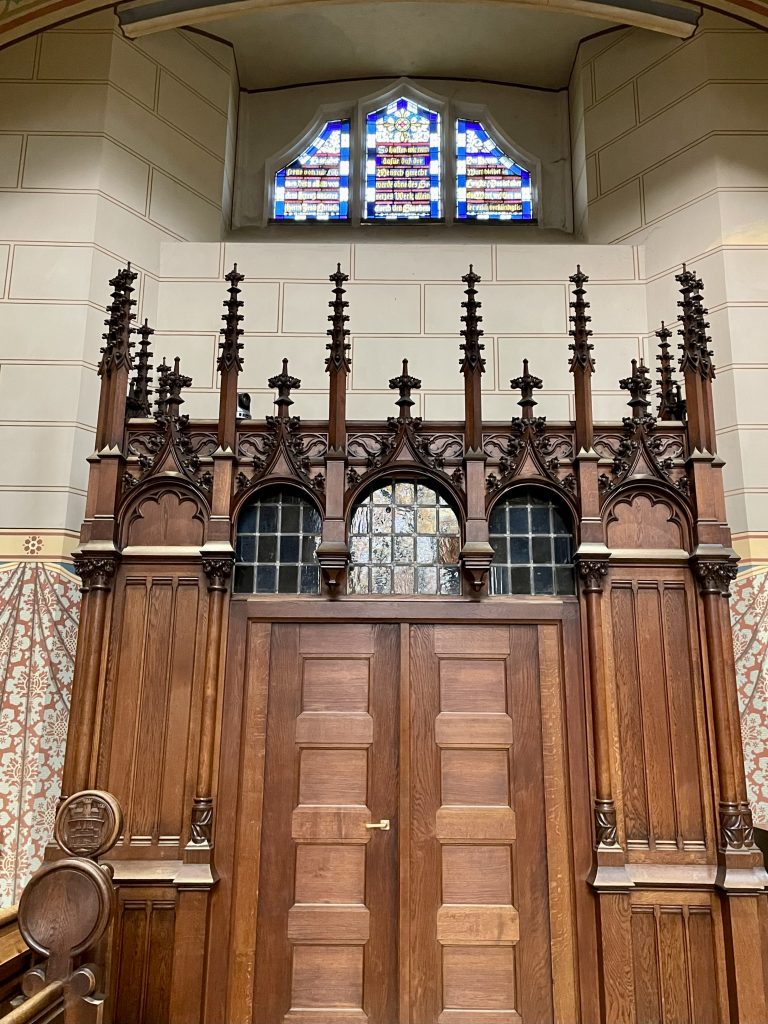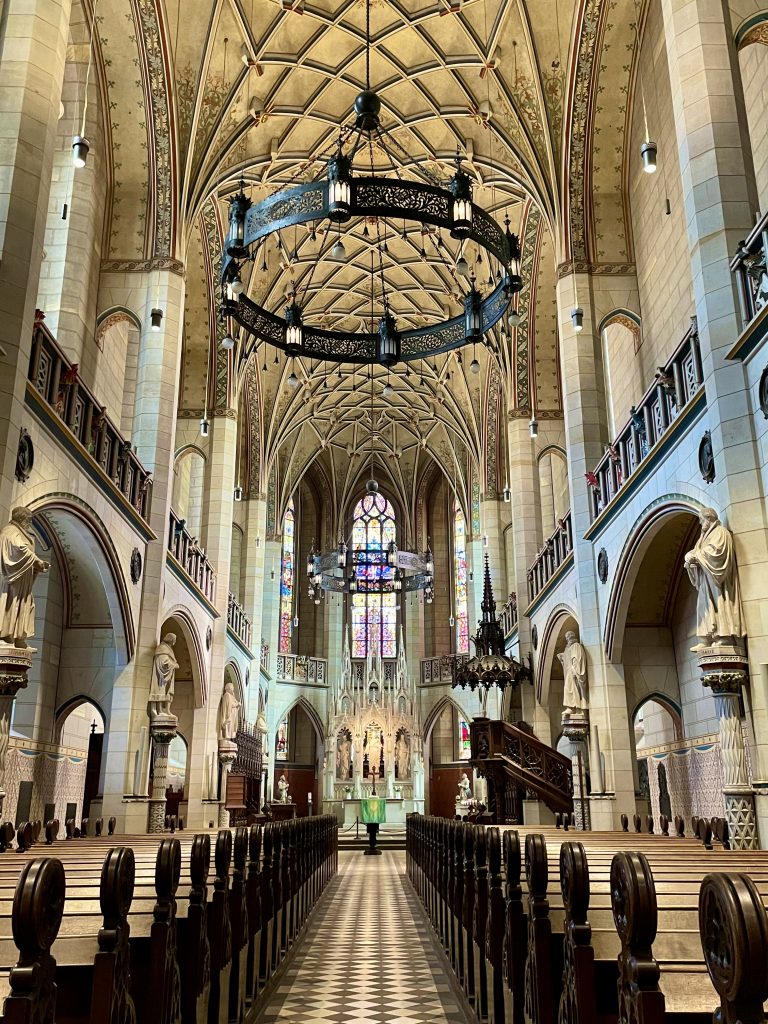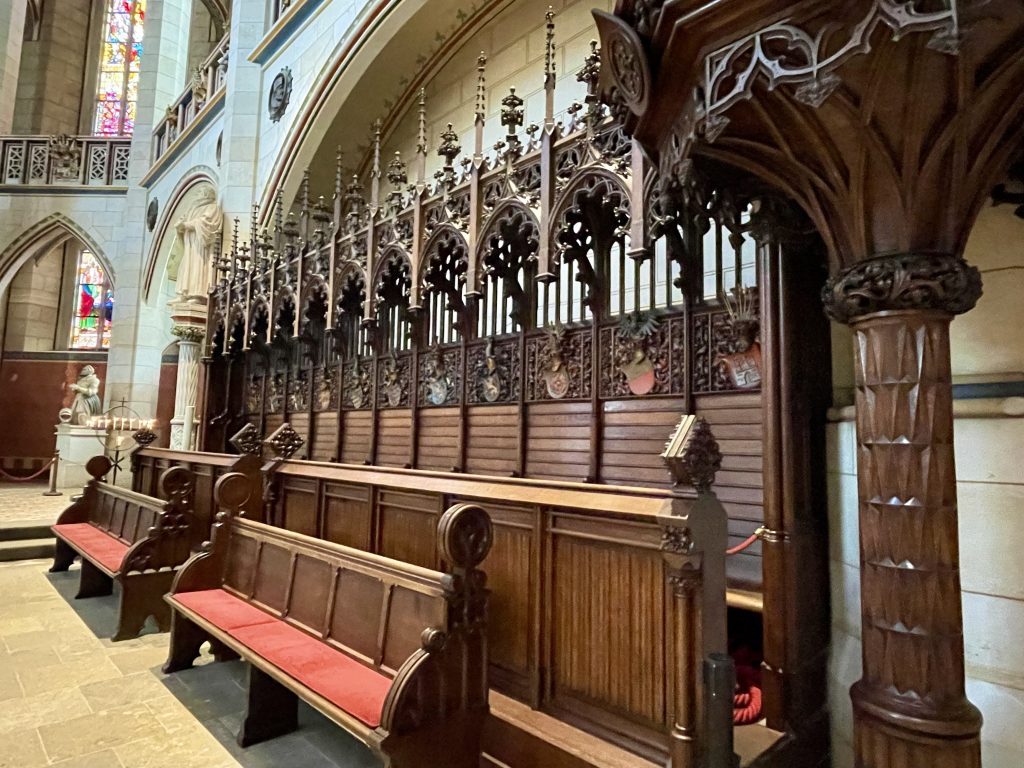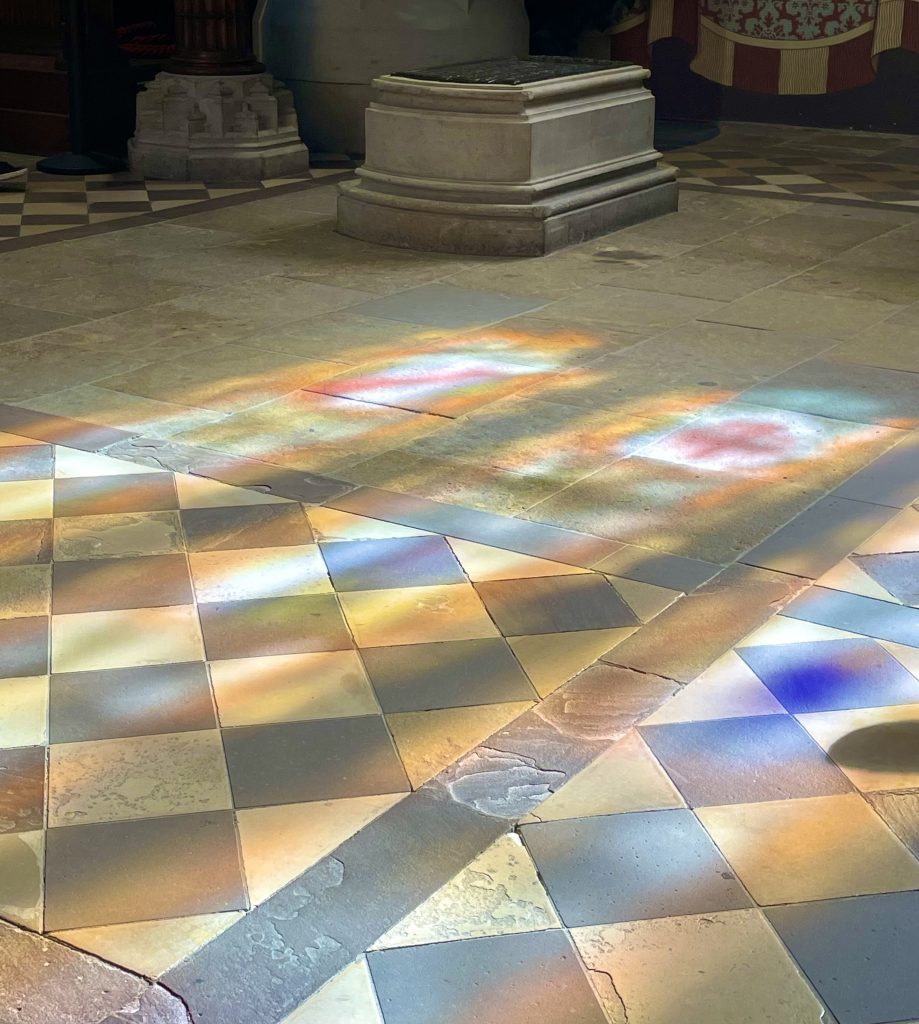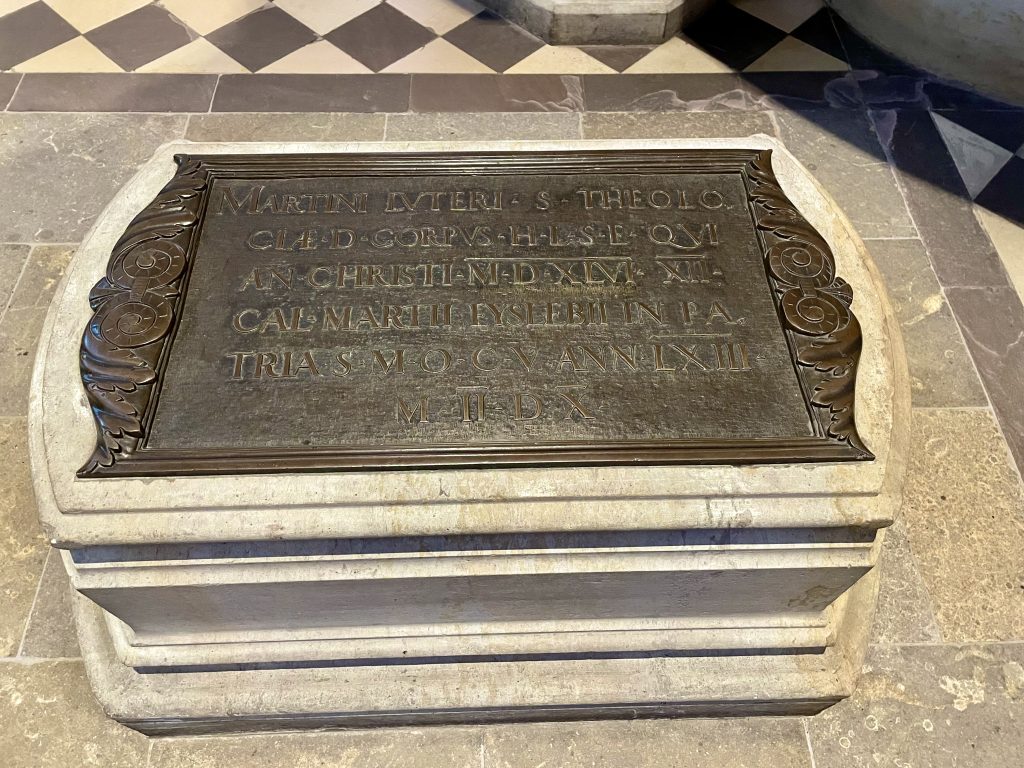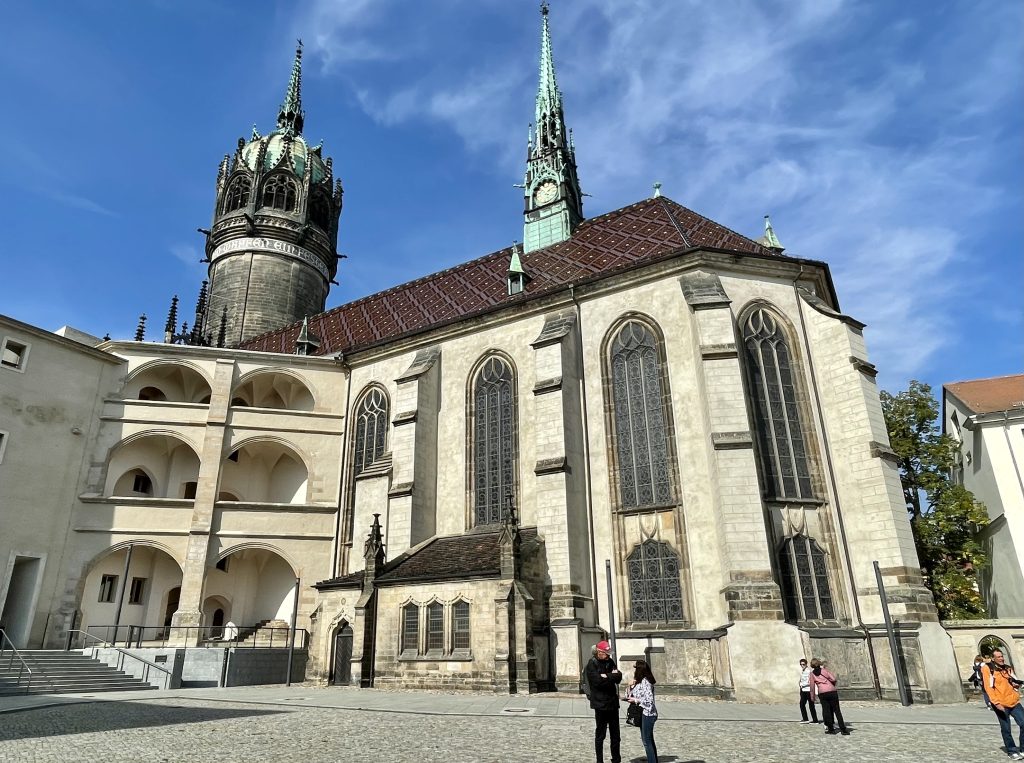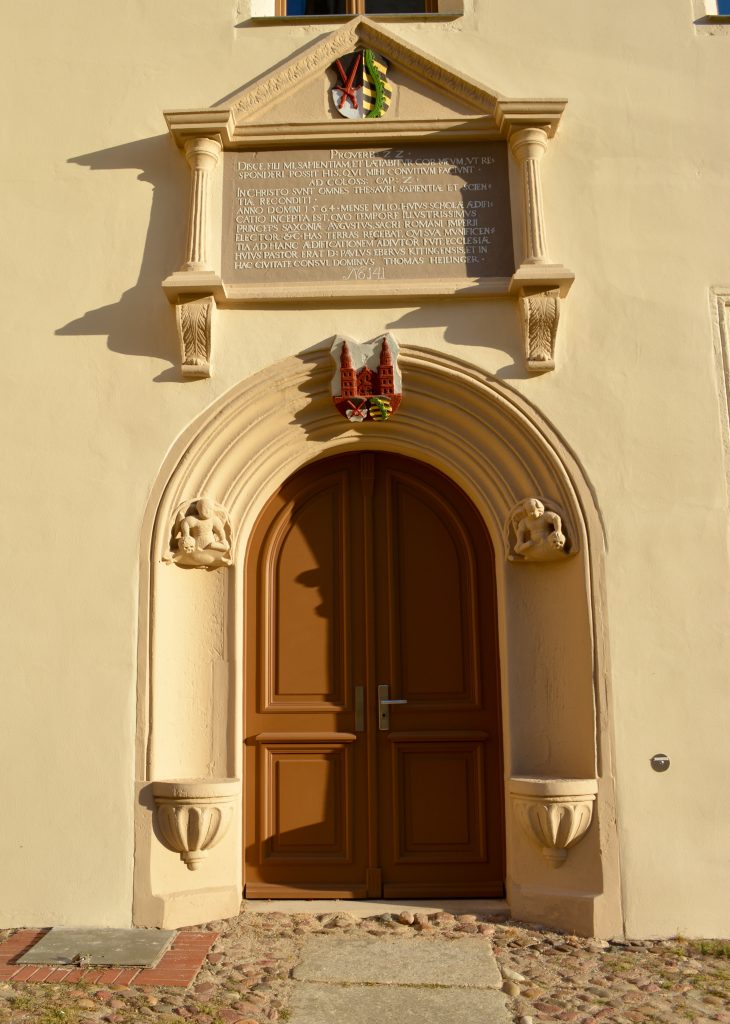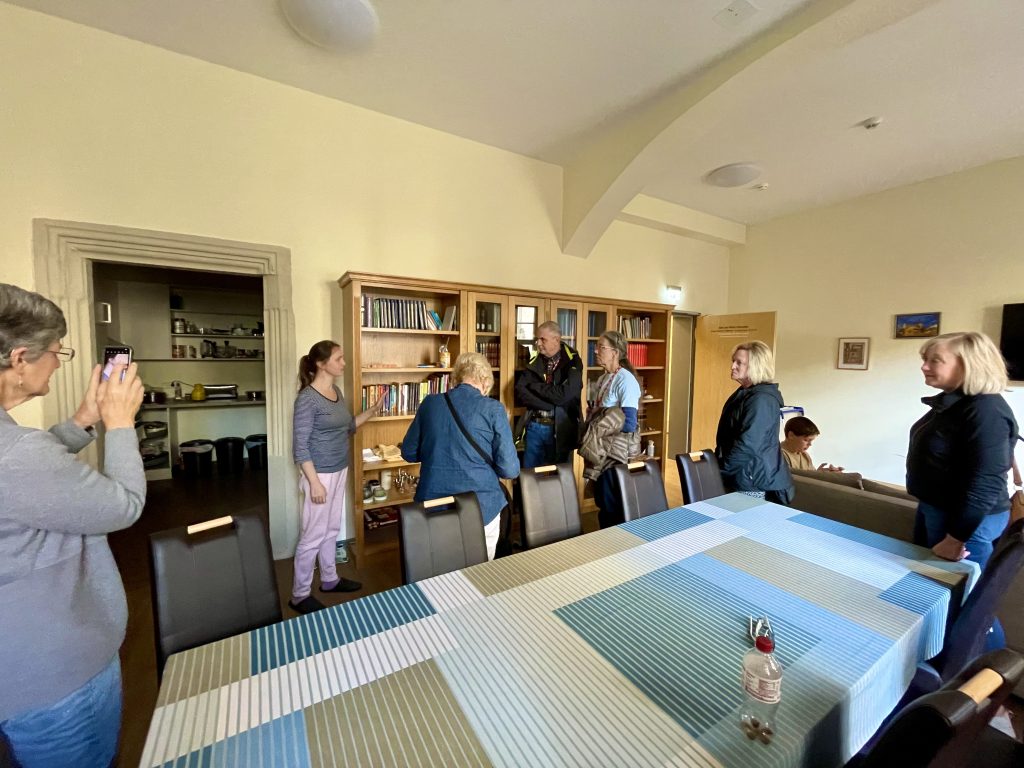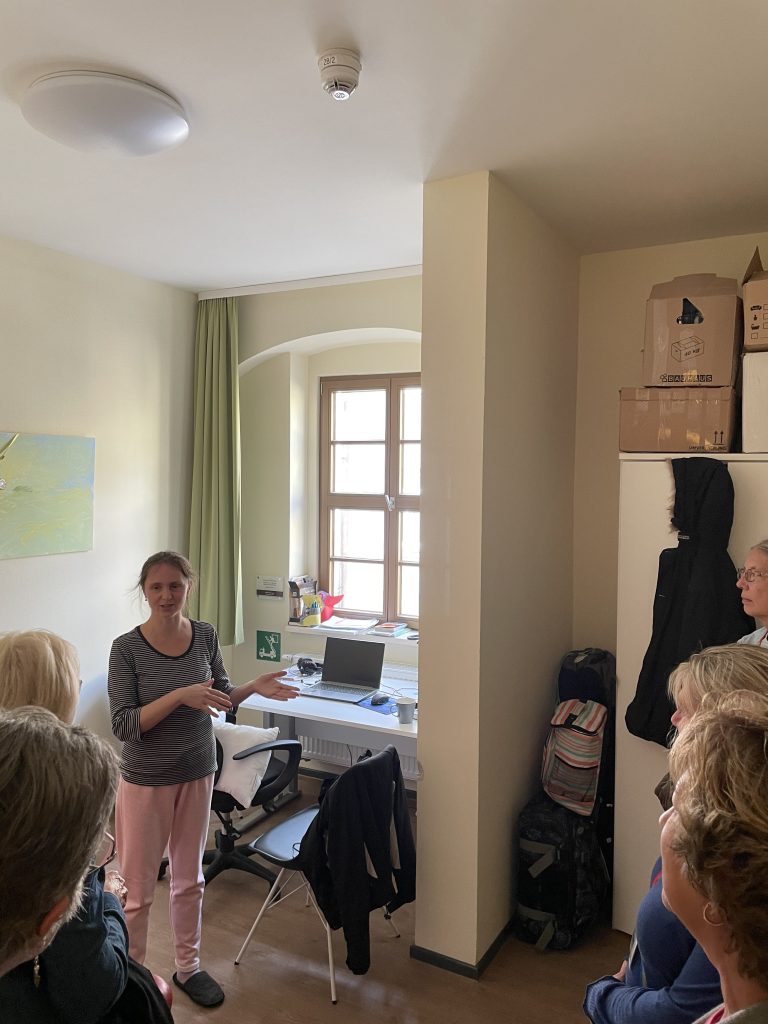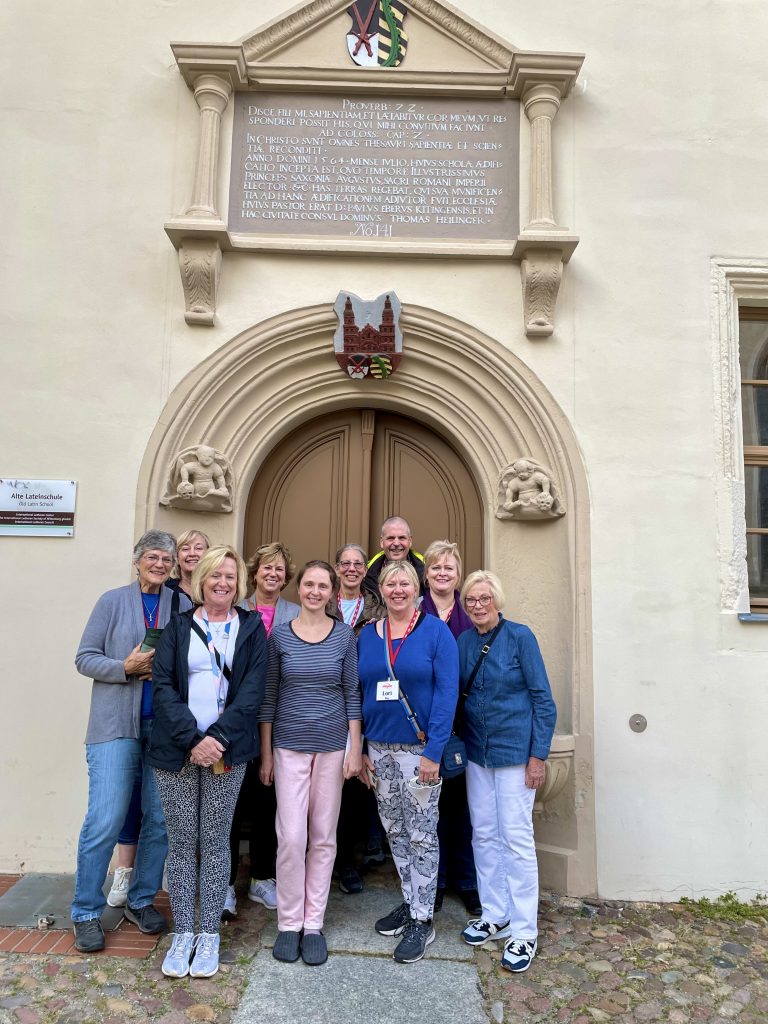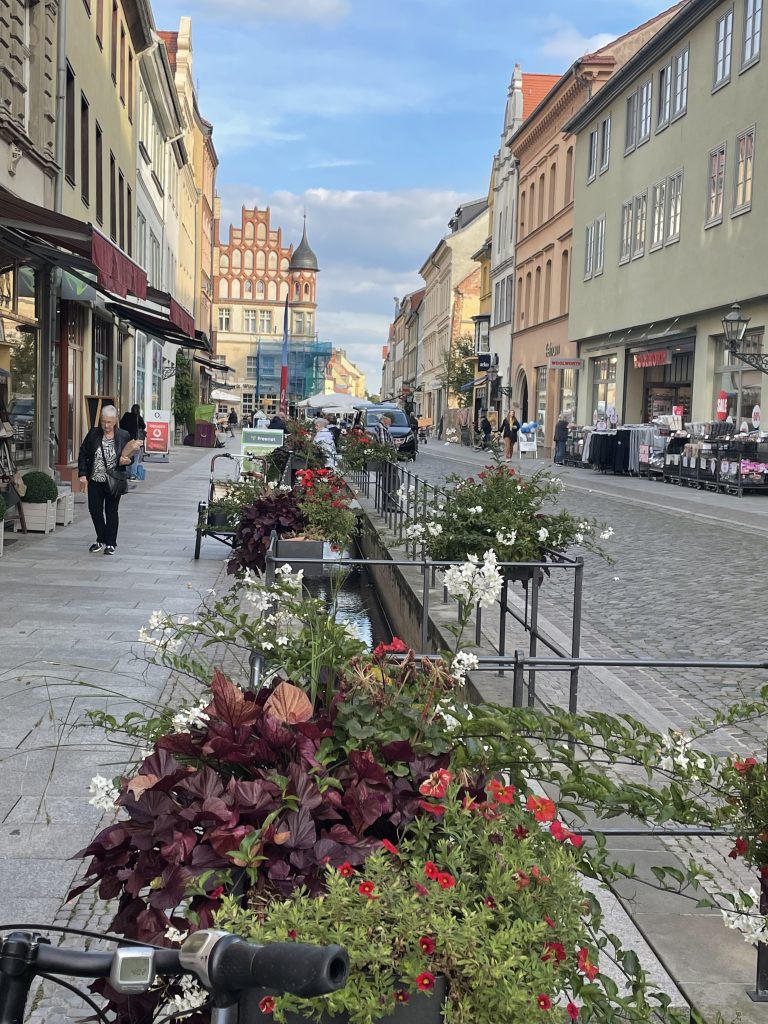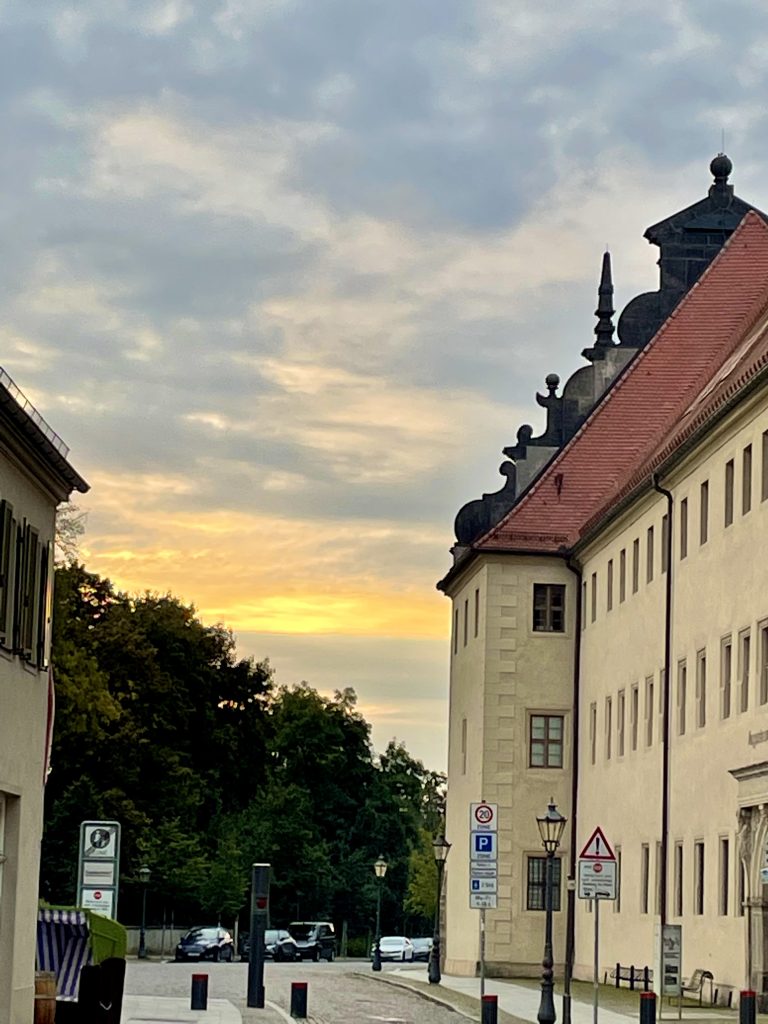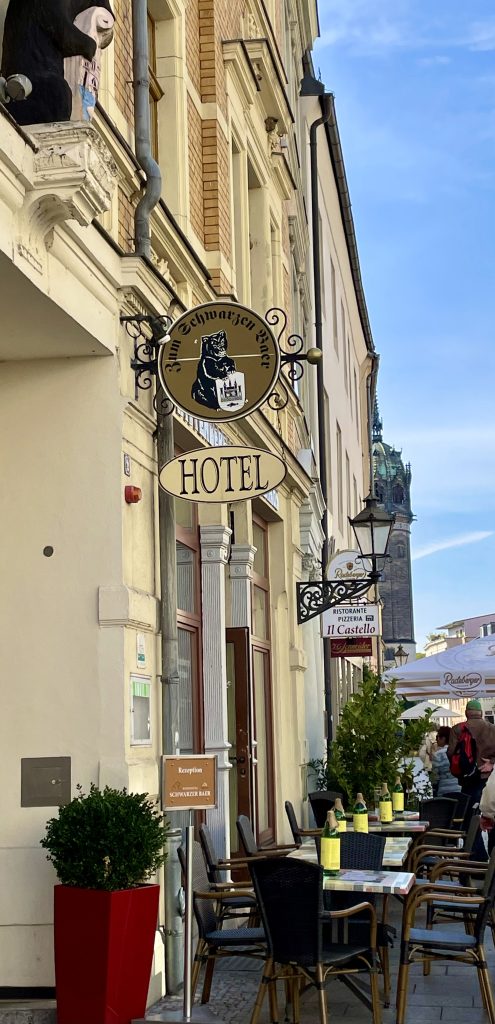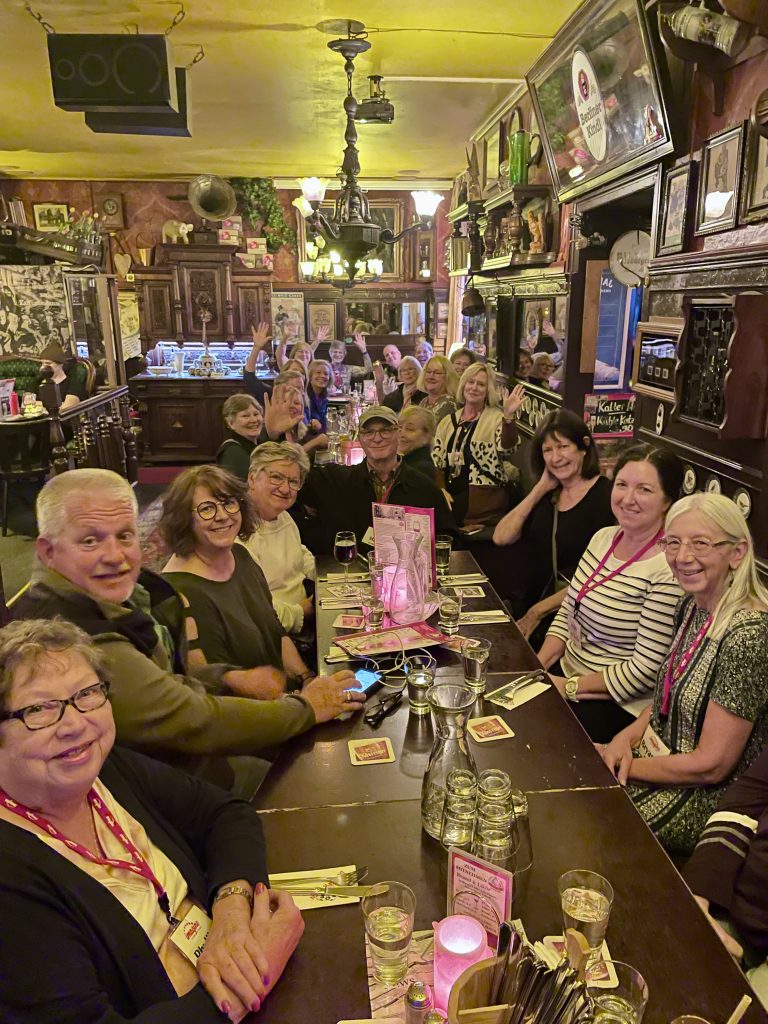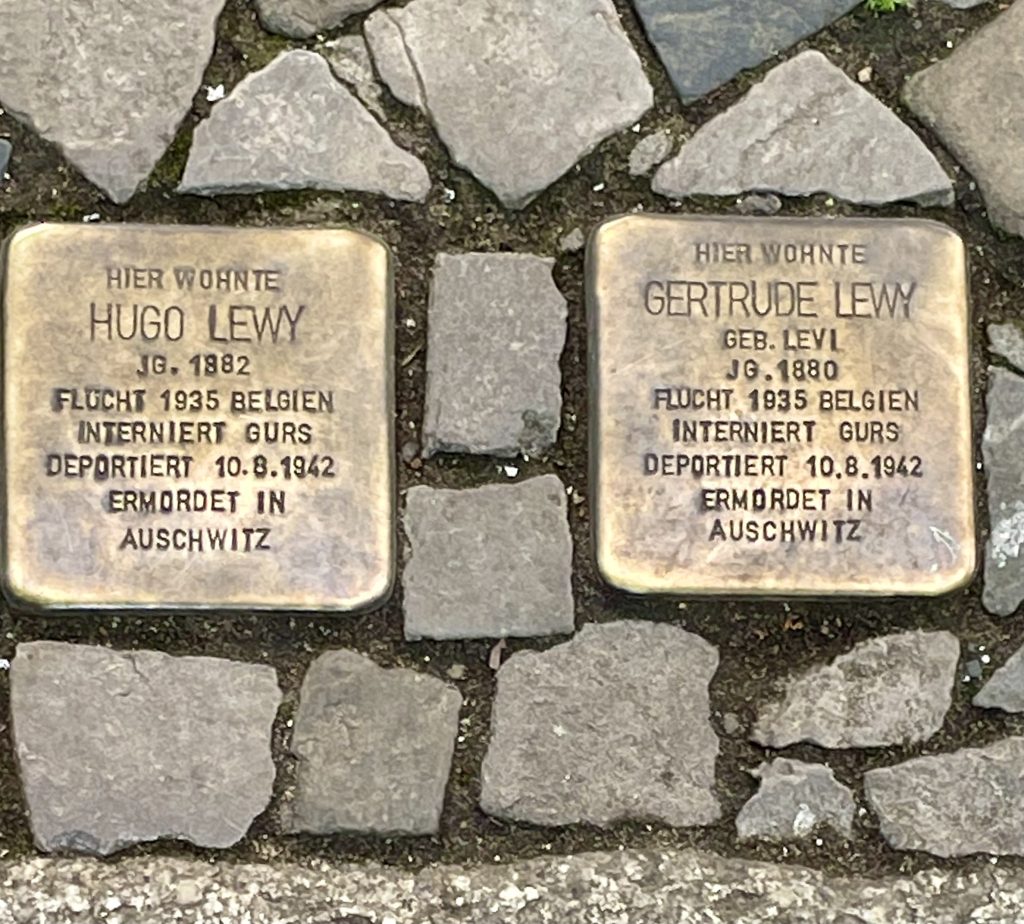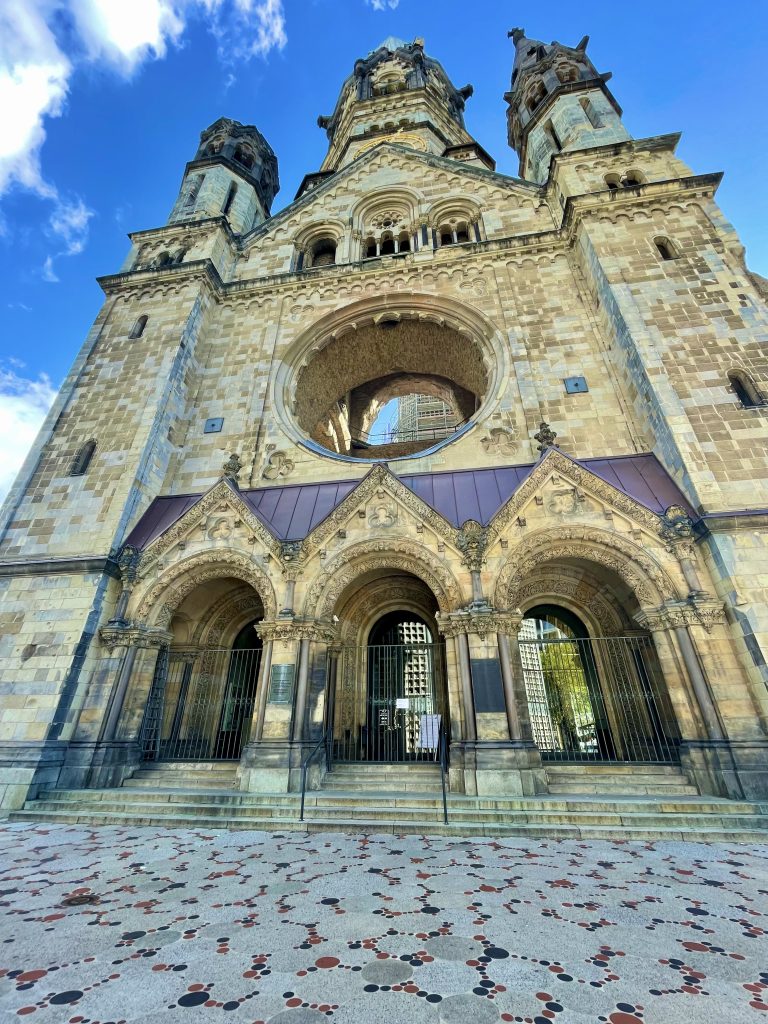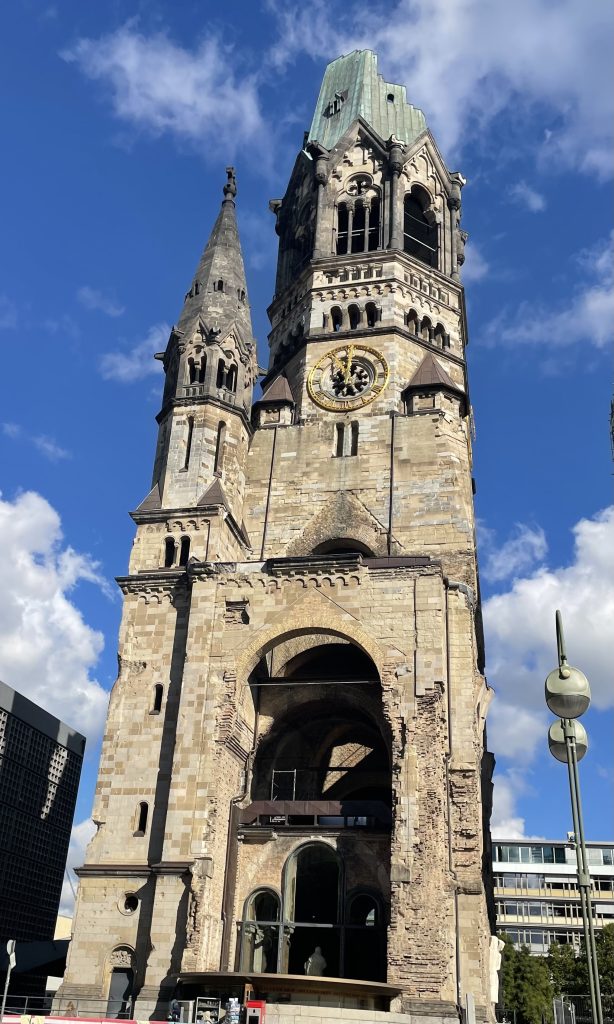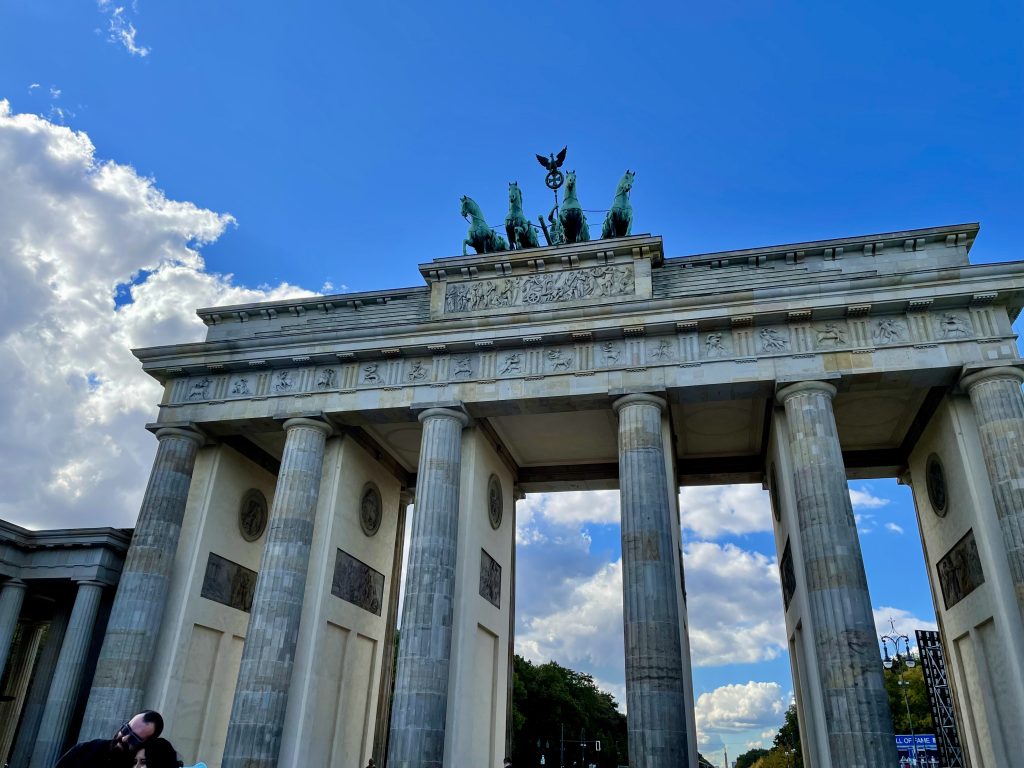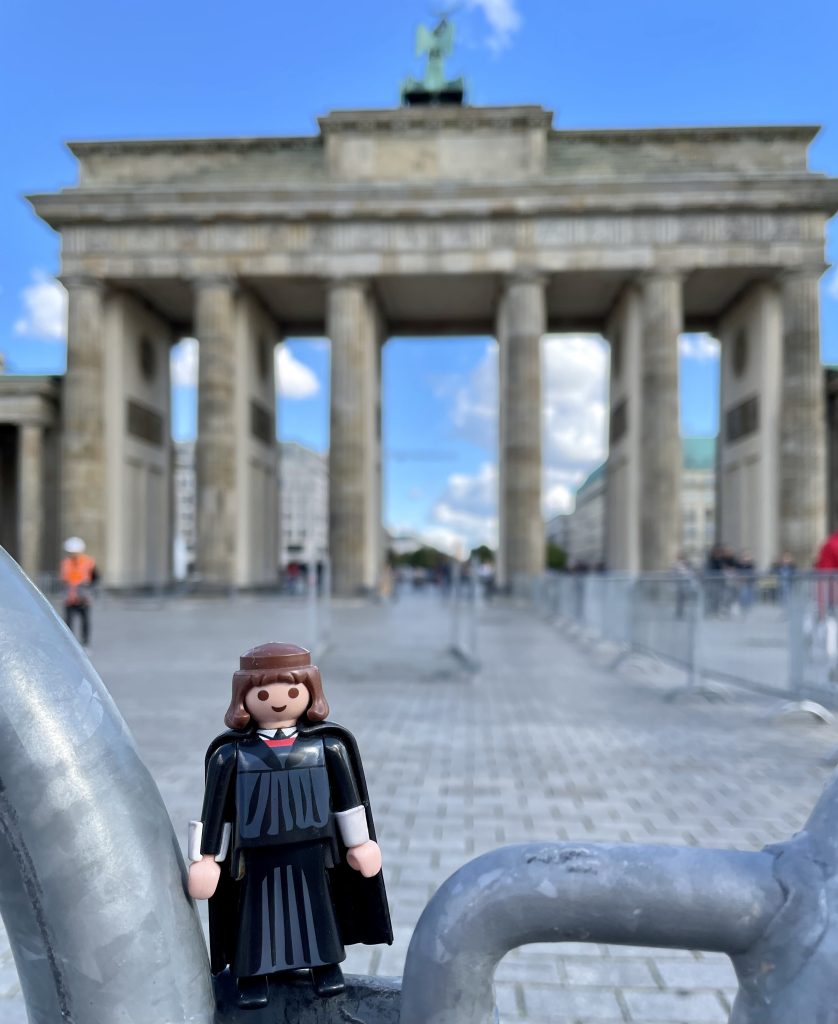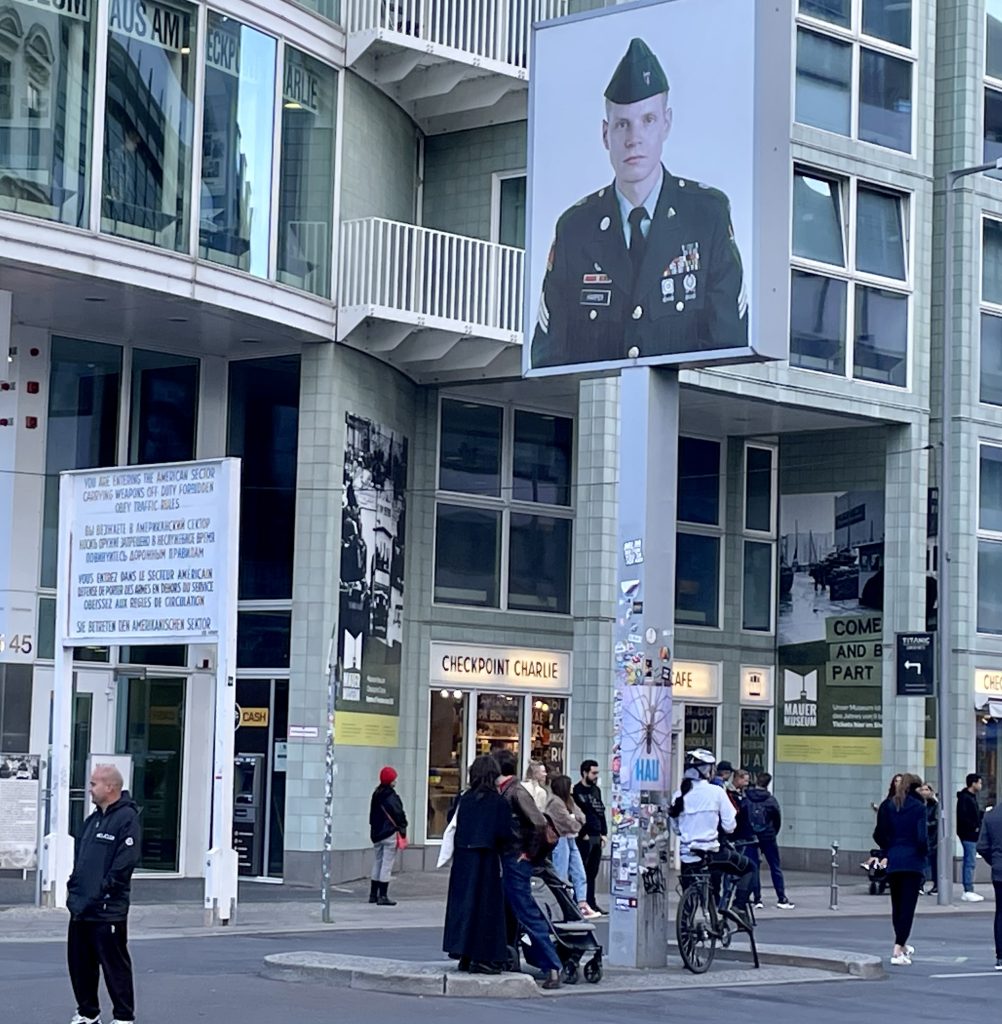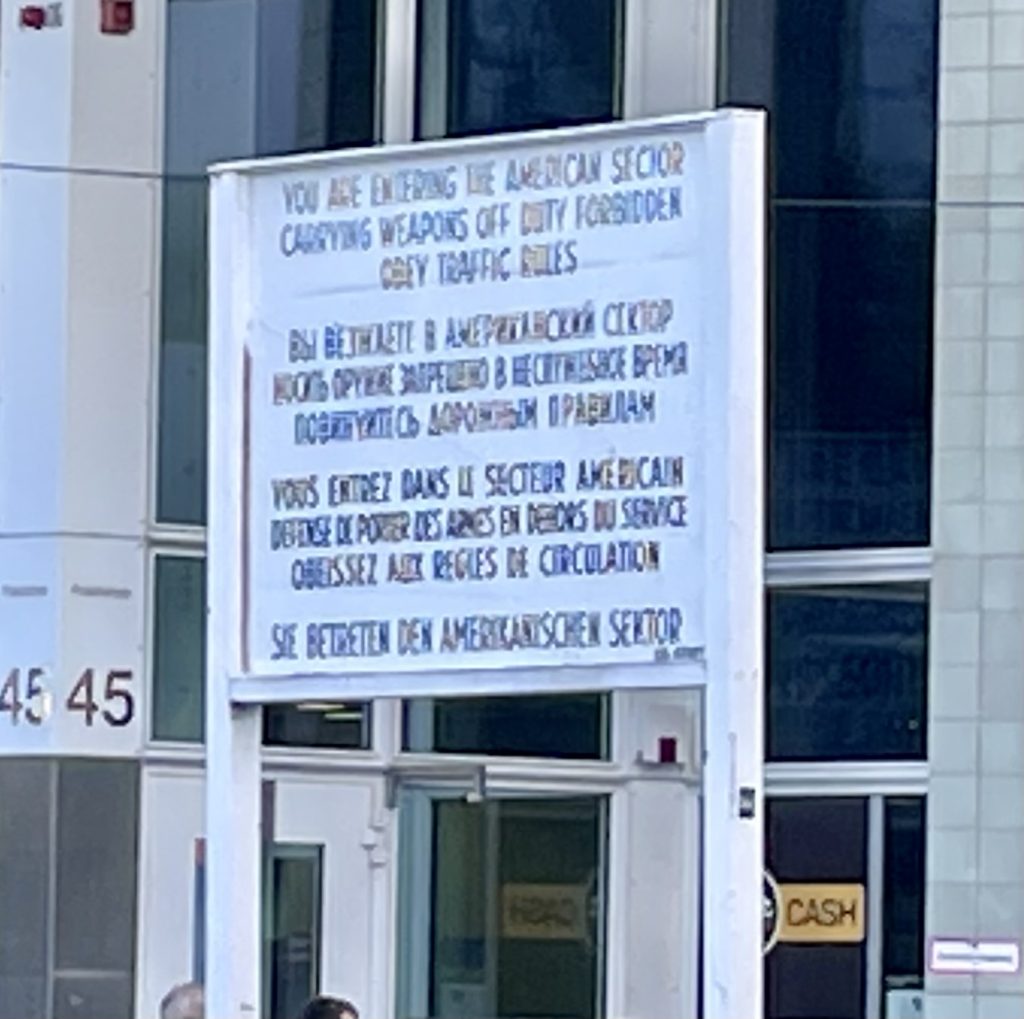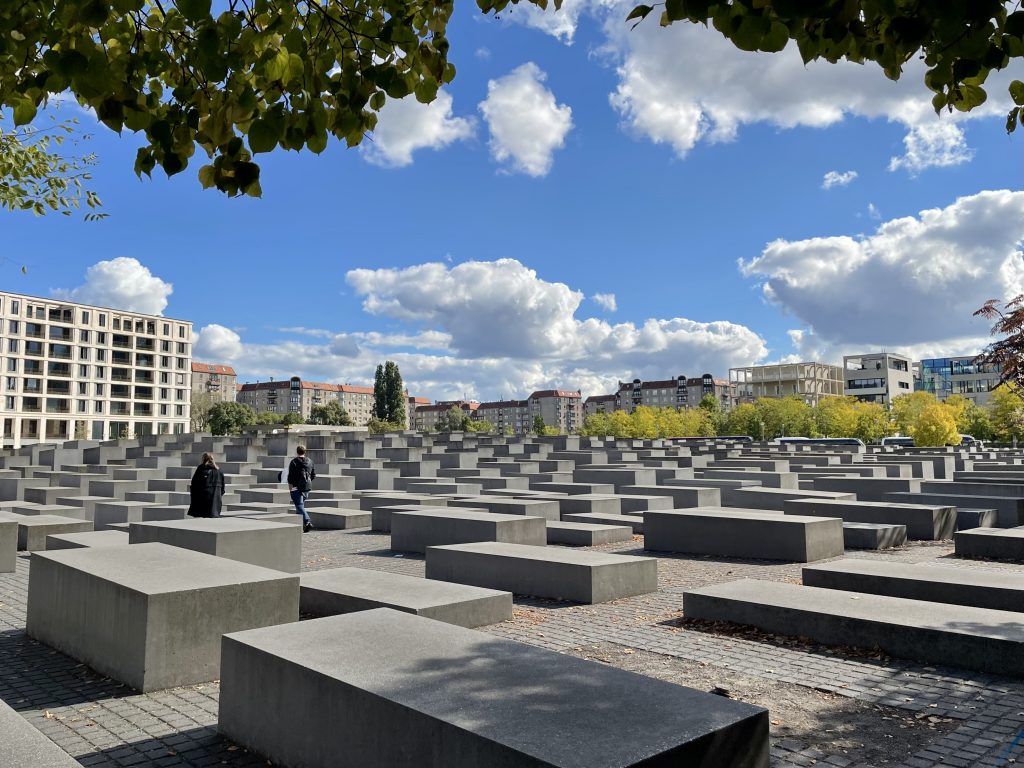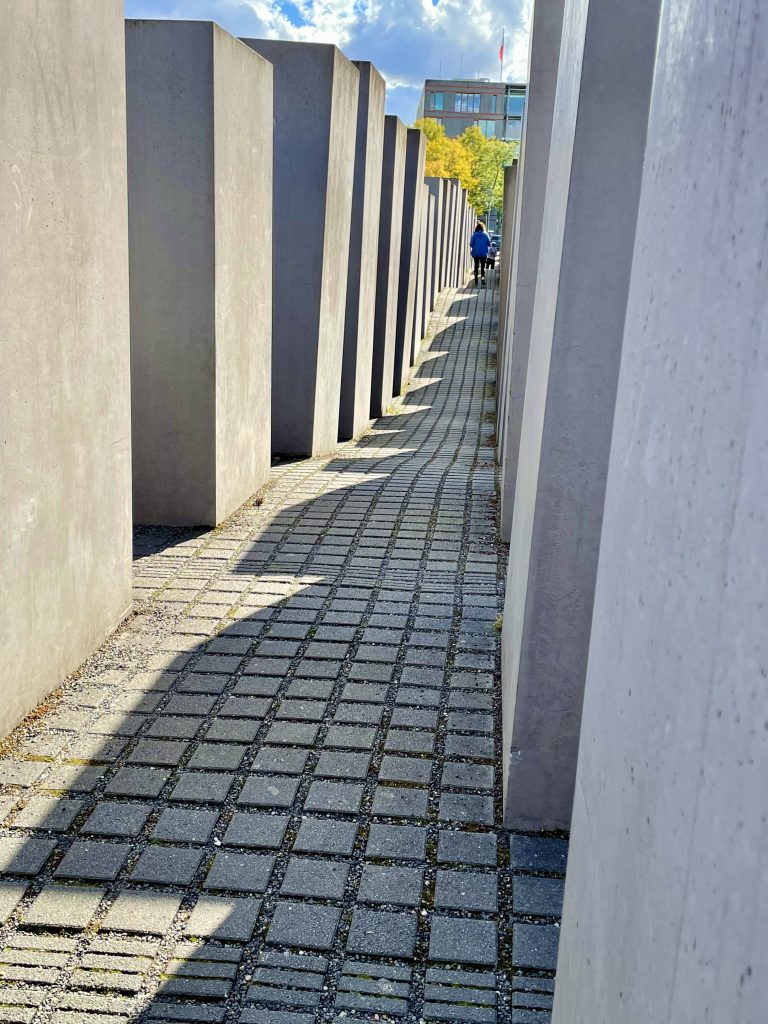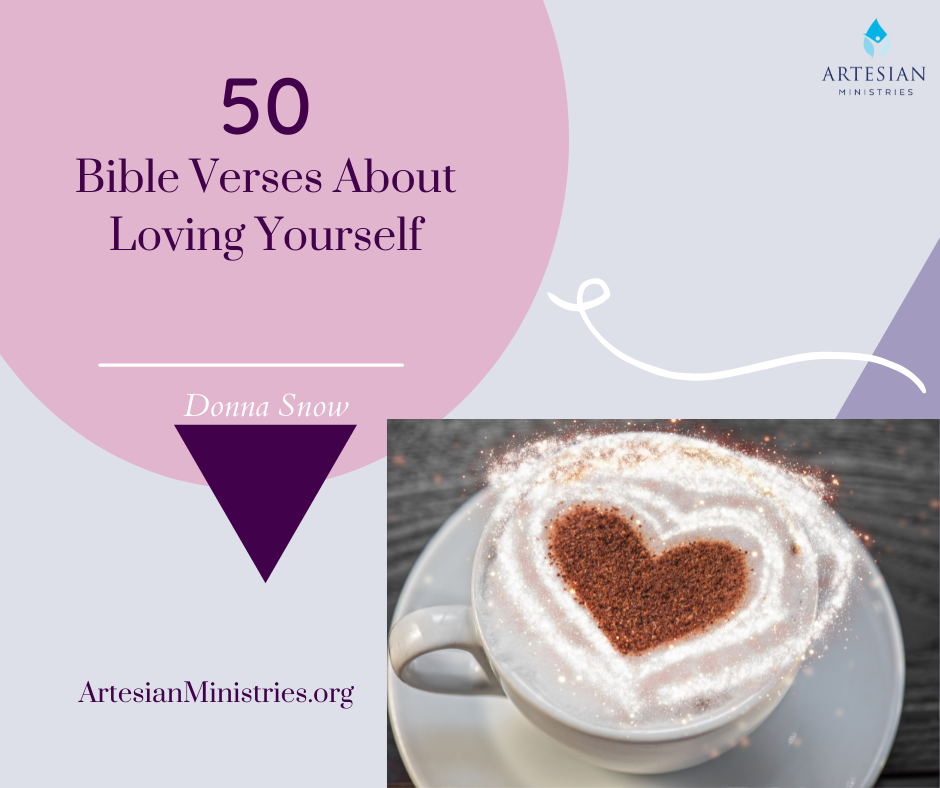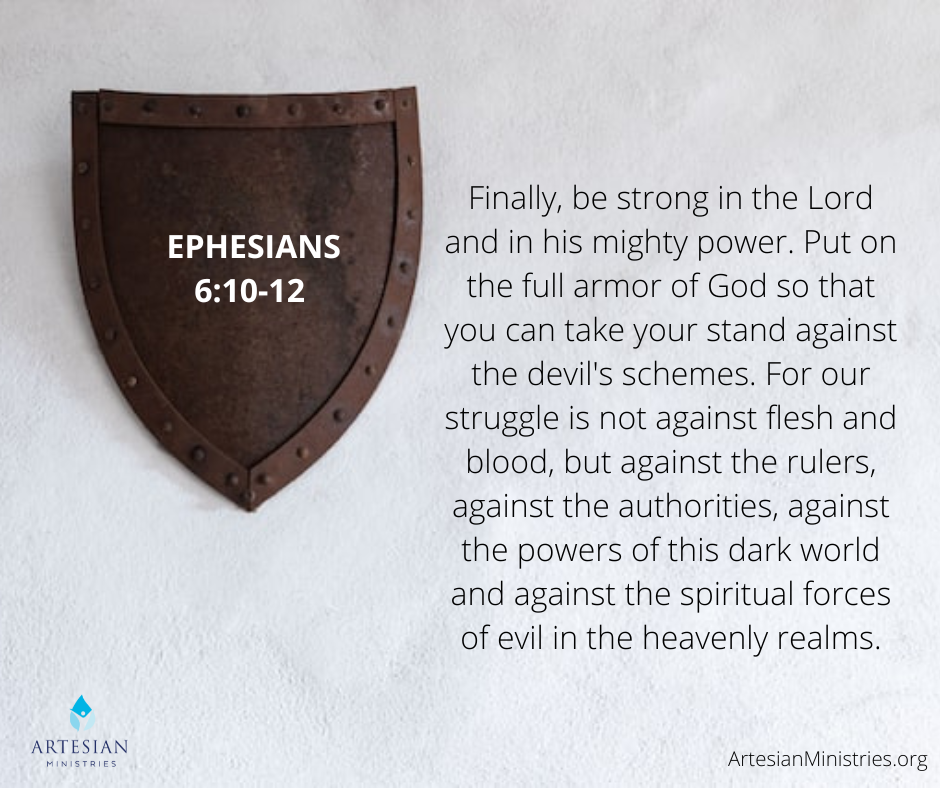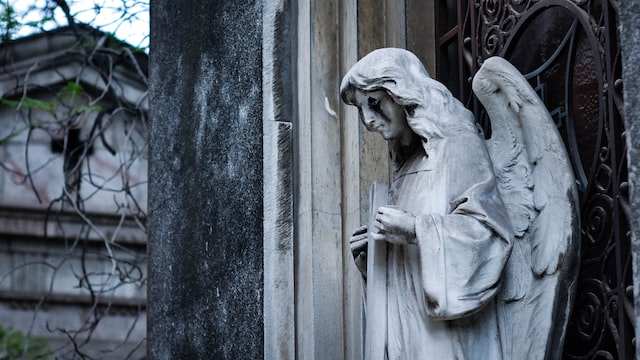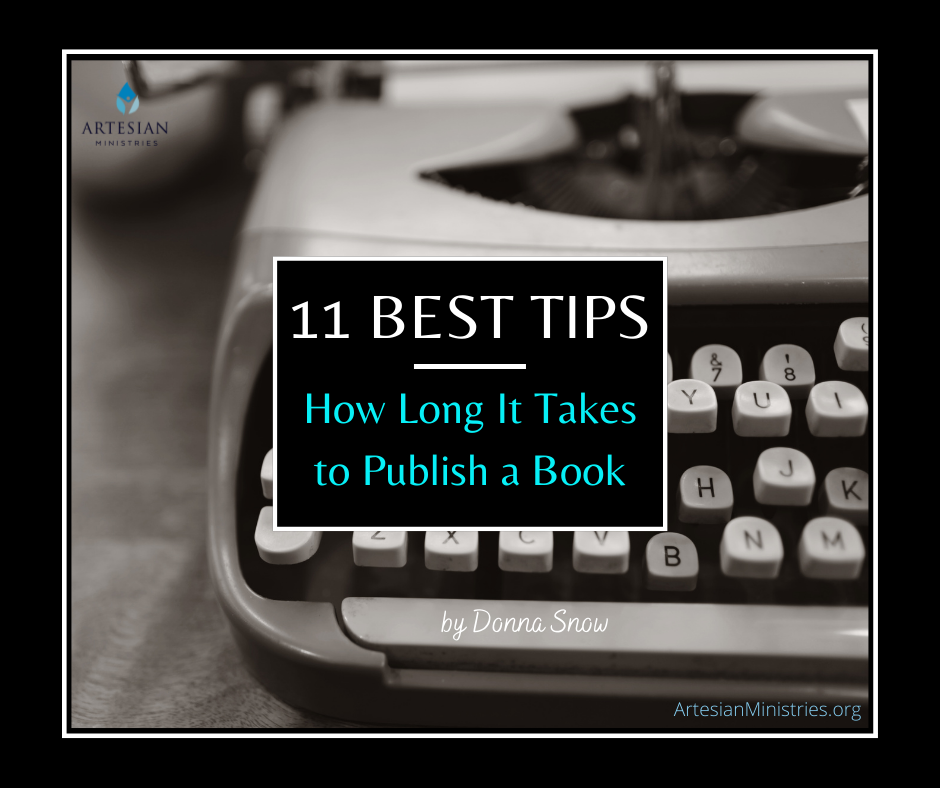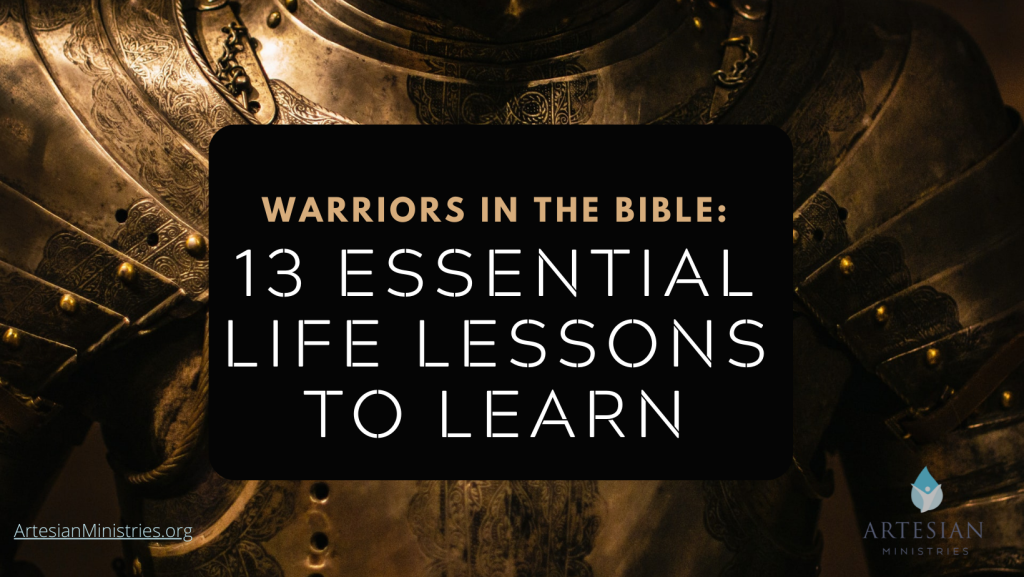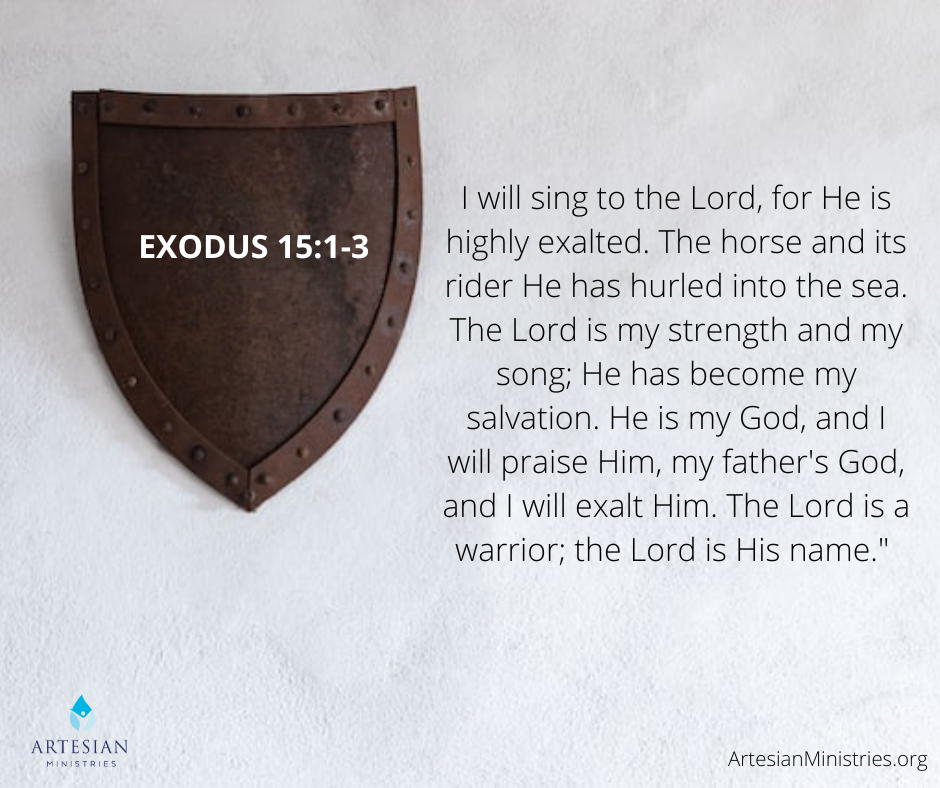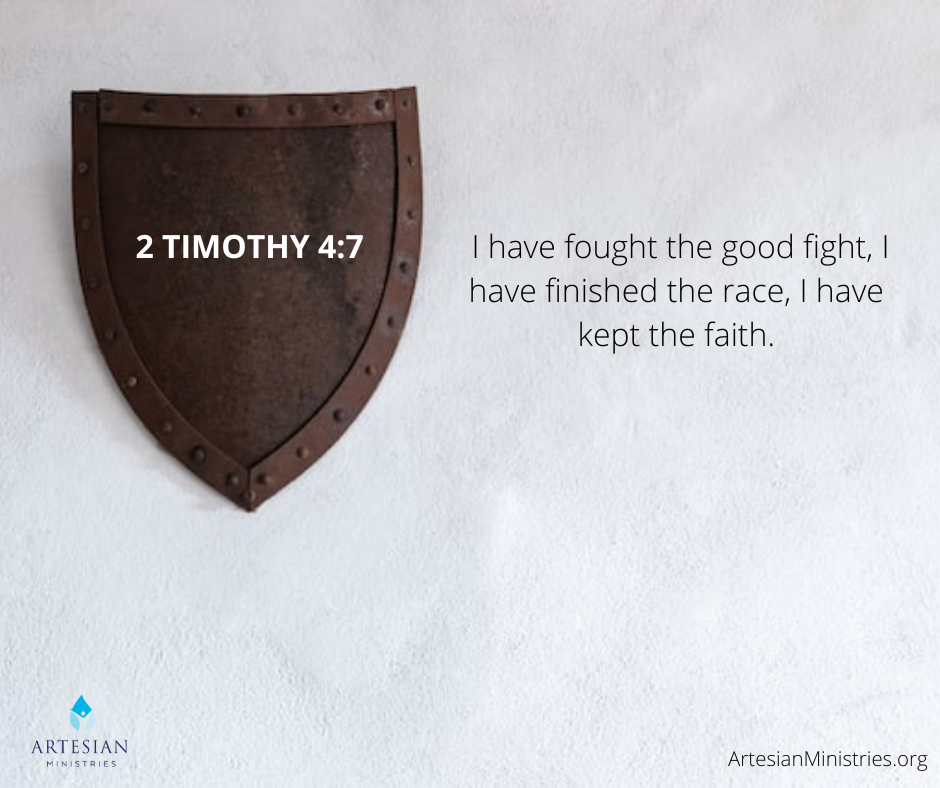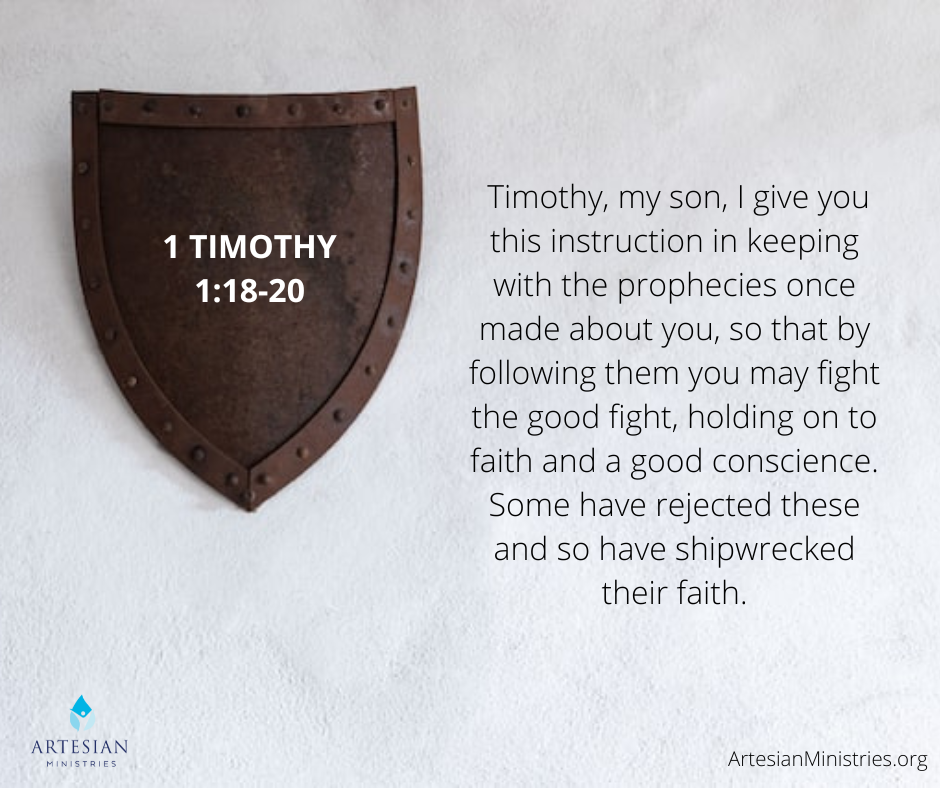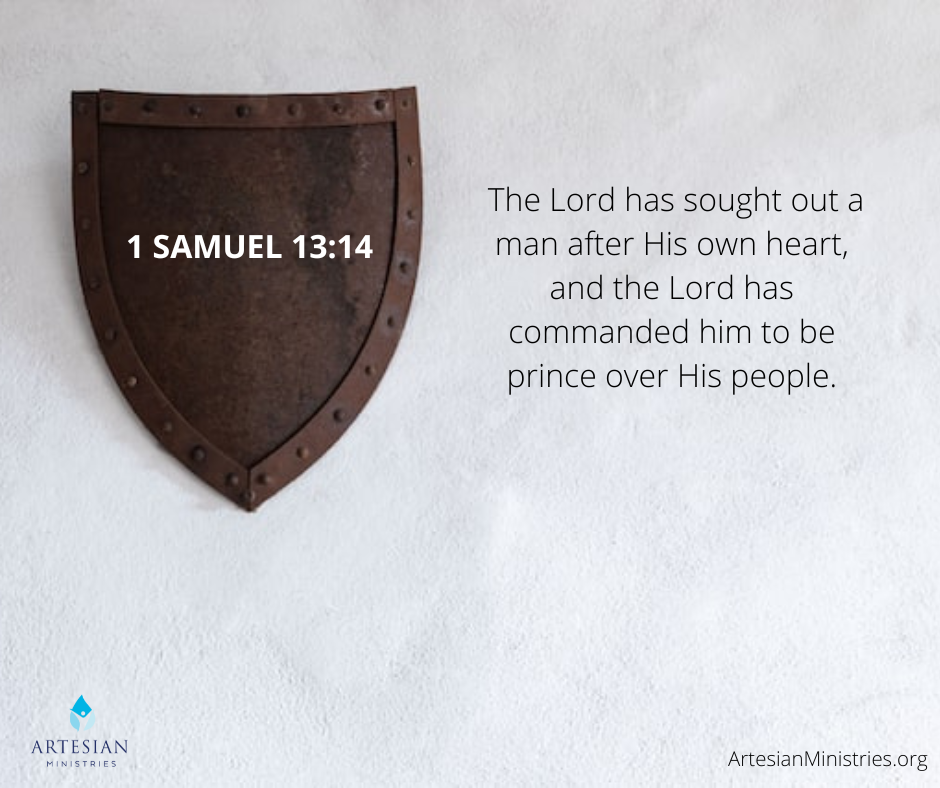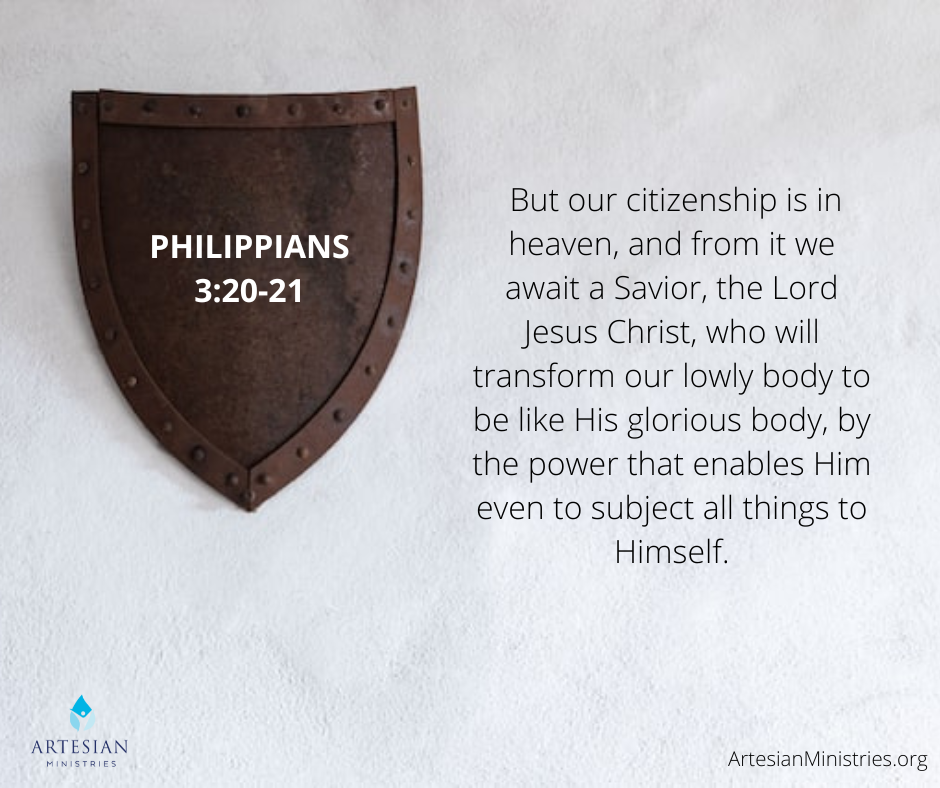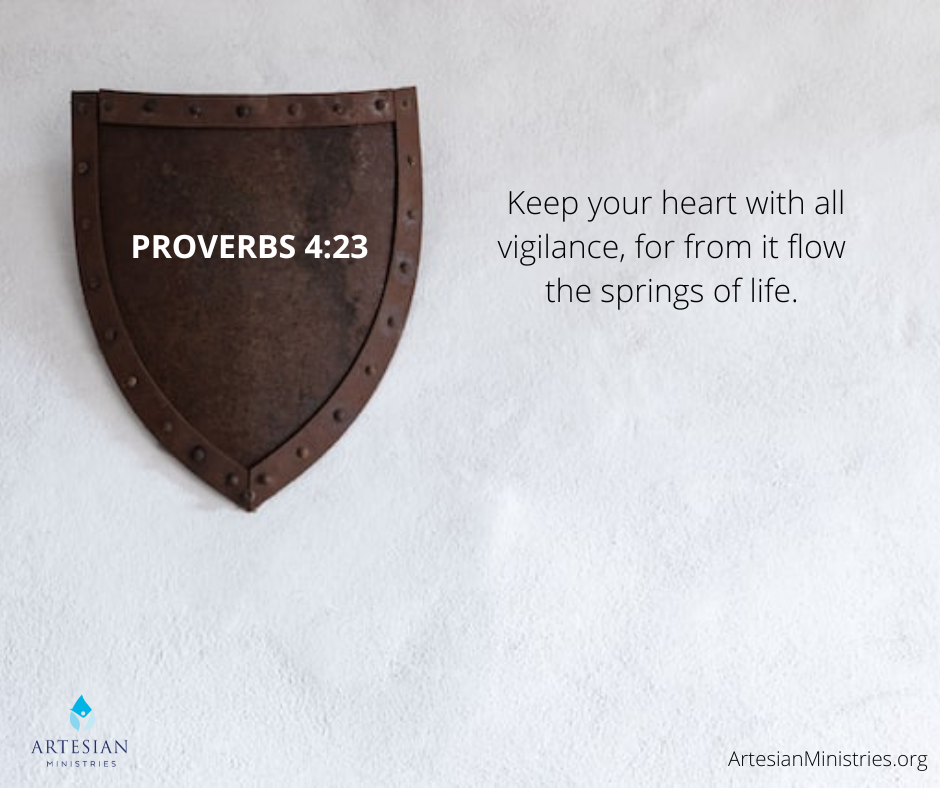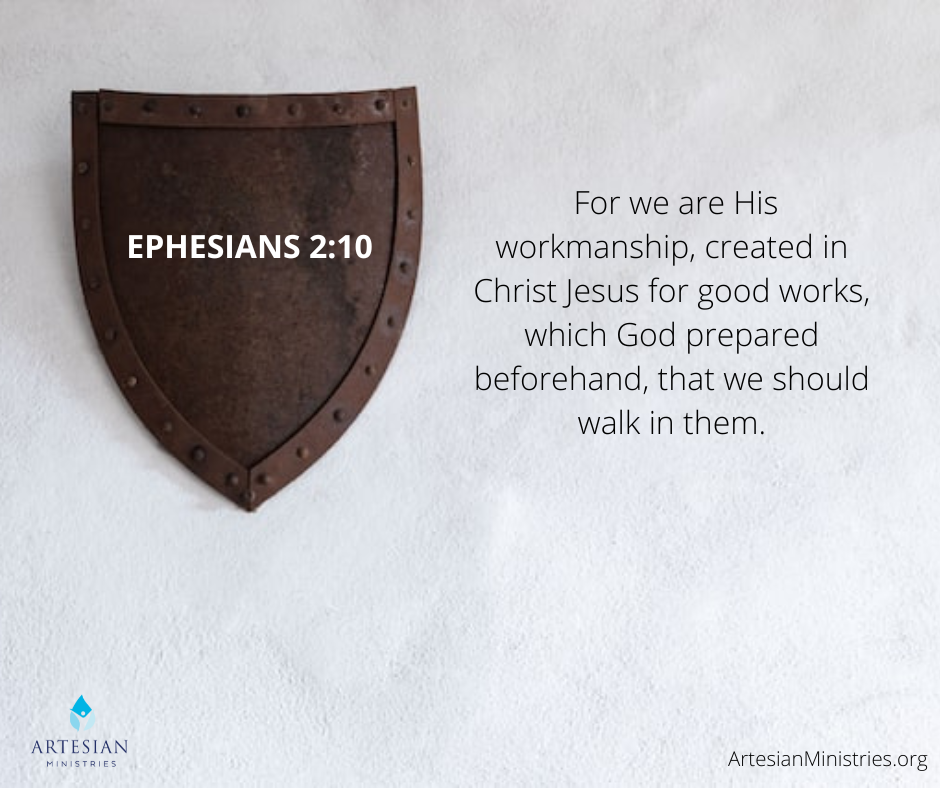We have traced my 10-day tour through Germany in the steps of Martin Luther through Erfurt, Wittenberg, Wartburg Castle, and Eisenach. We have looked at how Luther became a monk, then a priest, then a leader of the Reformation movement after he posted the 95 Theses on the Castle Church doors.
Next, our tour group turned south toward Nuremberg, Augsburg, and Munich, which we will cover today.
Nuremberg
Luther called Nuremberg “the eye and the ear of Germany” because of its 21 printing houses. On July 6, 1530, Luther wrote an open letter from the Veste Coburg (Coburg Fortress) to Elector and Archbishop Albrecht of Brandenburg, challenging his opponents to prove him wrong according to Scripture.
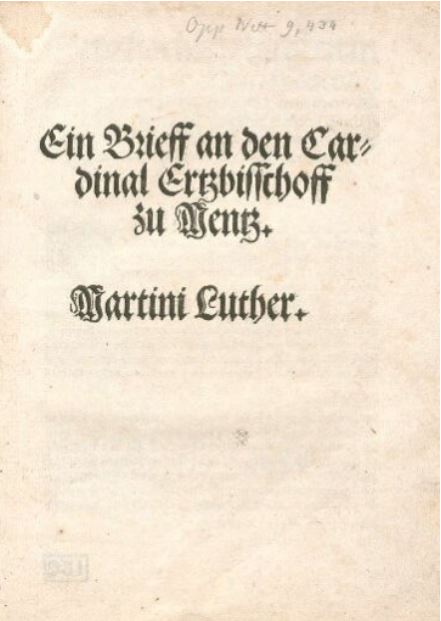
Luther wrote: “I would have preferred to write this letter in confidence and by hand to your Electoral Grace. But, I was afraid that in this fast time, it might possibly be published adulterated and misinterpreted on my behalf one way or the other. And, perhaps I would put your Electoral Grace under suspicion. That is why I dared to publish it in print myself, so as to prevent the poisonous, suspicious interpreters.”
Luther was burdened by the discord between the German princes triggered by his Augsburg Confession. He criticized the German princes, who adhered to the pope’s followers, in drastic words. Nuremberg was the first major city to embrace Lutheranism.
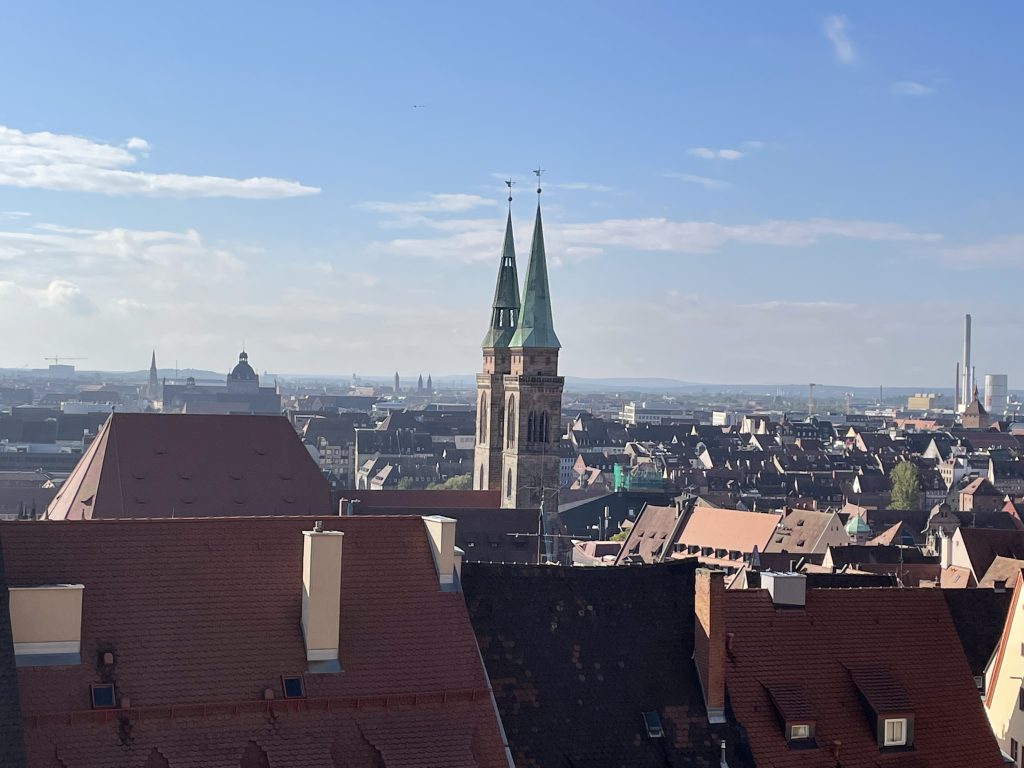
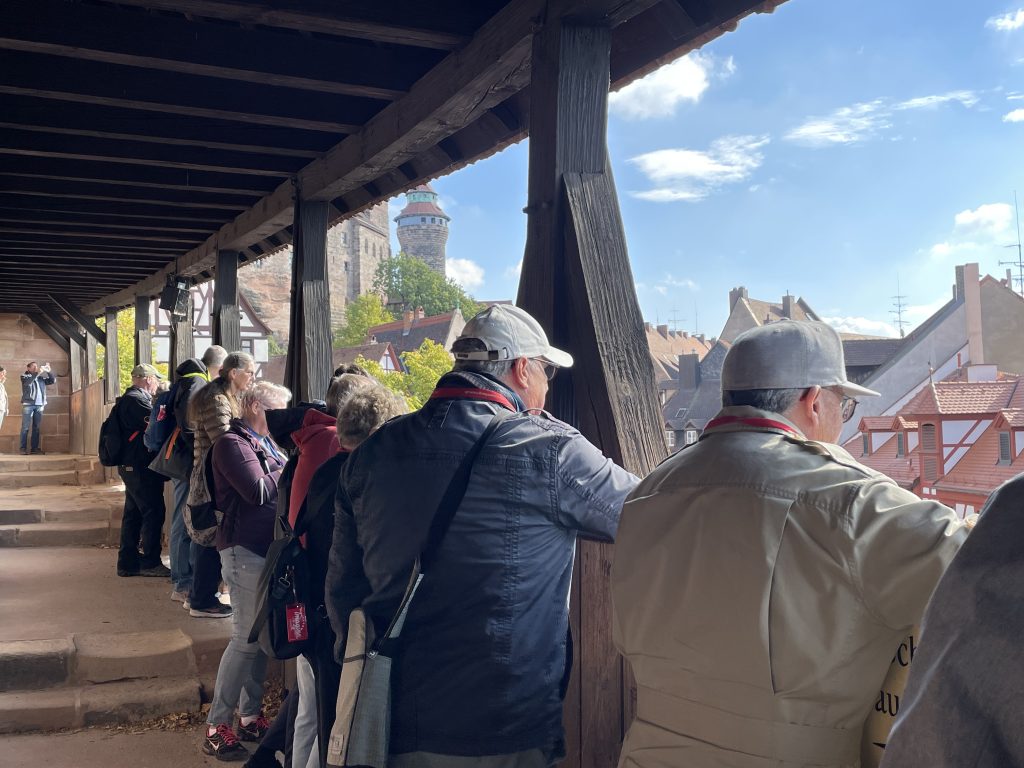
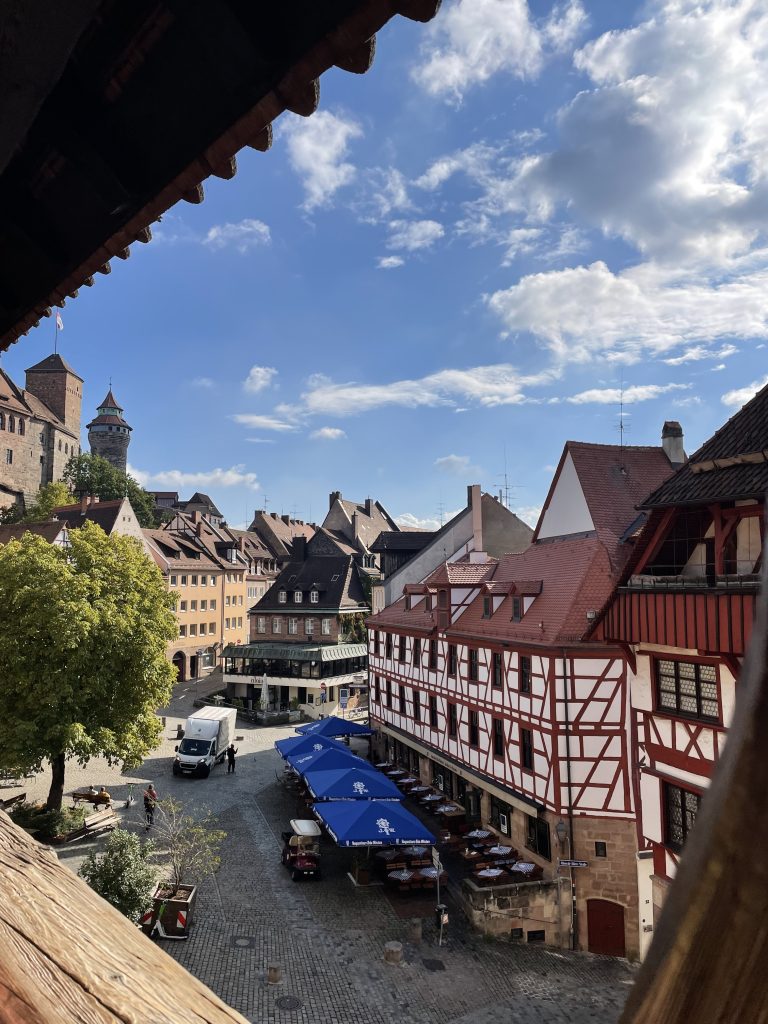
St. Sebald Church
St. Sebald is Nuremberg’s oldest church, consecrated in 1273, and was the first Catholic cathedral to convert to Lutheranism. It takes its name from Sebaldus, an 8th-century hermit and missionary and patron saint of Nuremberg.
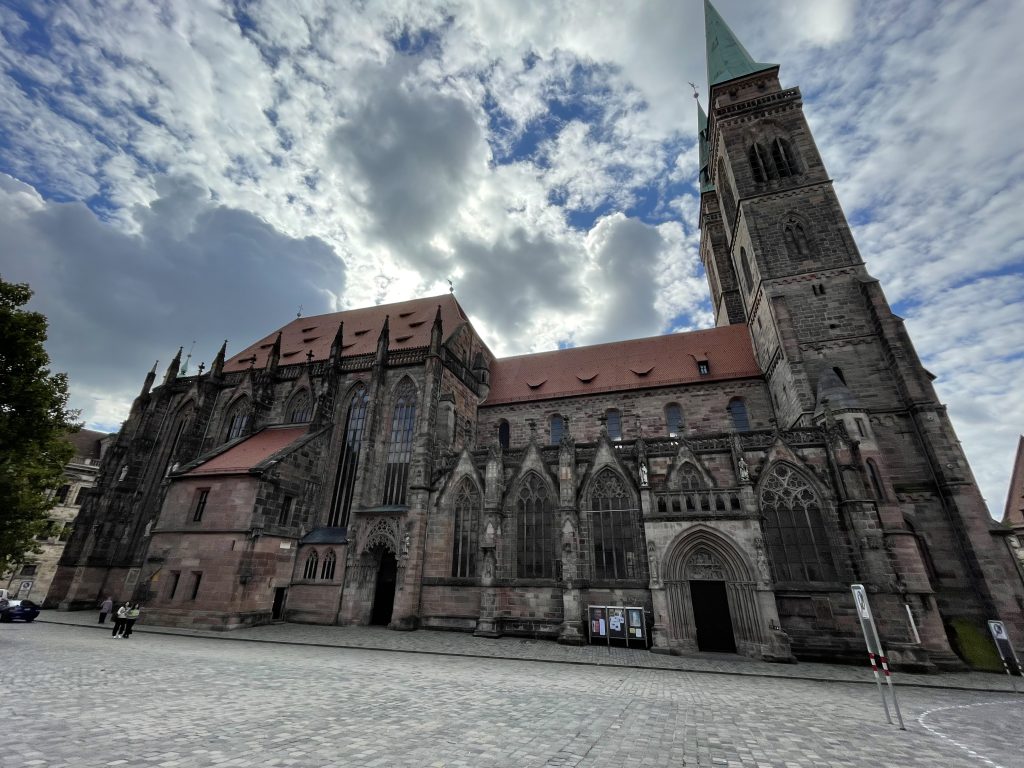
Construction began in 1225 and was completed by 1273-75. It was originally built as a Romanesque basilica with various additions and stained glass added in subsequent centuries.
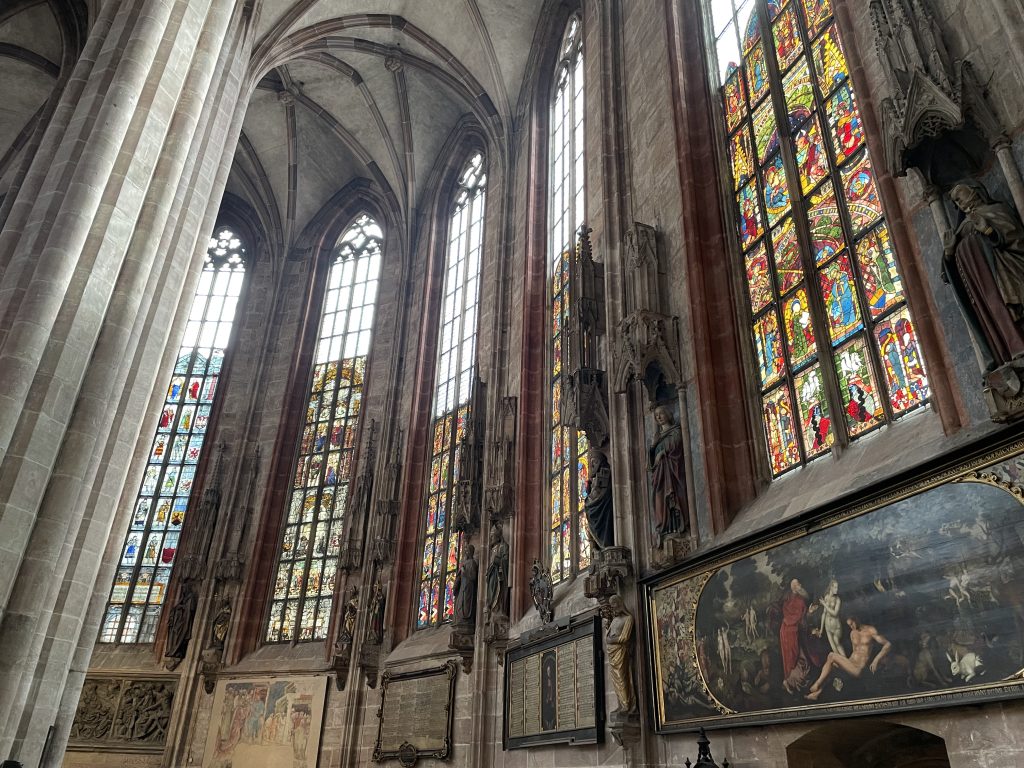
The church suffered serious damage during World War II and was subsequently reconstructed. Some of the old interior did survive, including the Shrine of St. Sebaldus, works by Veit Stoss and the stained glass windows. The church had an organ by the 14th century, and another by the 15th.
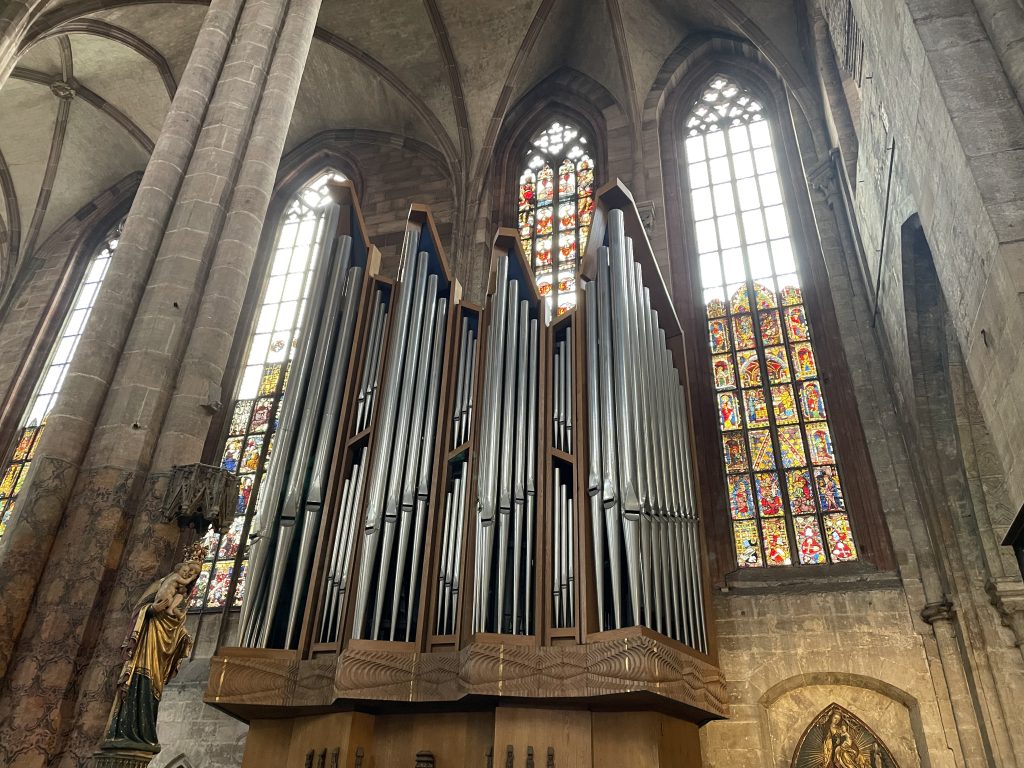
St. Lorenz Church
We also stepped into St. Lorenz (St. Lawrence) church. Building begun around 1250 and was originally built as a three-aisled basilica in the high Gothic style.
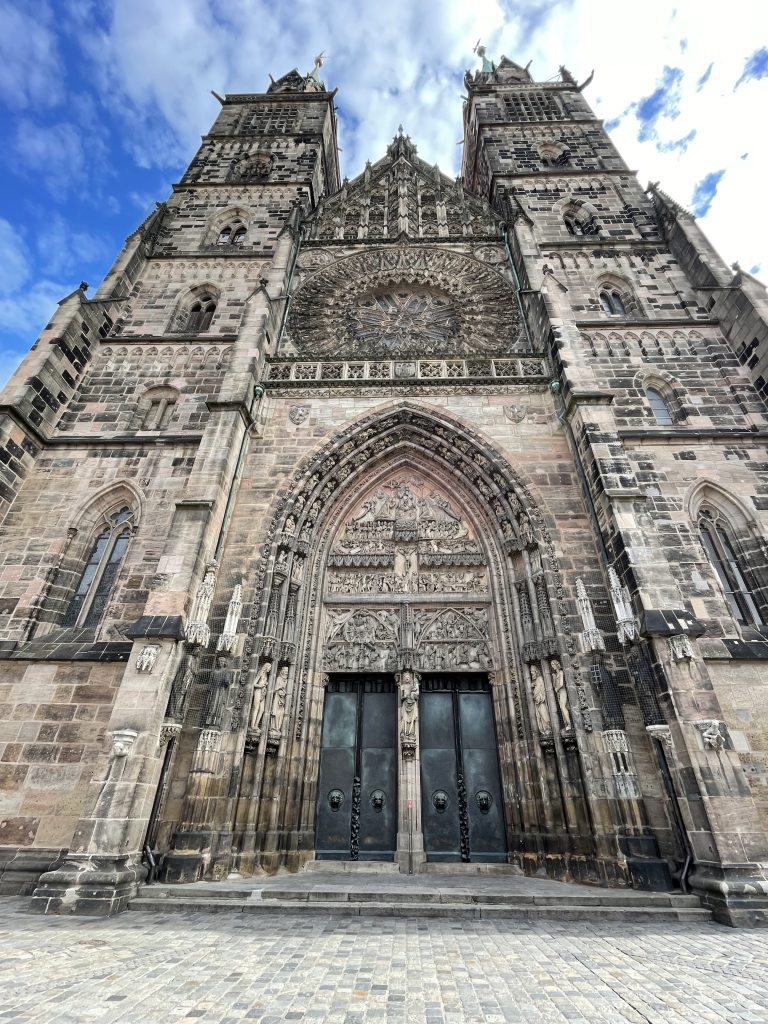

It was built on the site of a former Romanesque chapel dedicated to “St. Lawrence the Holy Sepulchre”, which belonged to the parish church of the city of Fürth and was mentioned in documents of the first half of the 13th century.
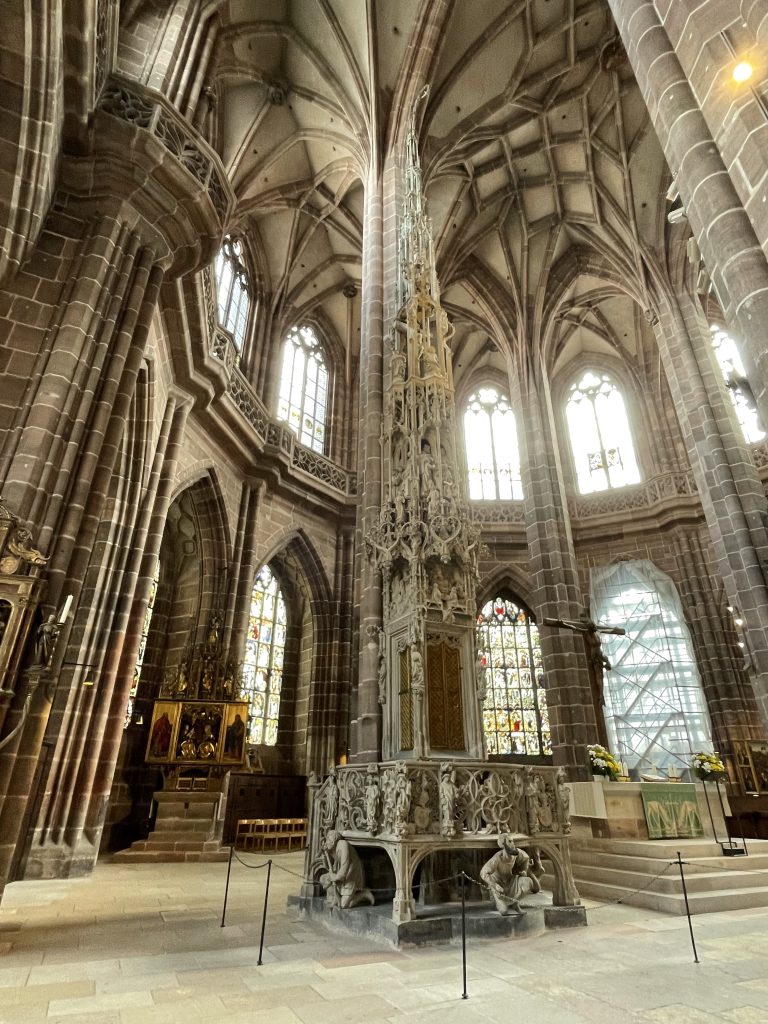
St. Lorenz was one of the first churches in Germany to become Lutheran (since 1529). Today the church belongs to the Evangelical Lutheran Church in Bavaria.
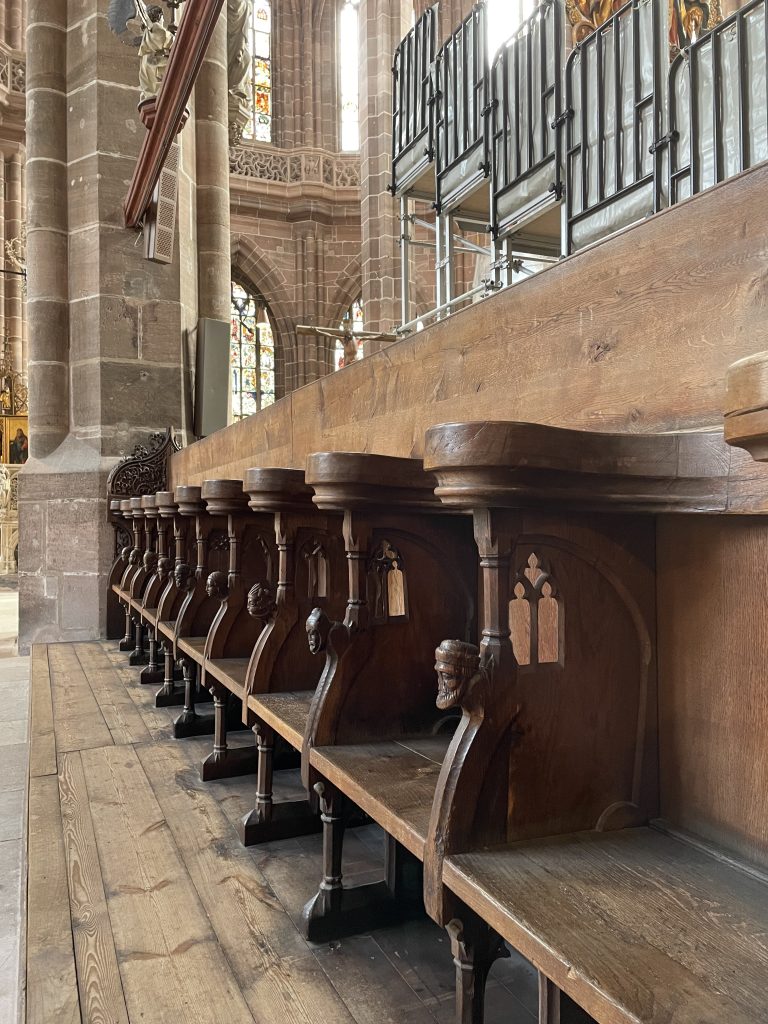
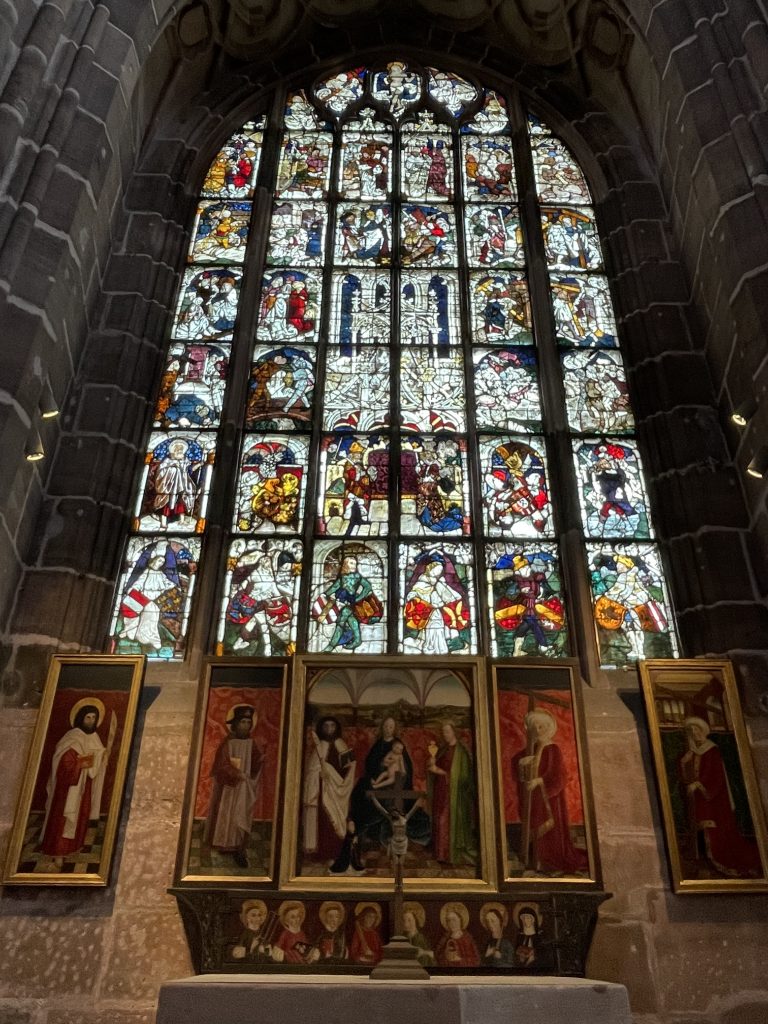
Augsburg
From Nuremberg, our group headed to Augsburg, where Martin Luther met with the papal legate, Cardinal Cajetan, at their demand, in 1518 at St. Anna’s Church. Augsburg was the site of another Imperial Diet (political assembly) in 1530, at which Protestants presented their confession. At the time it was the foremost doctrinal statement of the Lutheran Church.

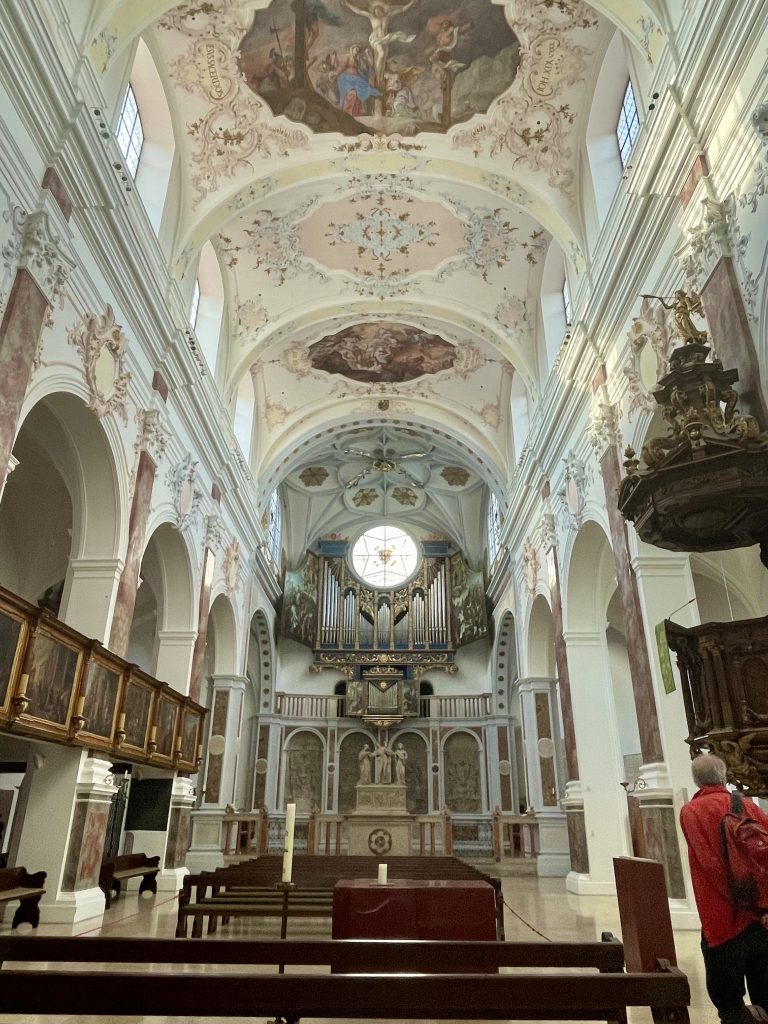
The Augsburg Confession
The Augsburg Confession consisted of the 28 articles that constituted the basic confession of the Lutheran churches. It was presented June 25, 1530, in German and Latin at the Diet of Augsburg to the emperor Charles V by seven Lutheran princes and two imperial free cities.
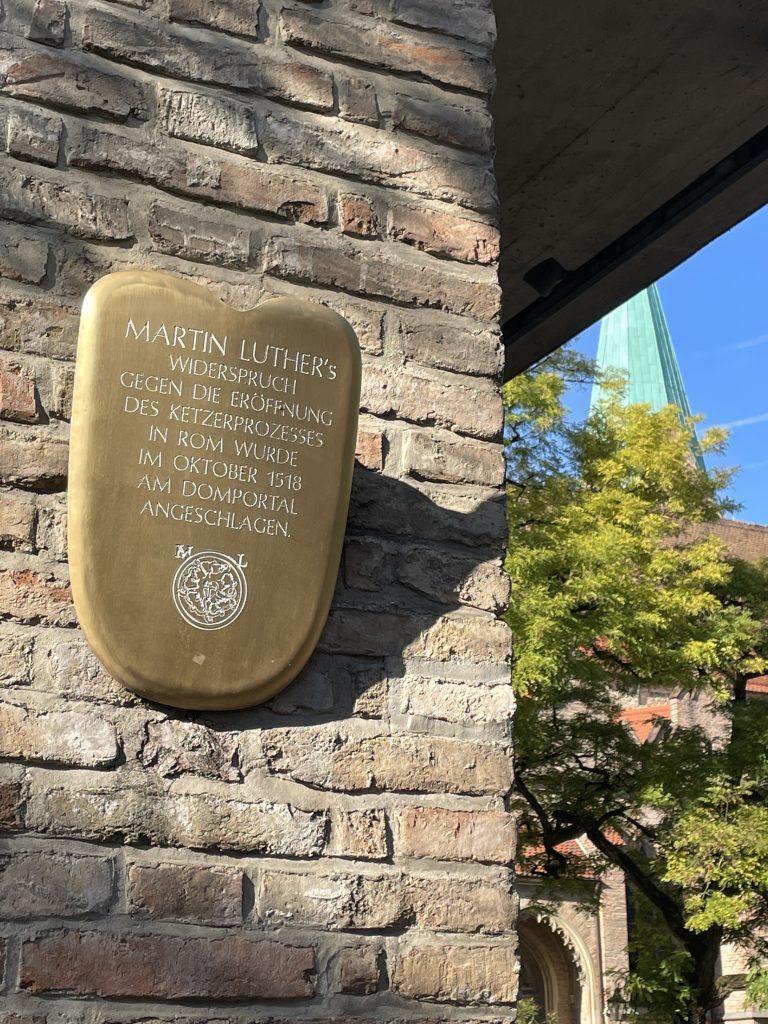
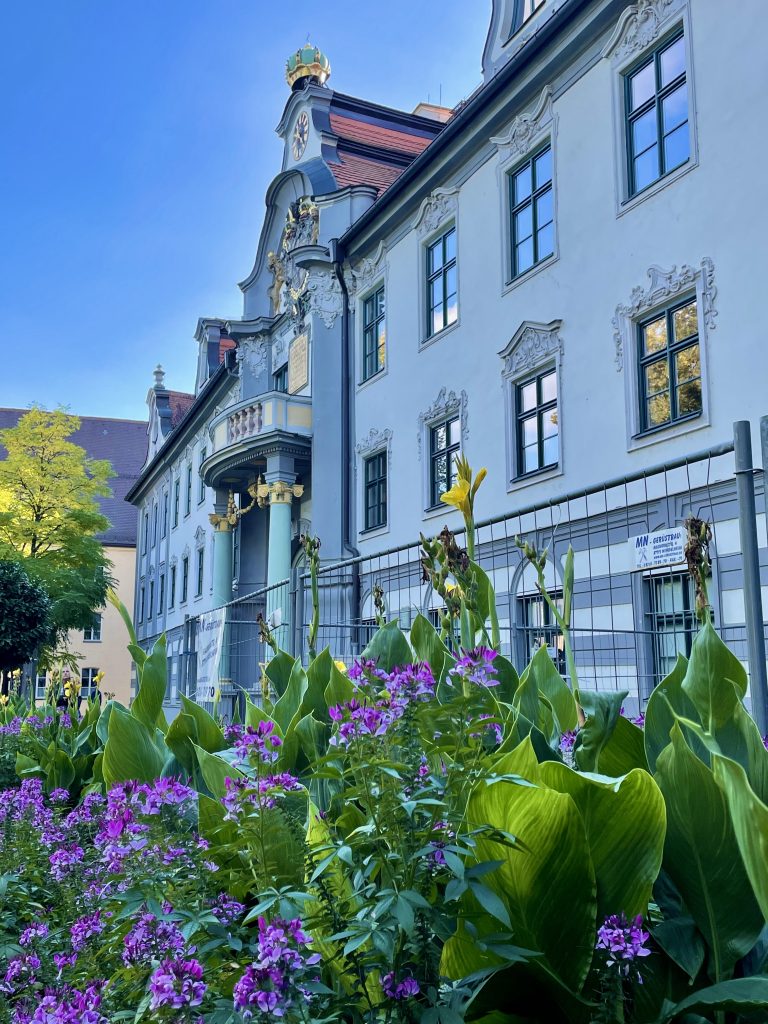
The principal author was the reformer Philipp Melanchthon, who drew on earlier Lutheran statements of faith. The purpose was to defend the Lutherans against misrepresentations and to provide a statement of their theology that would be acceptable to the Roman Catholics.
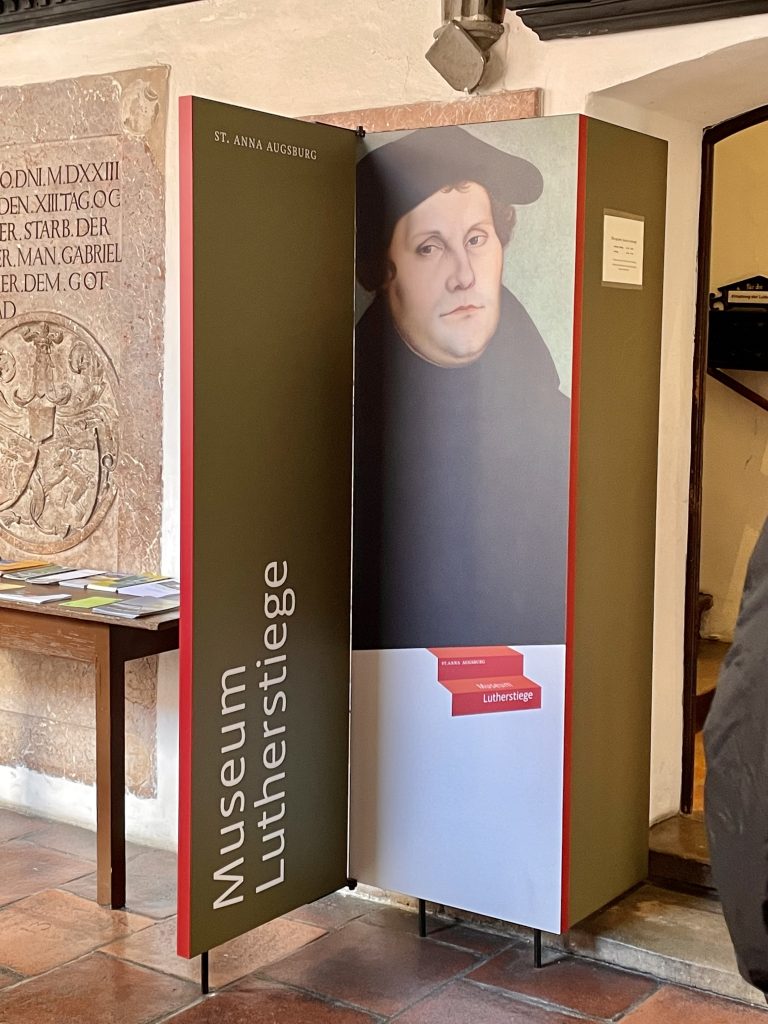
The first 21 articles of the Augsburg Confession set forth Lutheran doctrine in order to demonstrate that “they dissent in no article of faith from the Catholic Church.” The remaining seven articles discuss abuses that had crept into the Western church in the centuries immediately preceding the Reformation.
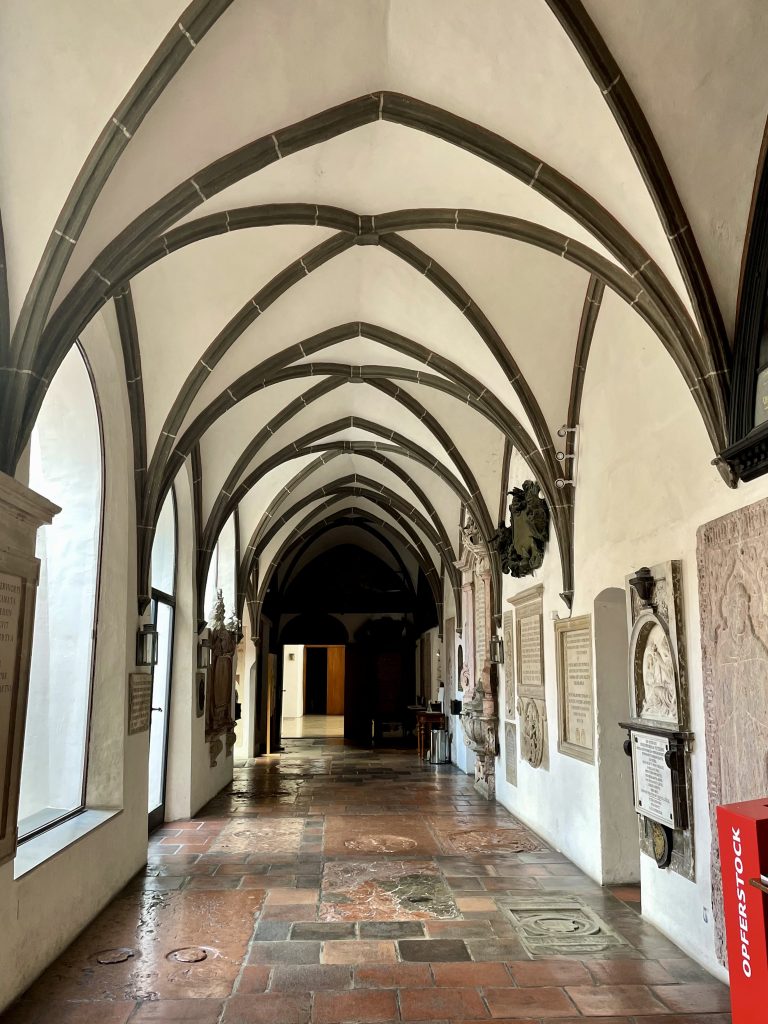
Twenty five years later in the Augsburg town hall, the Peace of Augsburg was signed in 1555, ending for a time the religious wars in Germany between the Catholics and the Protestants.
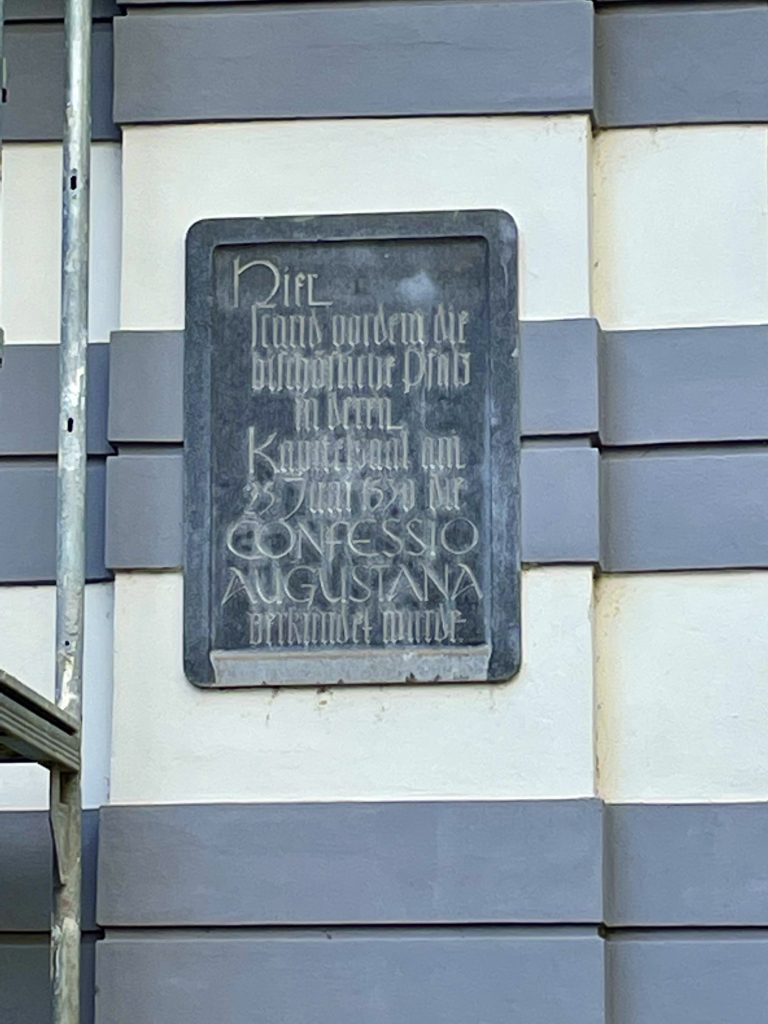
Munich
When we finished walking through Augsburg on a beautiful fall day, we boarded the bus and headed down to Munich to enjoy Germany’s historic Oktoberfest!

Oktoberfest
I had never been to Oktoberfest before and it was so much fun! Each tent boasted a different theme and different menu. There was live music and merriment in every tent. Although the day started out cold and rainy, it ended beautifully so that we were able to walk around and fully enjoy Oktoberfest.


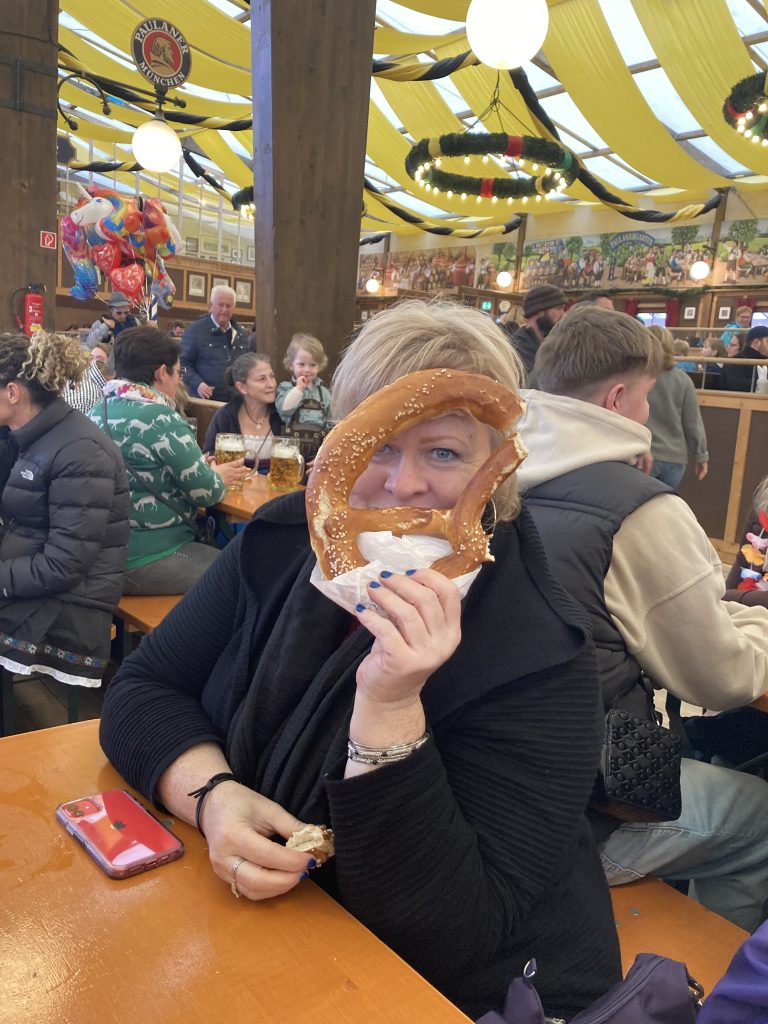


Munich’s Glokenspiel
We paused in Munich’s Marienplatz at Noon to watch the beautiful Glokenspiel (clock) in the City Tower. The clock shows two events from Munich’s city history. On the Glokenspiel’s top floor, the wedding of Duke Wilhelm V and Renate of Lorraine, celebrated in February 1568. In honor of the bride and groom, a jousting tournament took place on Marienplatz. The Bavarian knight triumphed over his opponent from Lorraine.
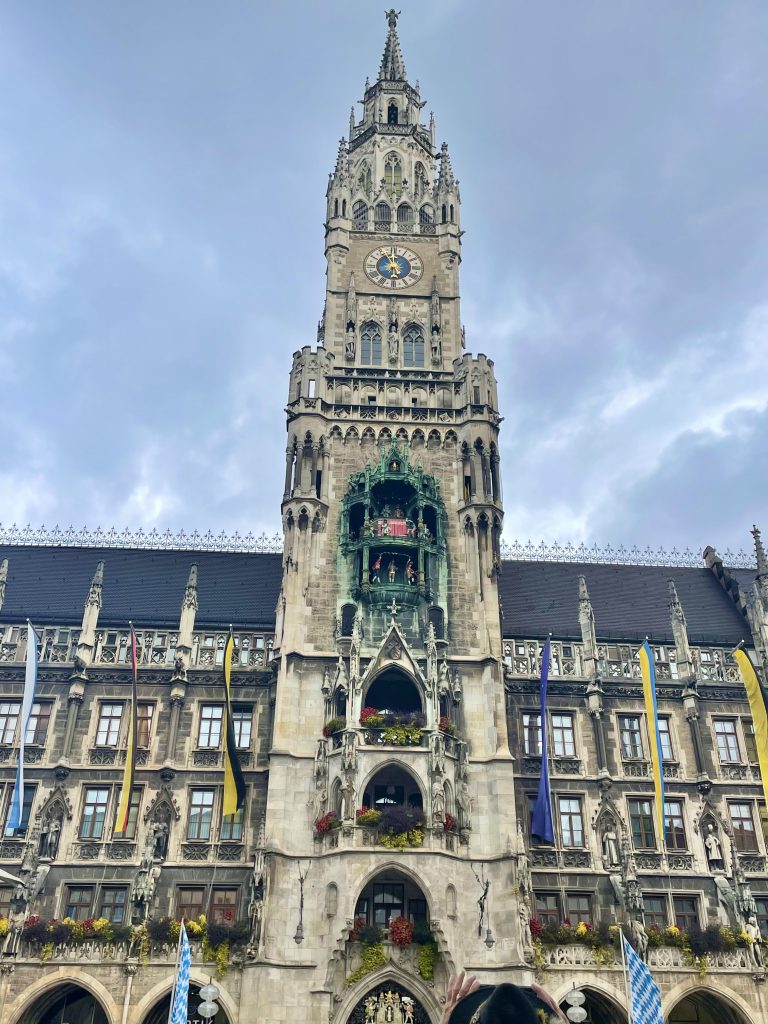
The lower floor shows the Schäffler dance. After a severe plague epidemic, the barrel makers are said to have been the first to venture out into the streets again, dancing to amuse the plague-stricken population.
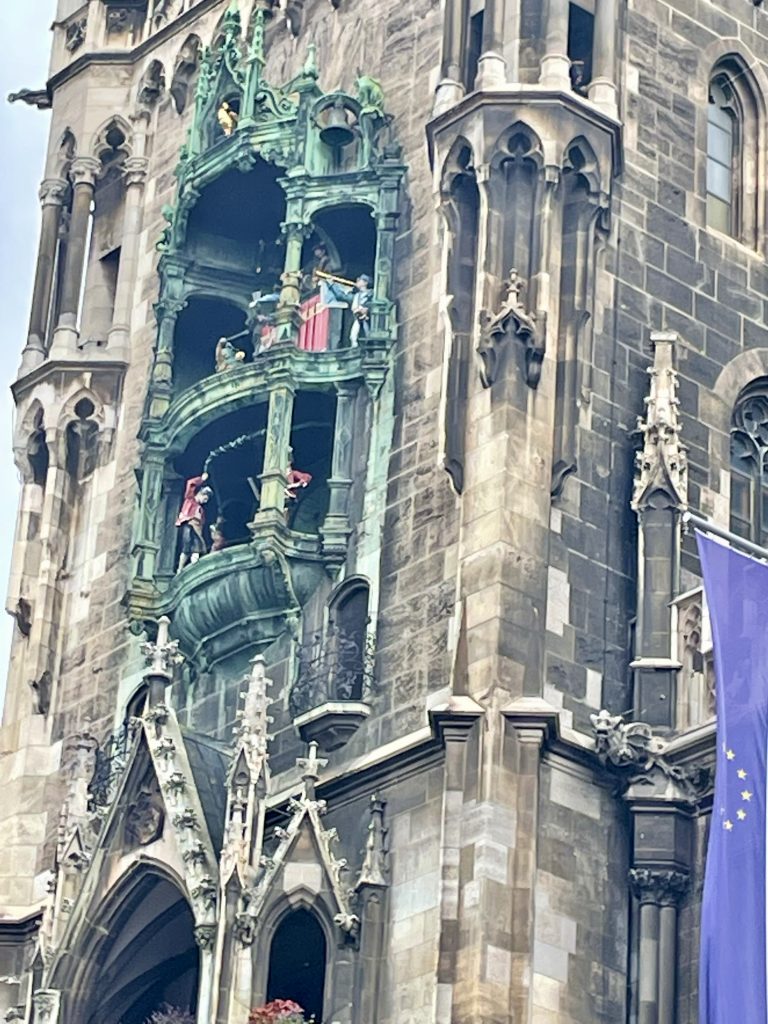
Neuschwanstein Castle
Maximilian II had already had paths and lookout points constructed in the area around Hohenschwangau in order to be able to enjoy the scenery. In the 1840s, as a birthday present for his mountain-climbing consort Marie, he had the bridge, the “Marienbrücke”, built high above the Pöllat Gorge.

“New Hohenschwangau Castle” (it only acquired the name of “Neuschwanstein” after the death of the king). It was to be a better recreation of an ideal medieval castle than Hohenschwangau.
Hohenschwangau Castle
Crown Prince Maximilian II of Bavaria, Ludwig II’s father, had the ruined castle of Schwanstein rebuilt from 1832 in the “Gothic style”. The young Ludwig was influenced by the romantic mountain scenery and the summer castle became one of his favourite places to stay.

Hohenschwangau was decorated with scenes from medieval legends and poetry, including the legend of the swan knight Lohengrin. Ludwig identified himself when still a boy with Lohengrin, to whom Richard Wagner dedicated a romantic opera in 1850.

Linderhof Palace
Ludwig II, who was crowned king in 1864, began his building activities in 1867/68 by redesigning his rooms in the Munich Residenz and laying the foundation stone of Neuschwanstein Castle. In 1868 he was already making his first plans for Linderhof. However, neither the palace modelled on Versailles that was to be sited on the floor of the valley nor the large Byzantine palace envisaged by Ludwig II were ever built.

Instead, the new building developed around the forester’s house belonging to his father Maximilian II, which was located in the open space in front of the present palace and was used by the king when crown prince on hunting expeditions with his father. Linderhof Palace, the eventual result of a long period of building and rebuilding, is the only large palace King Ludwig II lived to see completed.
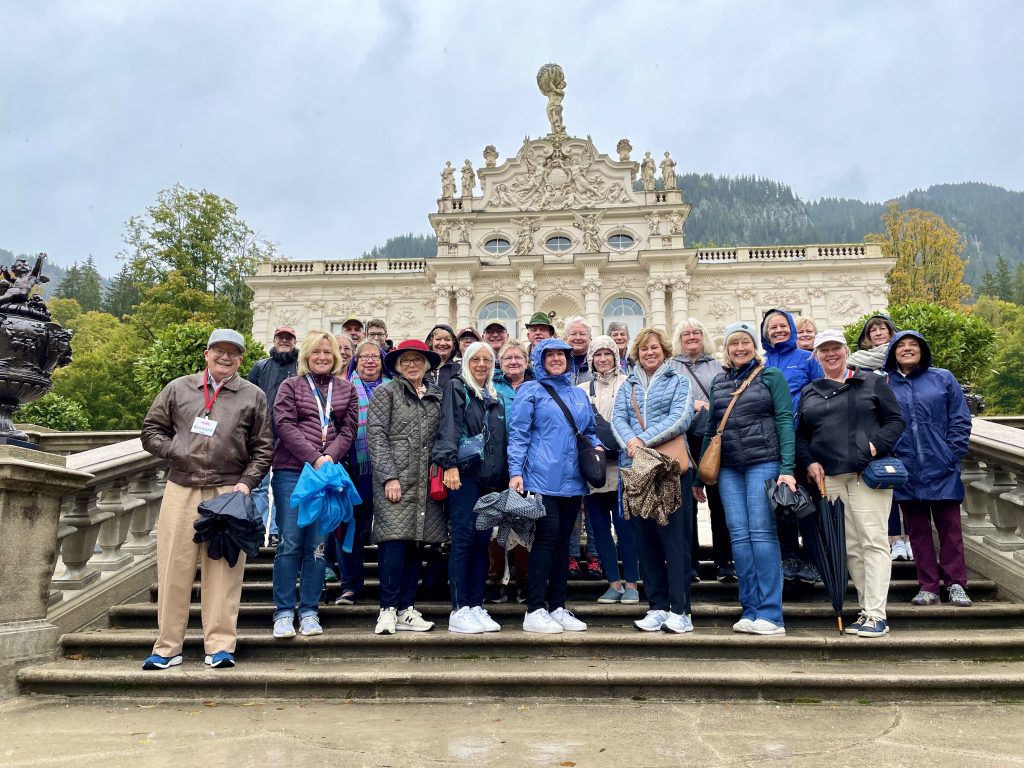

Oberammergau
We spent the night in Munich before heading to Oberammergau after breakfast. Oberammergau is a lovely village with so much medieval charm. There are many quaint shops, a museum, Lutheran church, and woodcarving workshop.

Some of our group attended the morning service at the Lutheran Church, and our very own Pastor John Heckmann was invited to do the Gospel readings. It was a lovely, spirit-filled, and peace-filled service with a kind pastor and extraordinary organist. Attending that church service was truly one of the trip’s highlights for me personally.
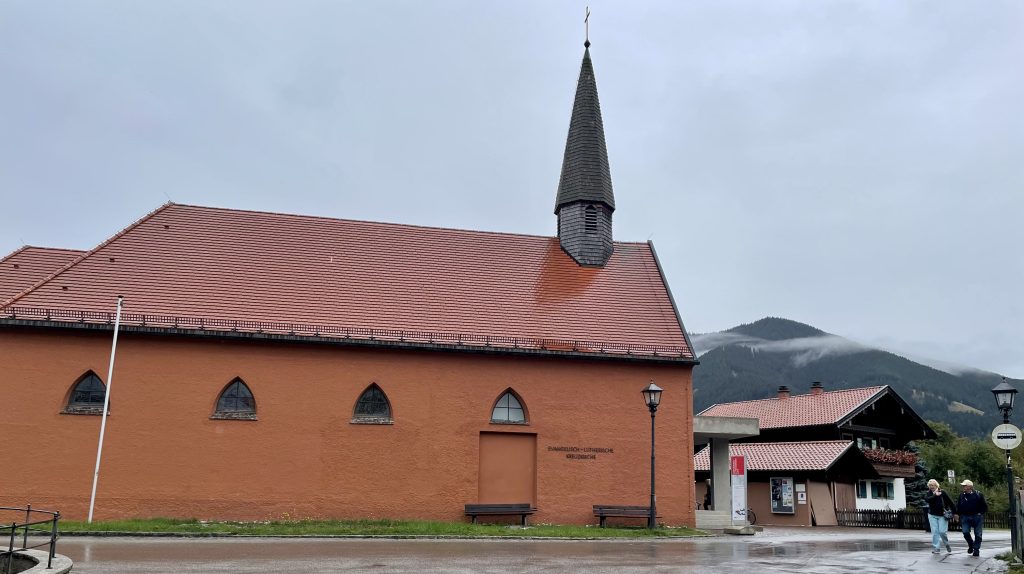
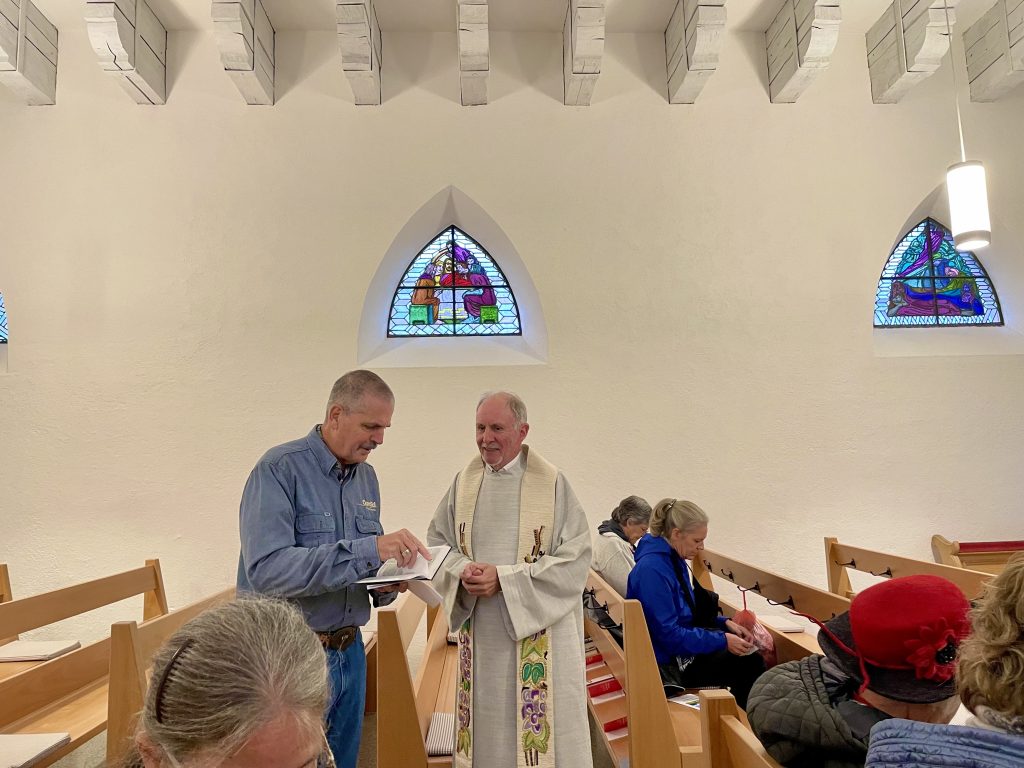
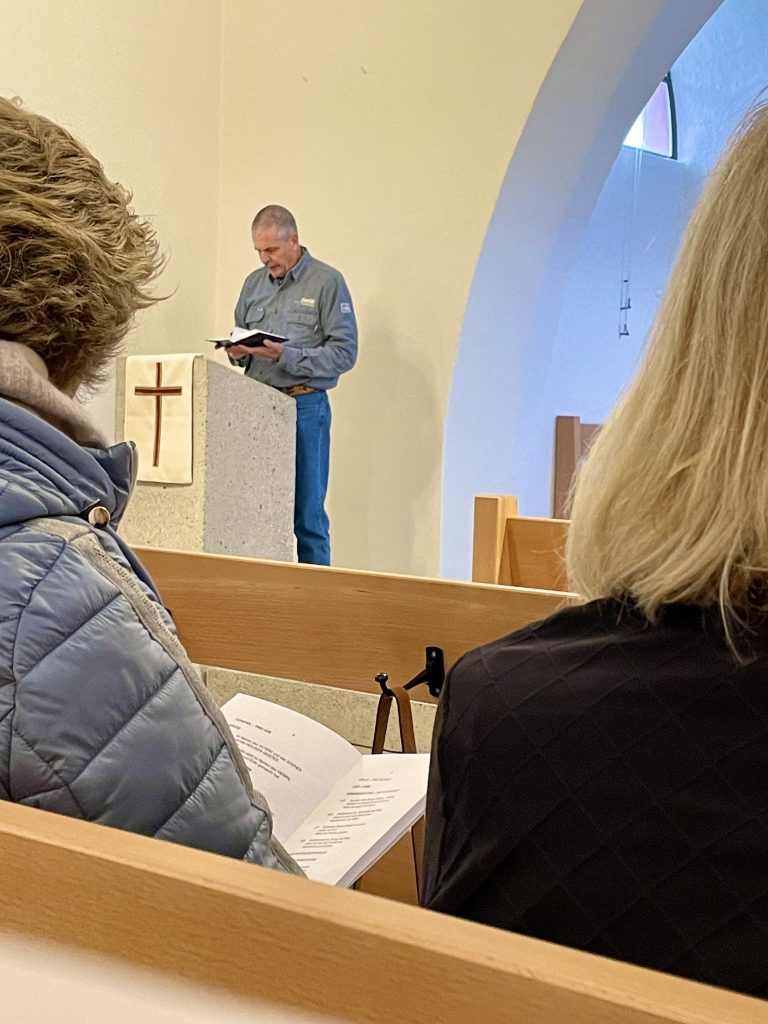
The Passion Play
Then it was time to attend the Passion Play! The whole town organizes it’s meal schedules and staff around showtime so that everyone can participate serving behind the scenes or actually taking part in the play itself.
The history of the Oberammergau Passion Play begins in 1633. In the midst of the Thirty Years’ War, after months of suffering and dying from the plague, the people of Oberammergau pledged to act out the play of the suffering, death and resurrection of our Lord, Jesus Christ once every 10 years. The promise has been kept until this year when it had to postponed from 2020 to 2022 due to COVID.
The entire play is delivered in German, however the text book is all in English and is very easy to follow. It tells about the choir, what music they are singing, and the dialogue of the actors so that you always know where they are in the storyline.
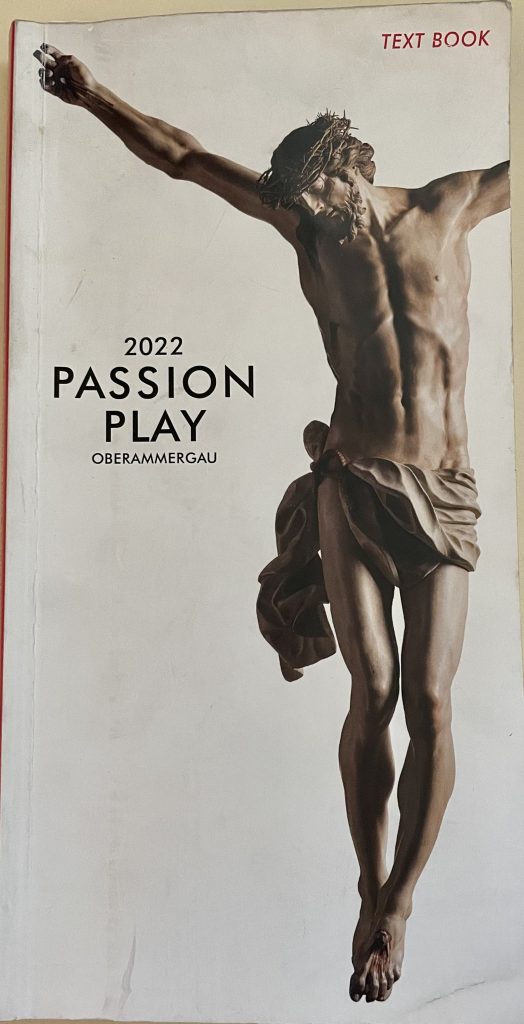
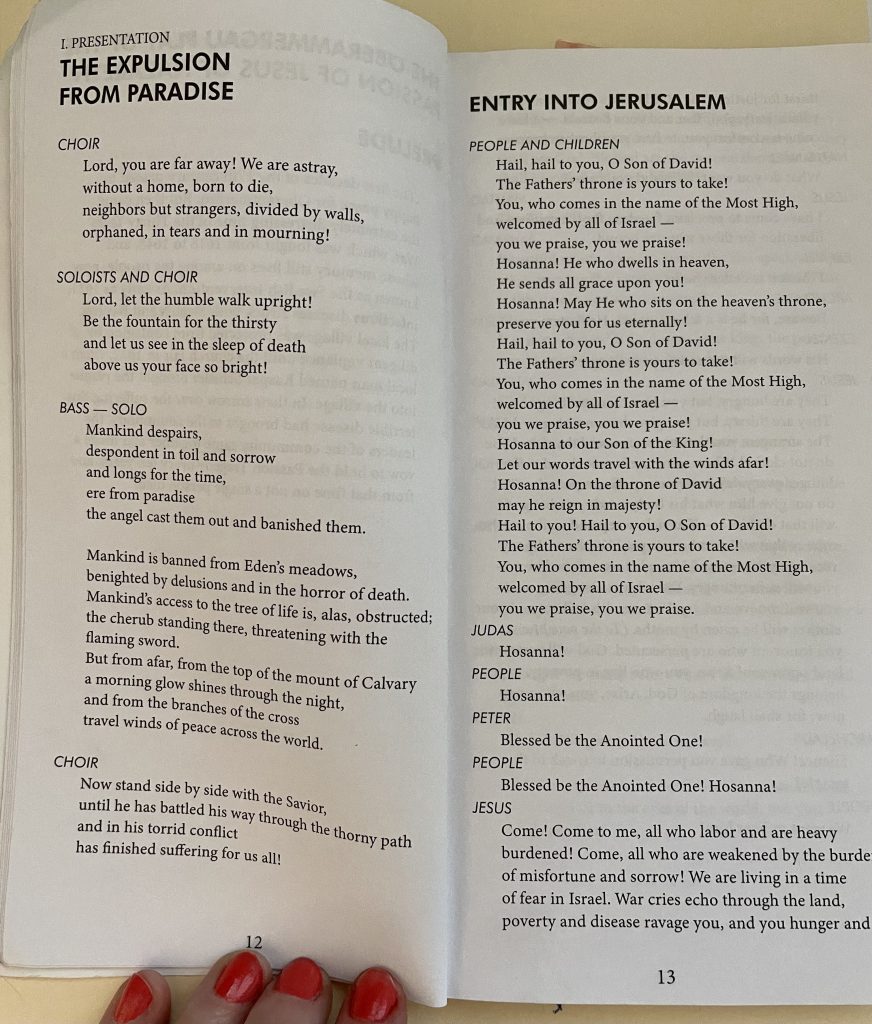
No pictures are allowed during the five hour performance (split into two segments with a long intermission in between), but their website has beautiful pictures to peruse.
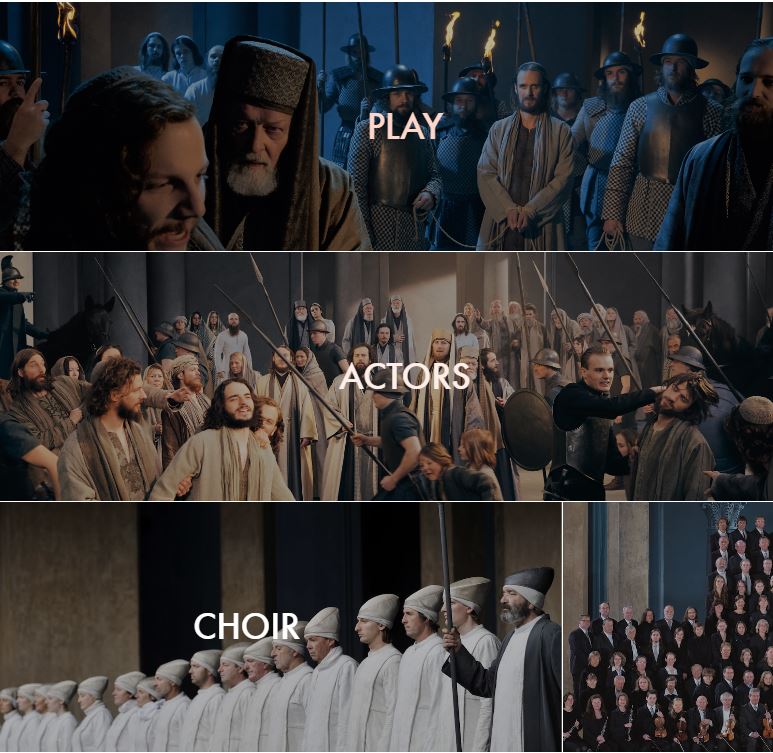
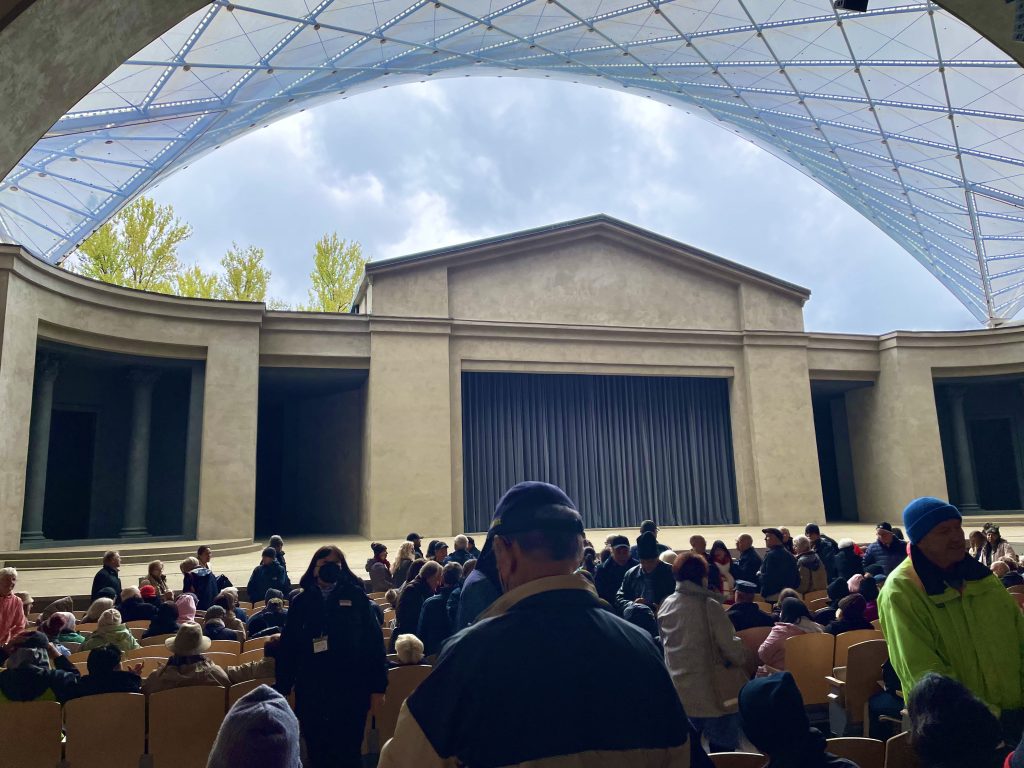
I snapped a few of the venue and scenery before the play actually began. It is covered, but not enclosed, so be sure to bundle up if it is cold. We had blankets for our laps, winter coats, mittens, scarves and warm socks to keep warm. Here we are!
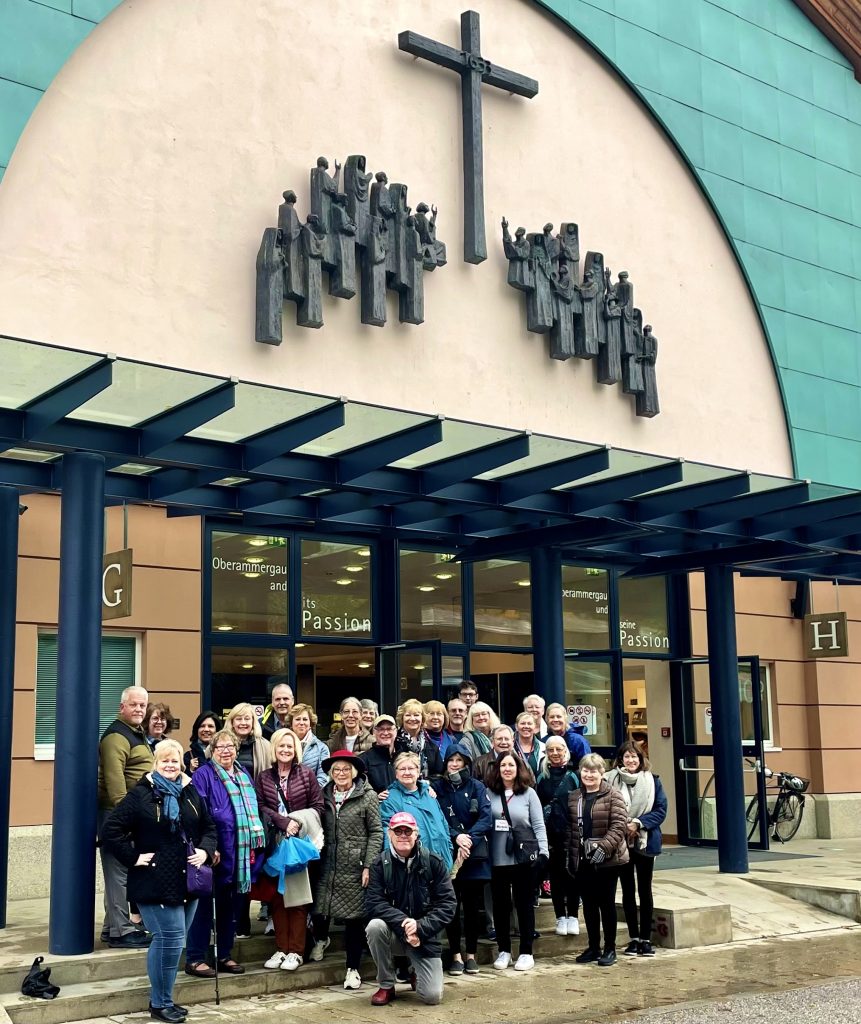
The next morning, we headed to the airport bound for home in the United States. Walking in Luther’s footsteps was truly an amazing learning adventure. God used Luther in significant ways in the church, and the work that Luther and his fellow reformers did still carries the Protestant churches today.
Praise God for Martin Luther.
Related Posts:
- Best Bible Reading Plans
- Warriors in the Bible: 13 Essential Life Lessons to Learn
- 50 Motivational Bible Verses About Aging Gracefully
About the Author
Although Donna is a Lutheran and sought-after Bible teacher, her path from being unchurched to become passionate about sharing Jesus was not easy. Go here to read her God-breathed journey, “From Unchurched to Becoming a Multi-Published Author and Sought-After Speaker.” If you want to send Donna a quick message, then visit her contact page here.
{Some of these links are affiliate links. This means if you make a purchase through that link, the ministry may receive a small commission at no extra cost to you. Thank you for your ministry support!}
{Some of these links are affiliate links. This means if you make a purchase through that link, the ministry may receive a small commission at no extra cost to you. Thank you for your ministry support!}

